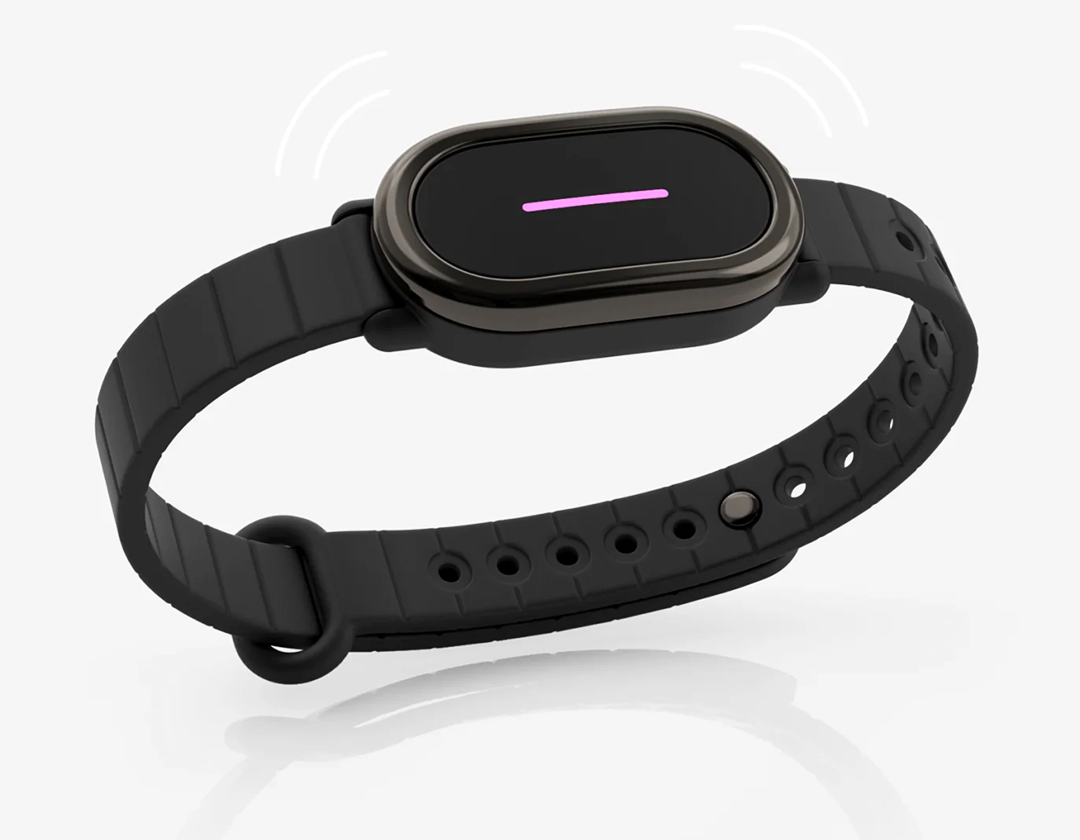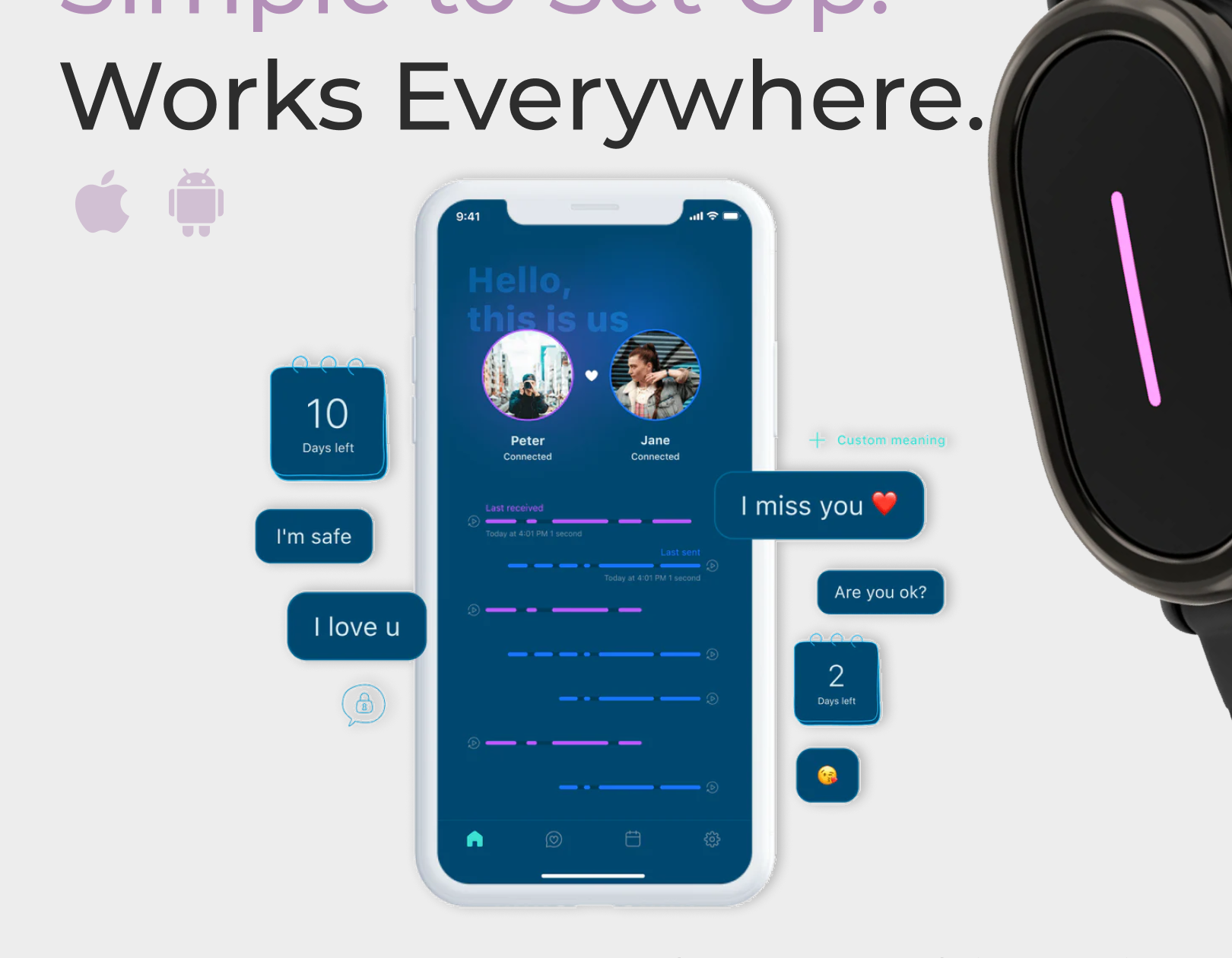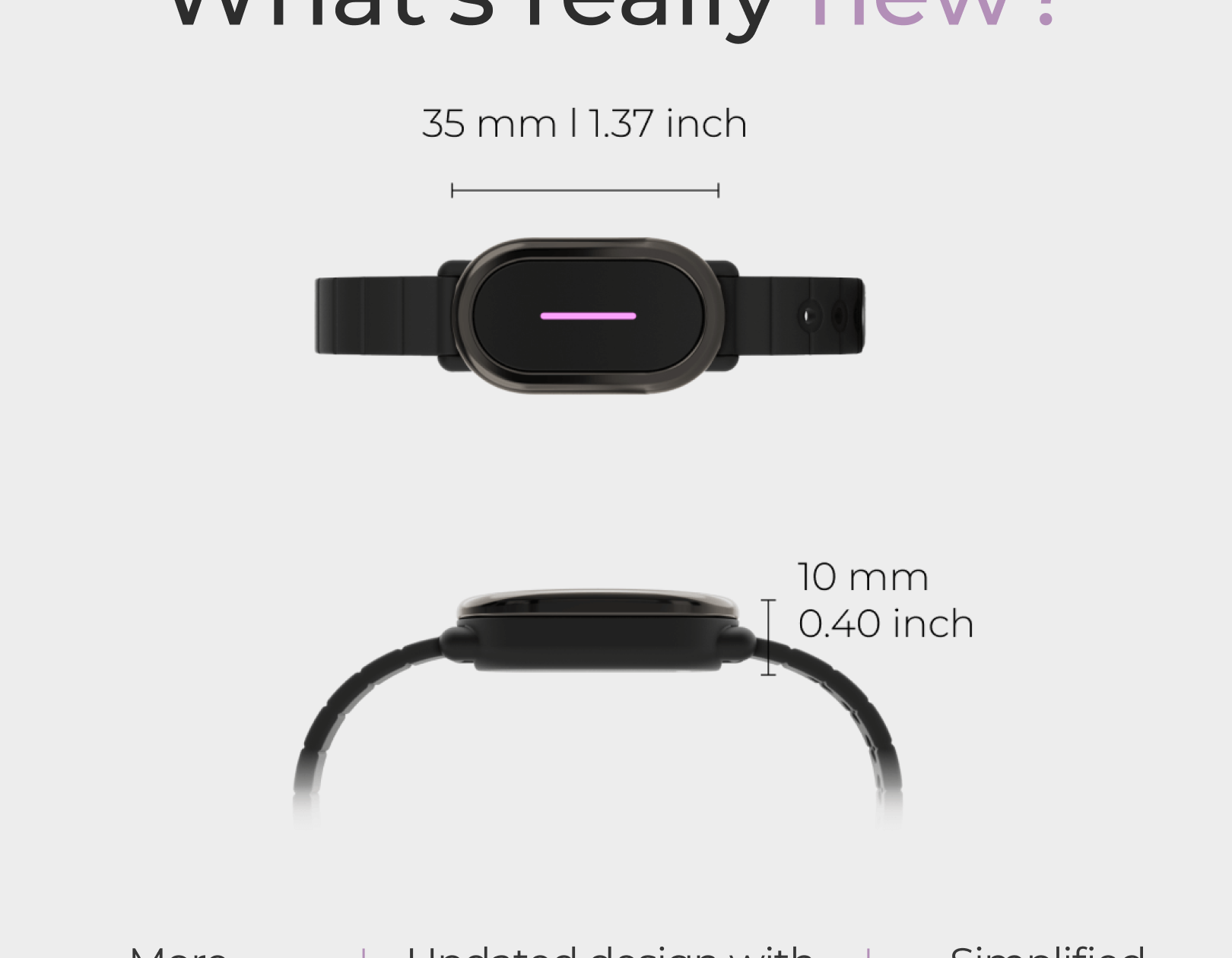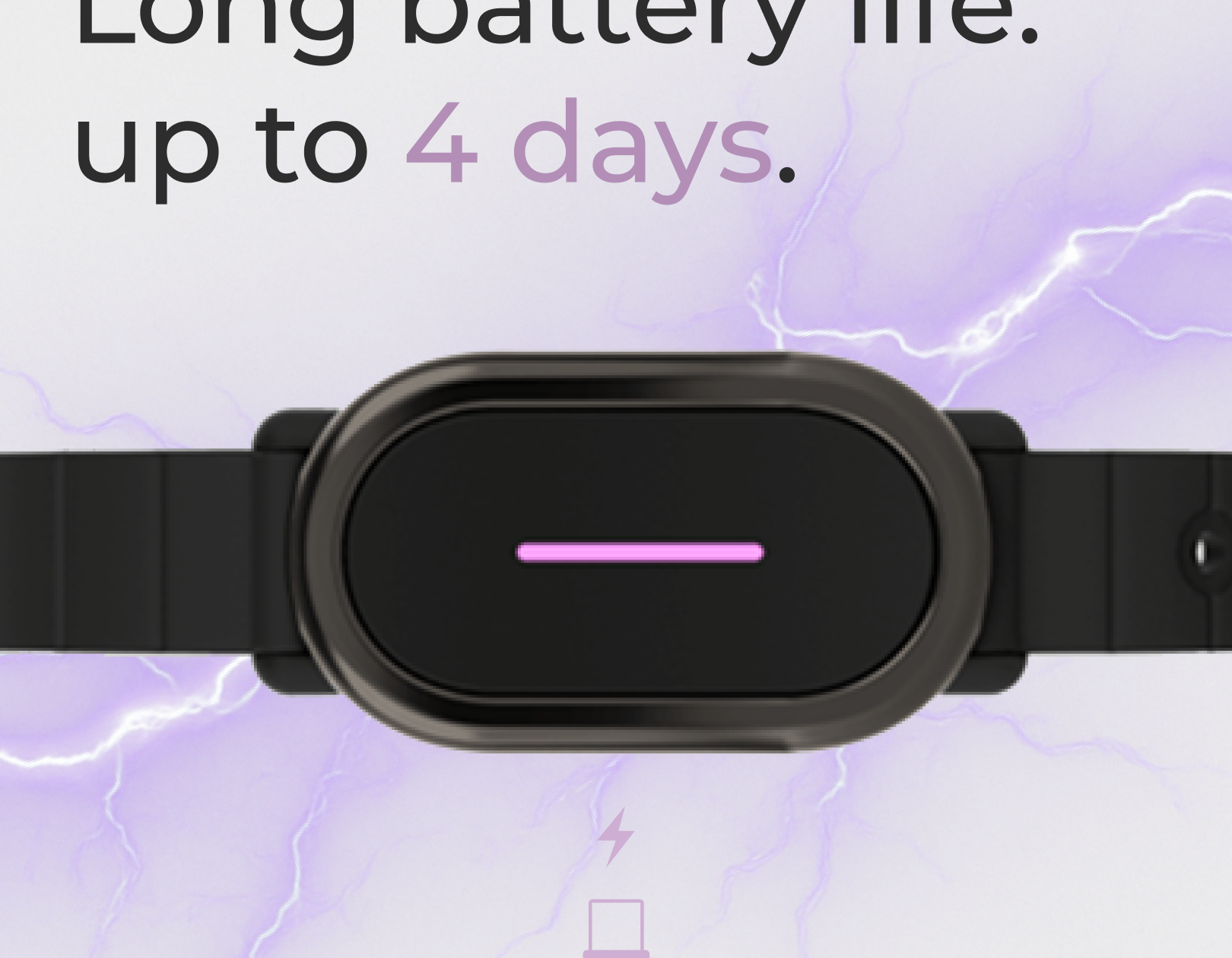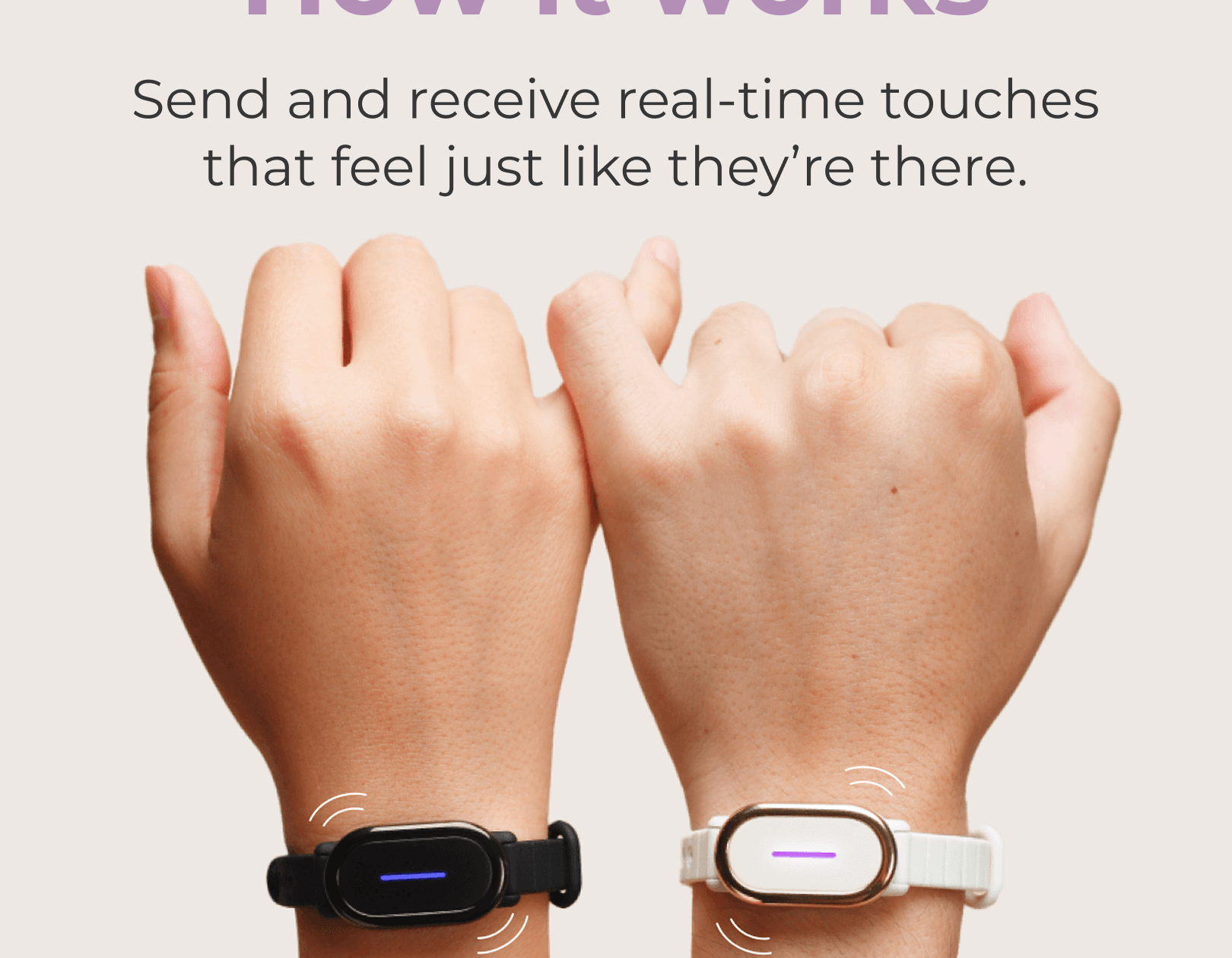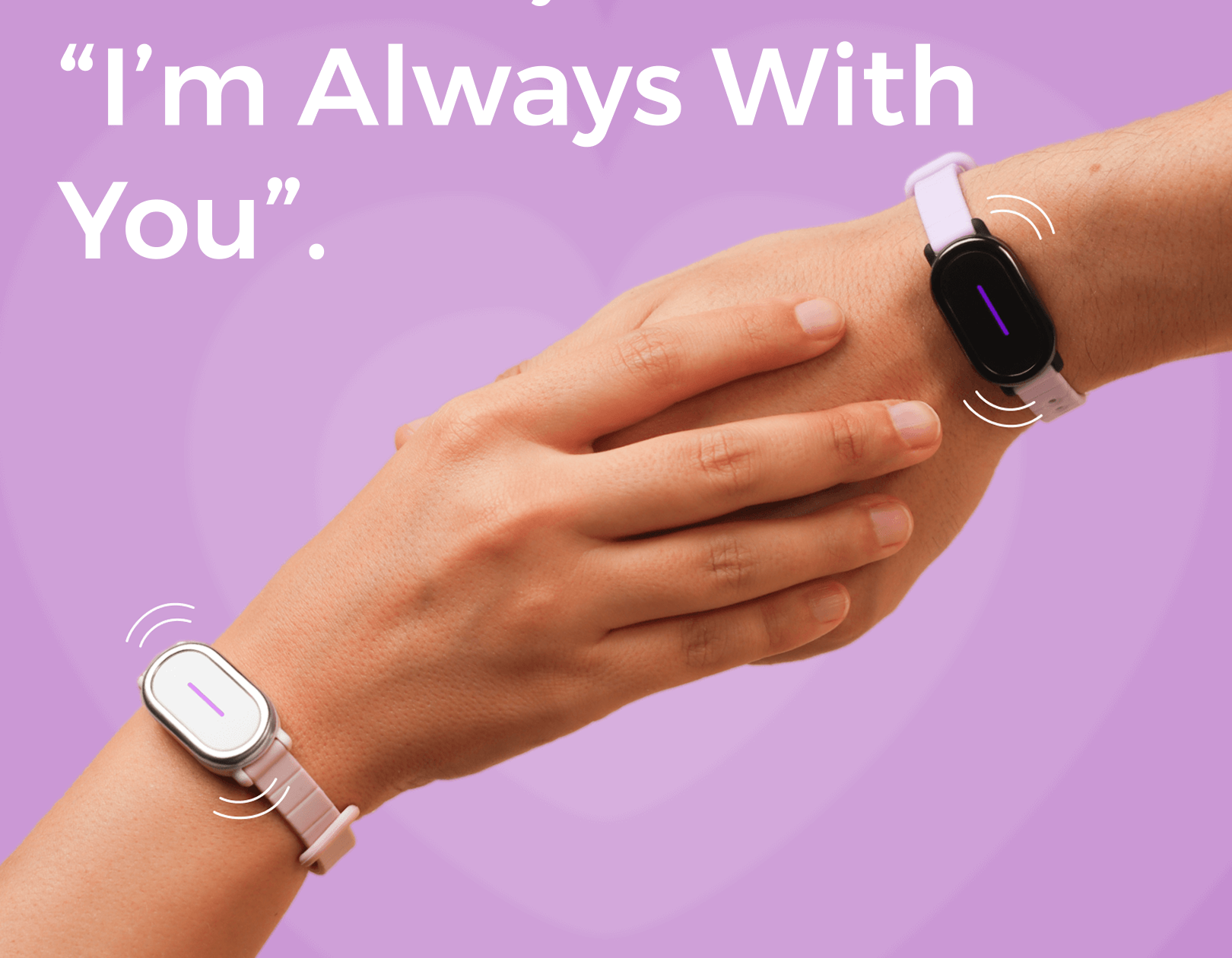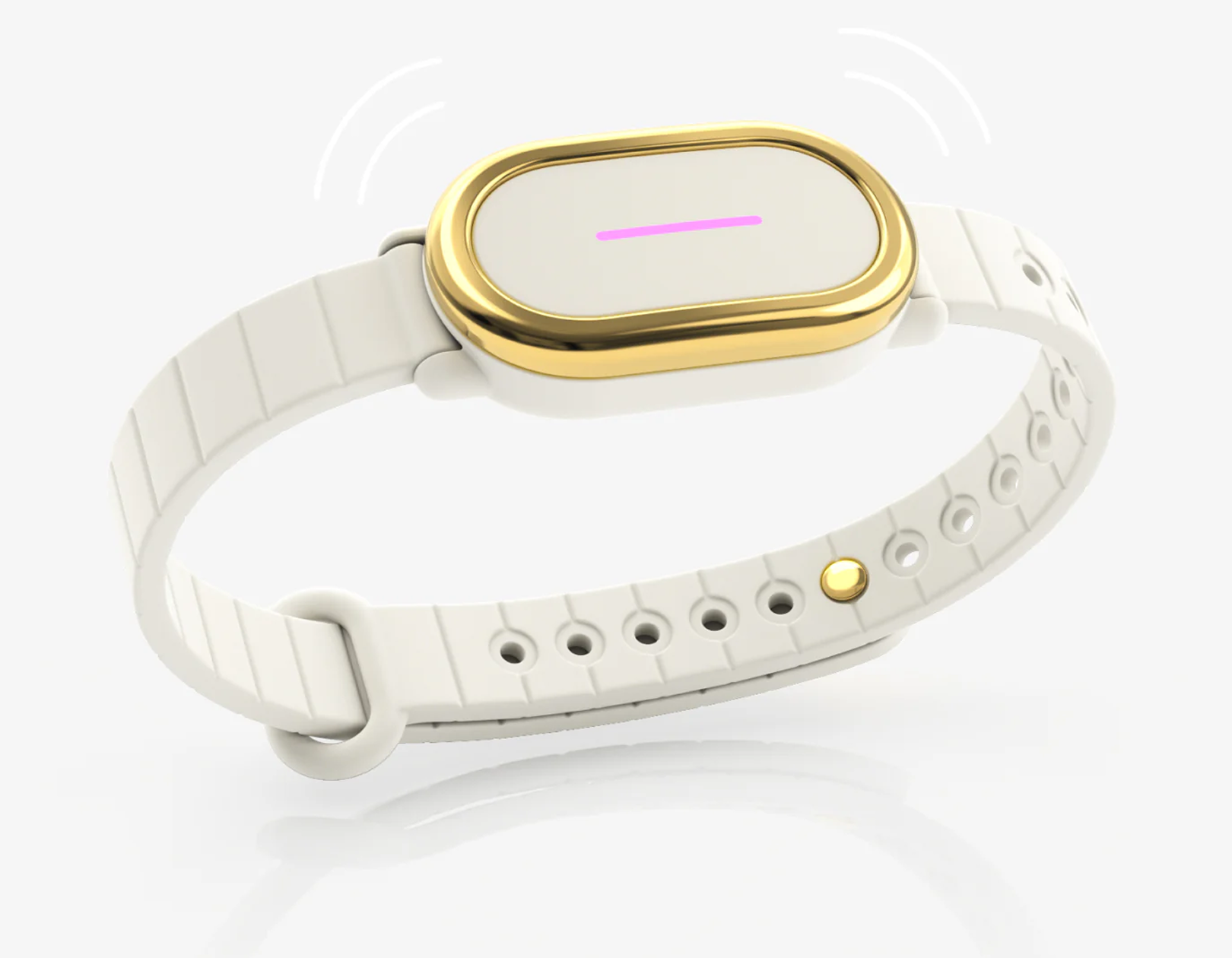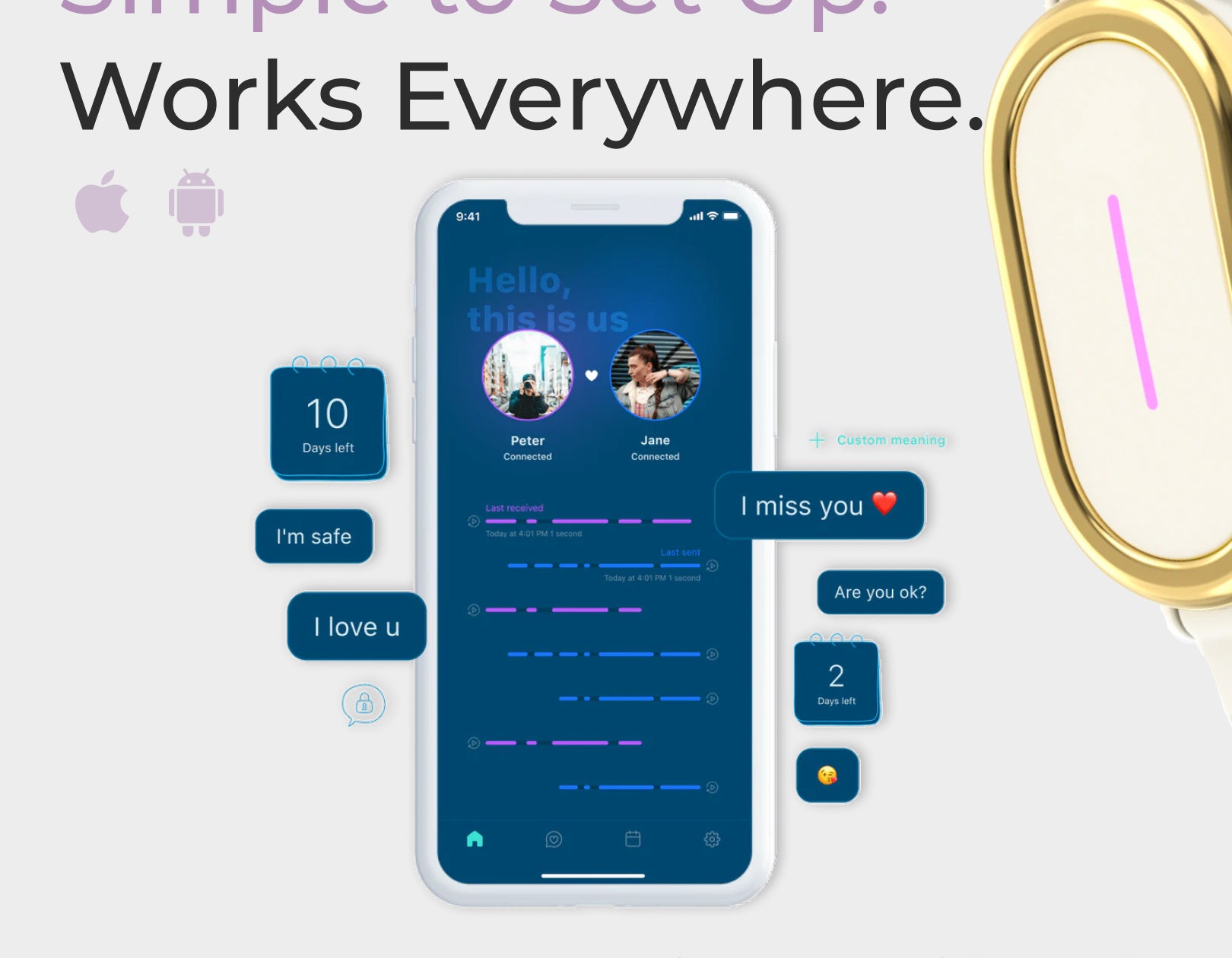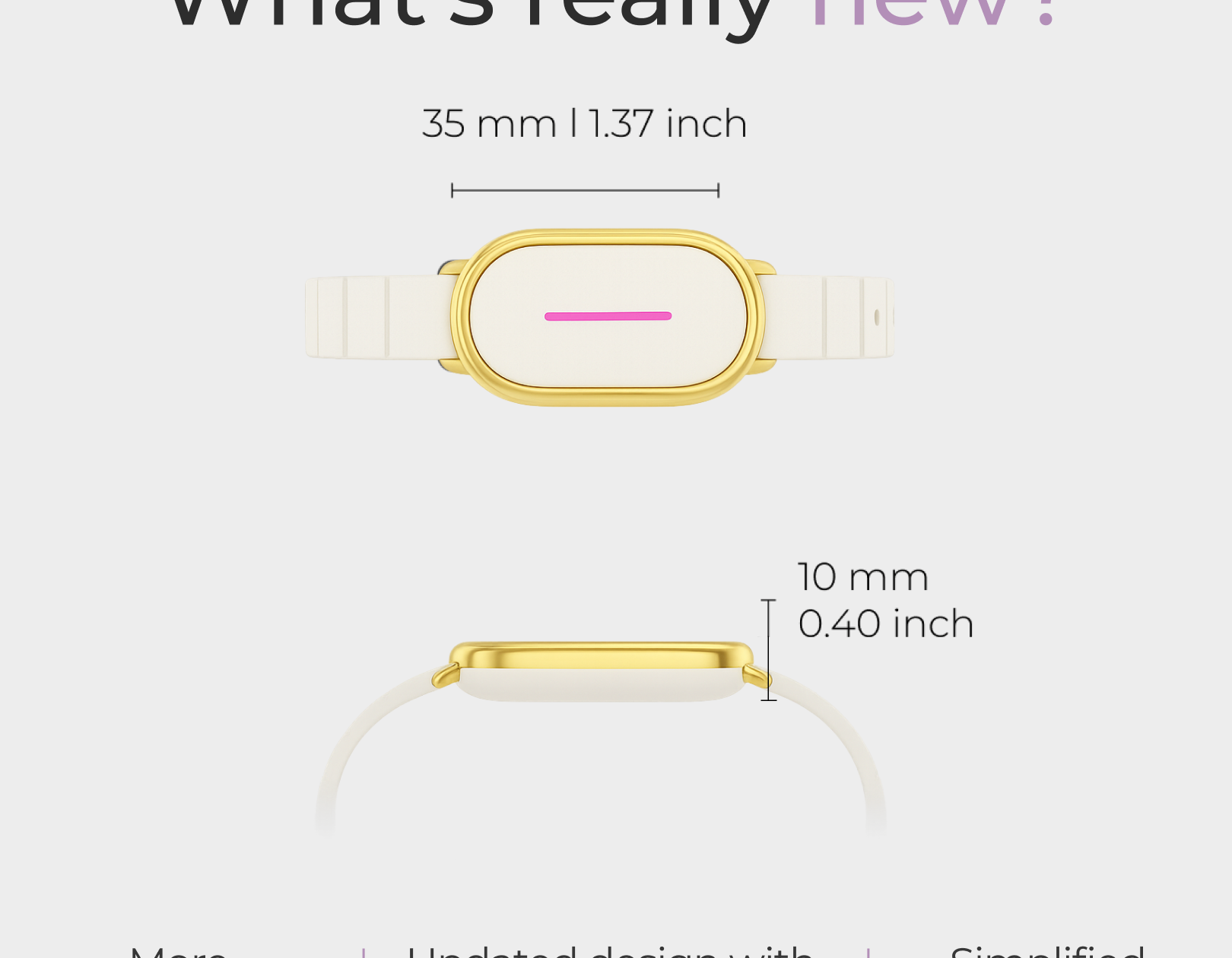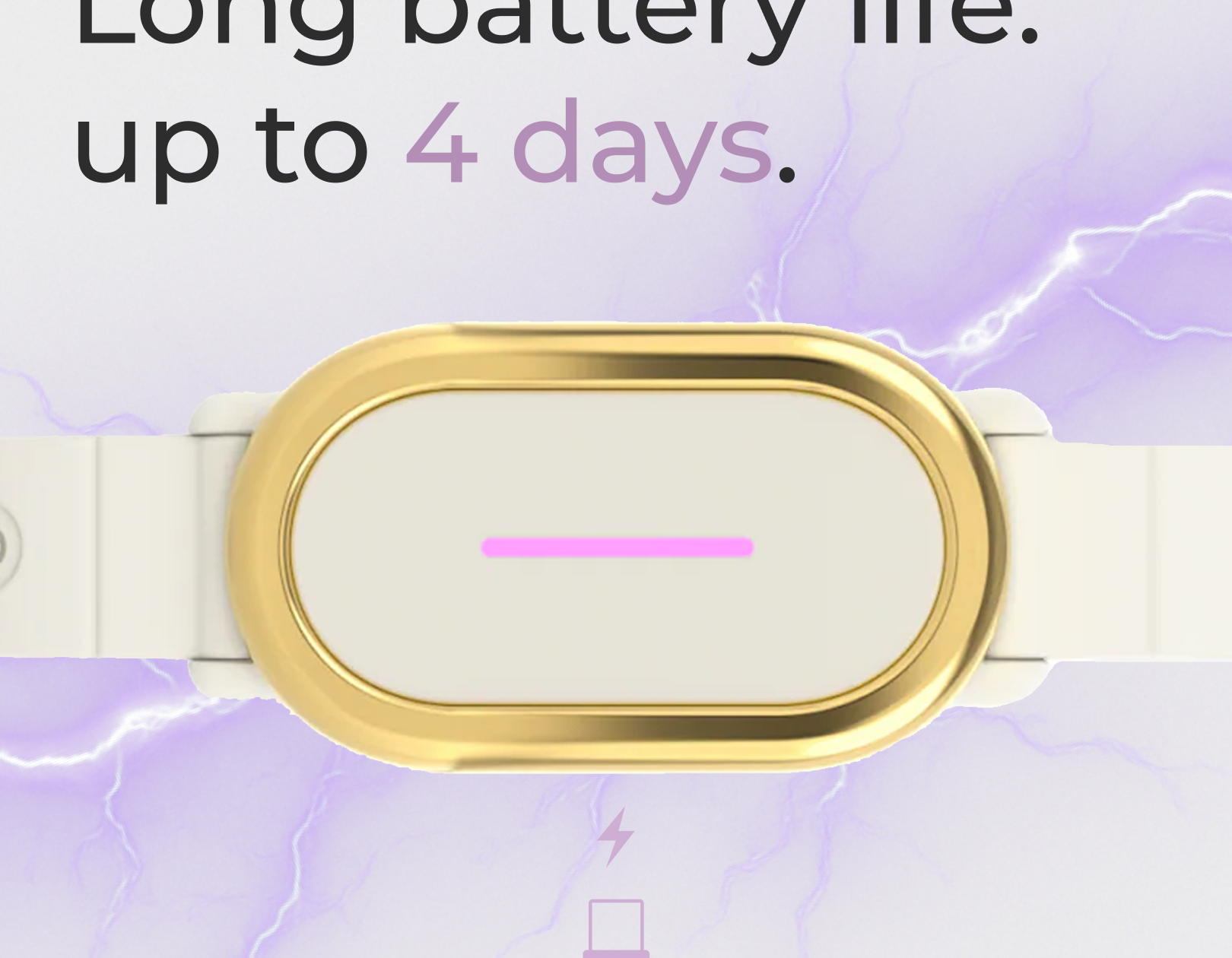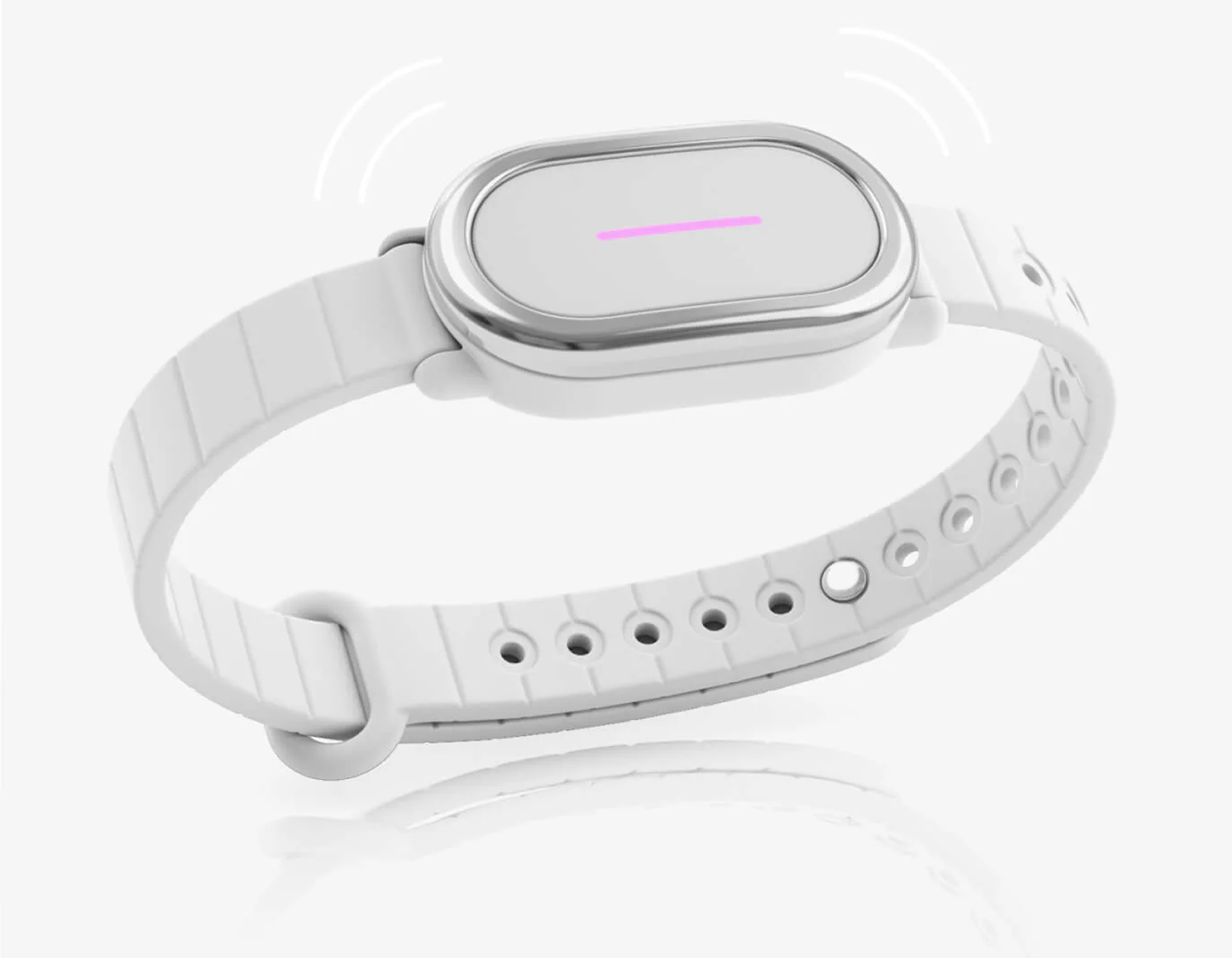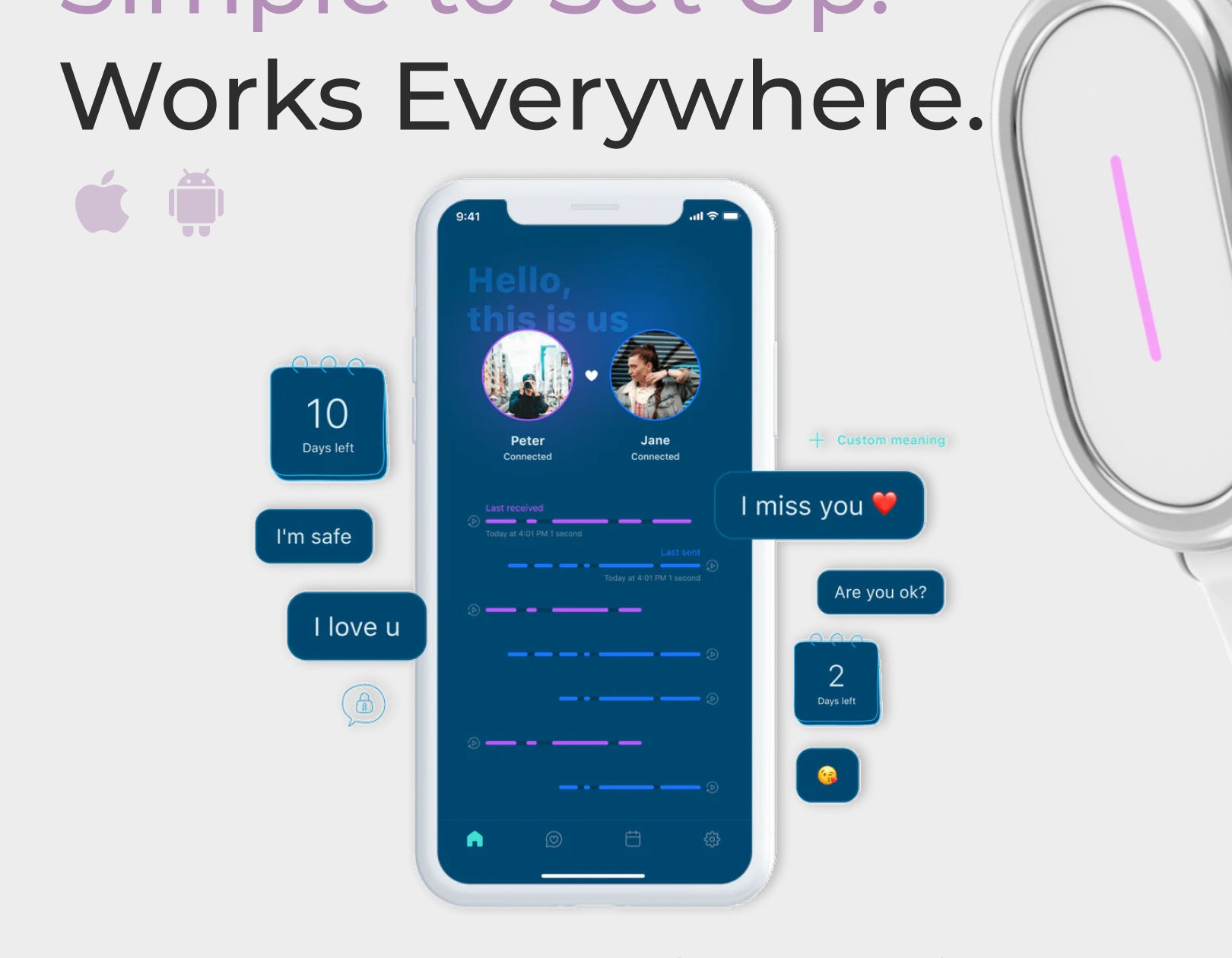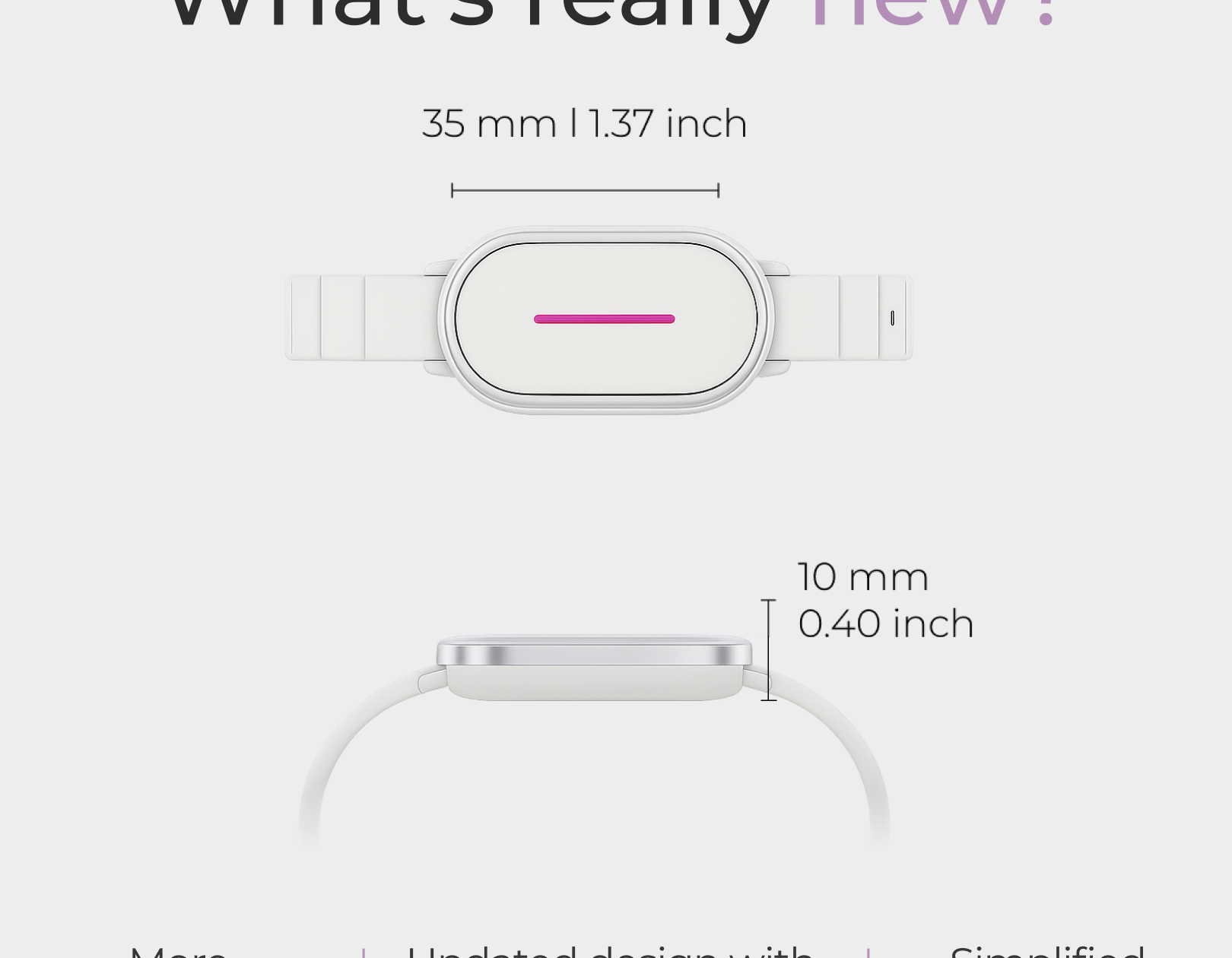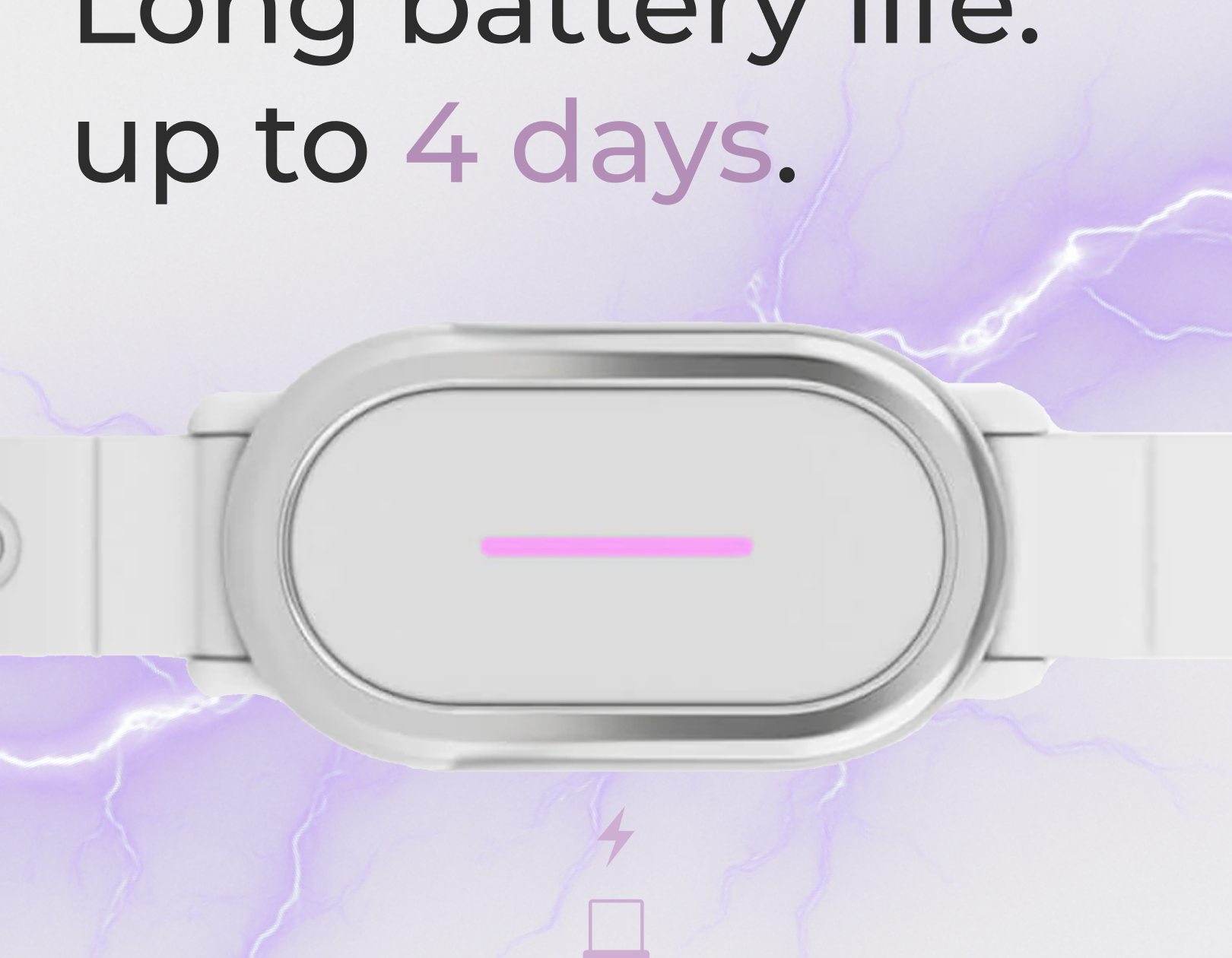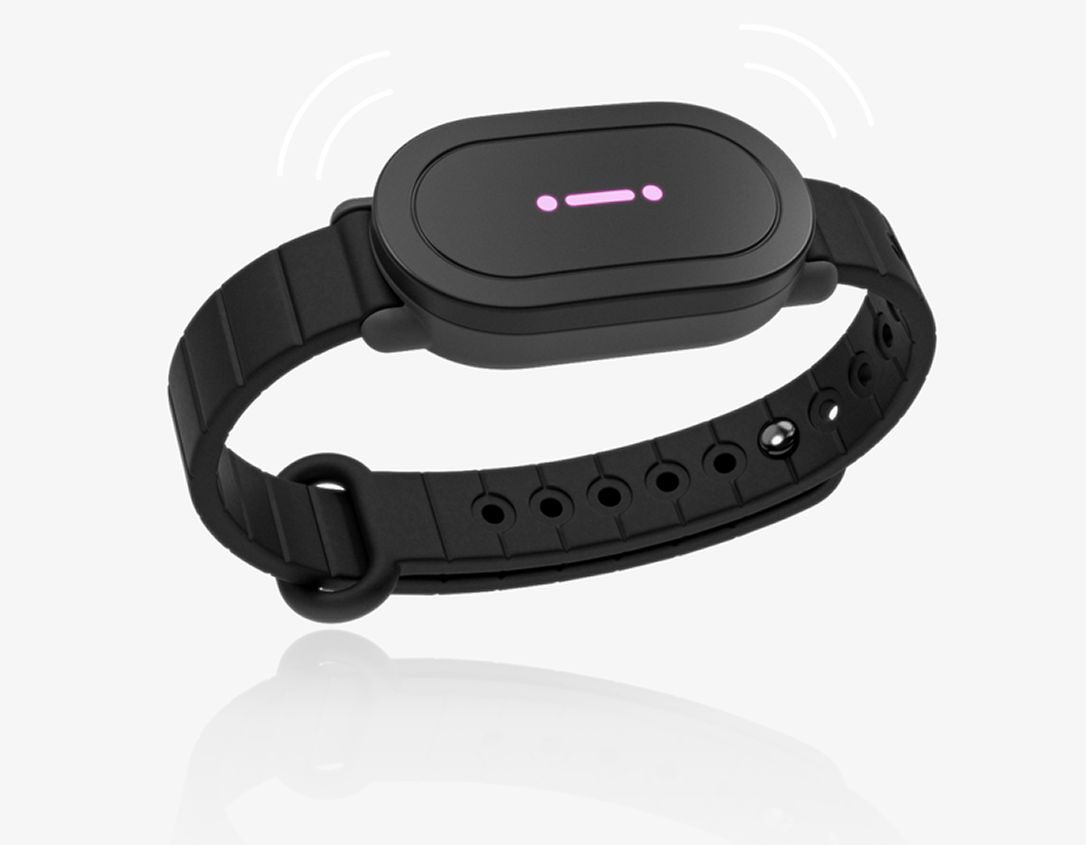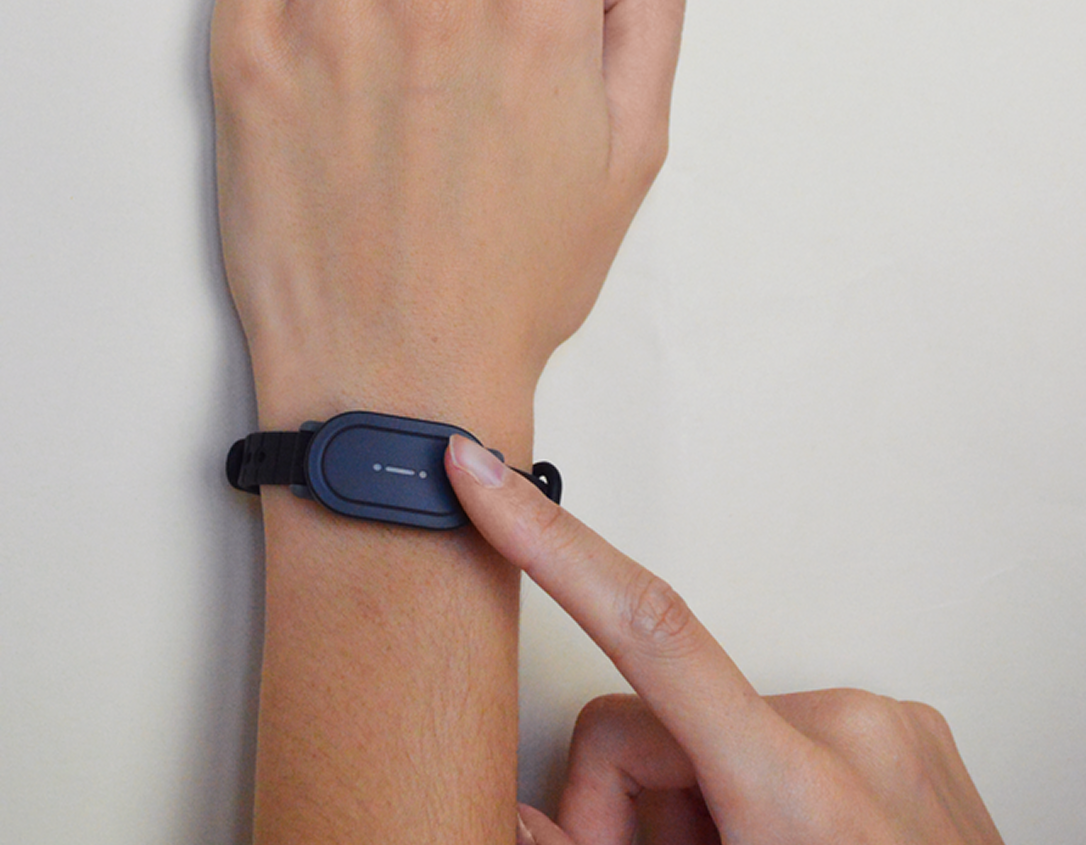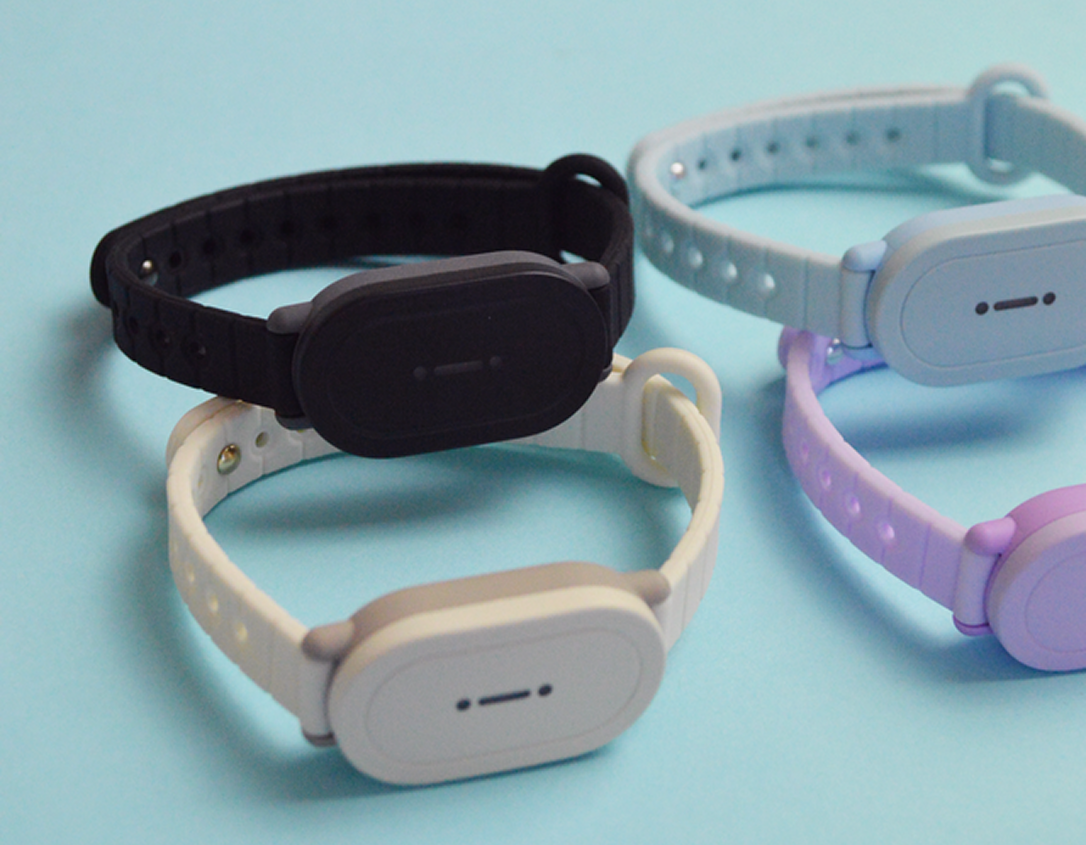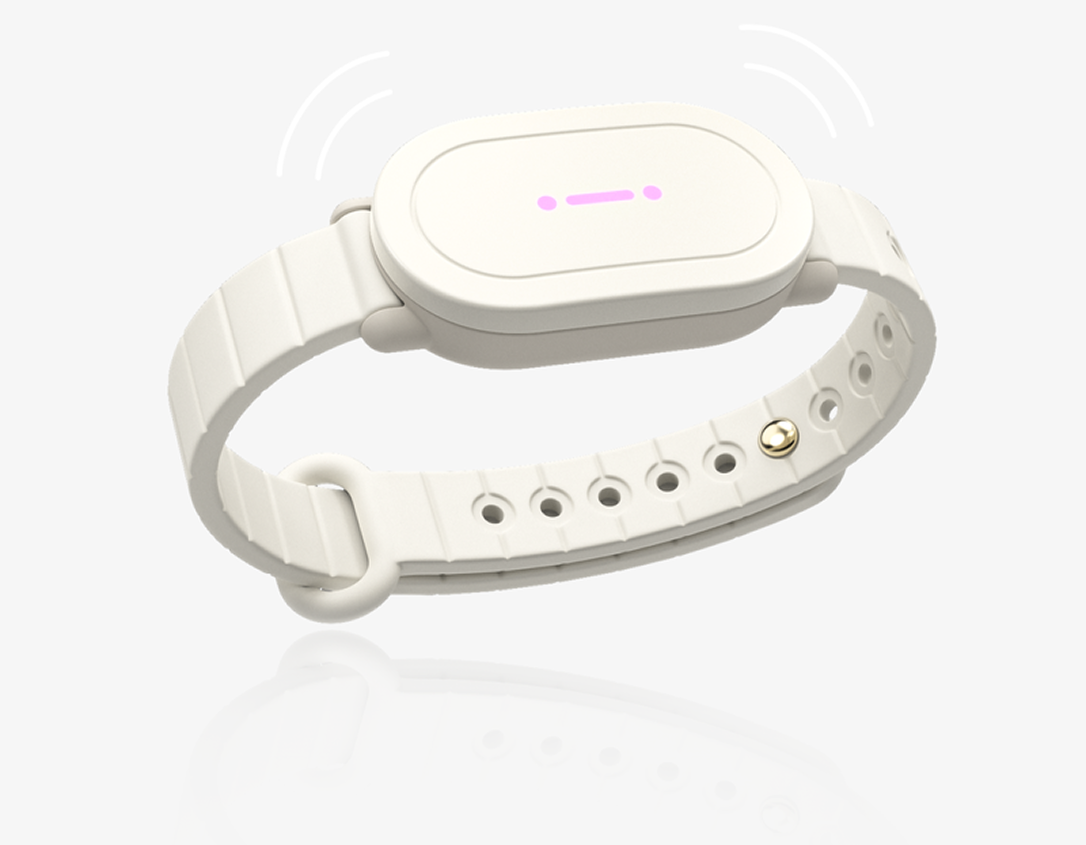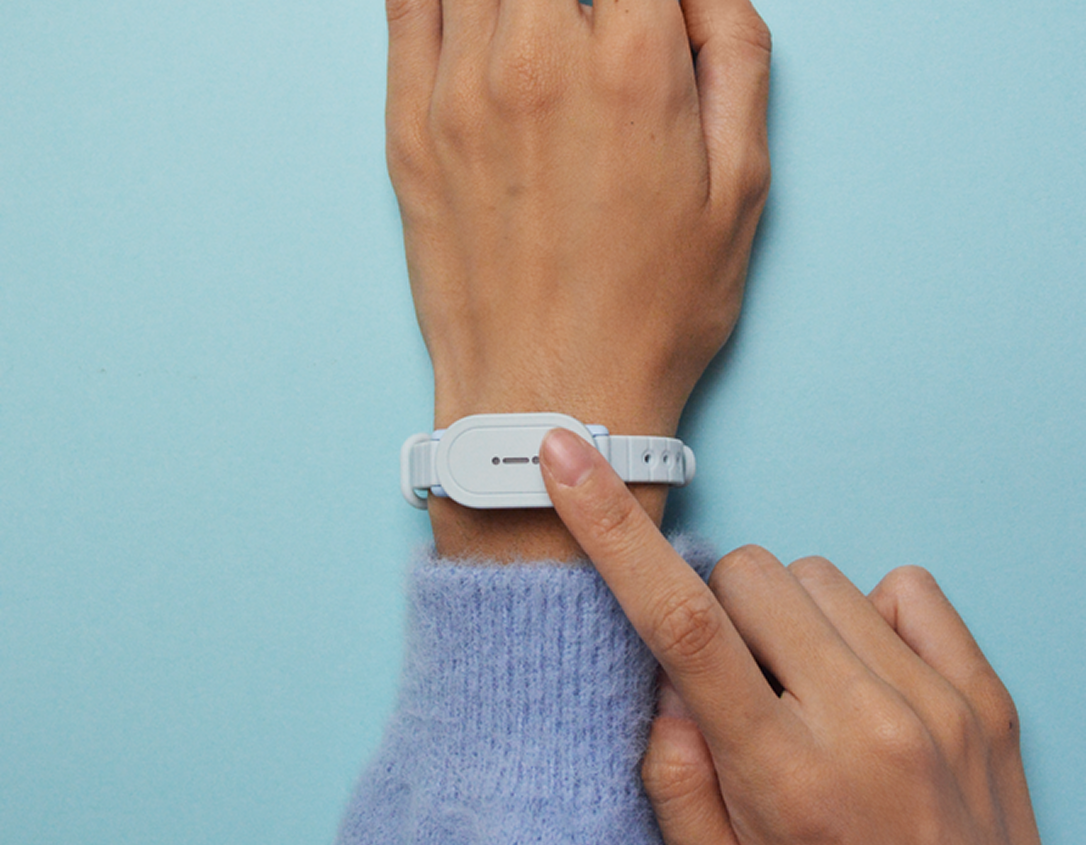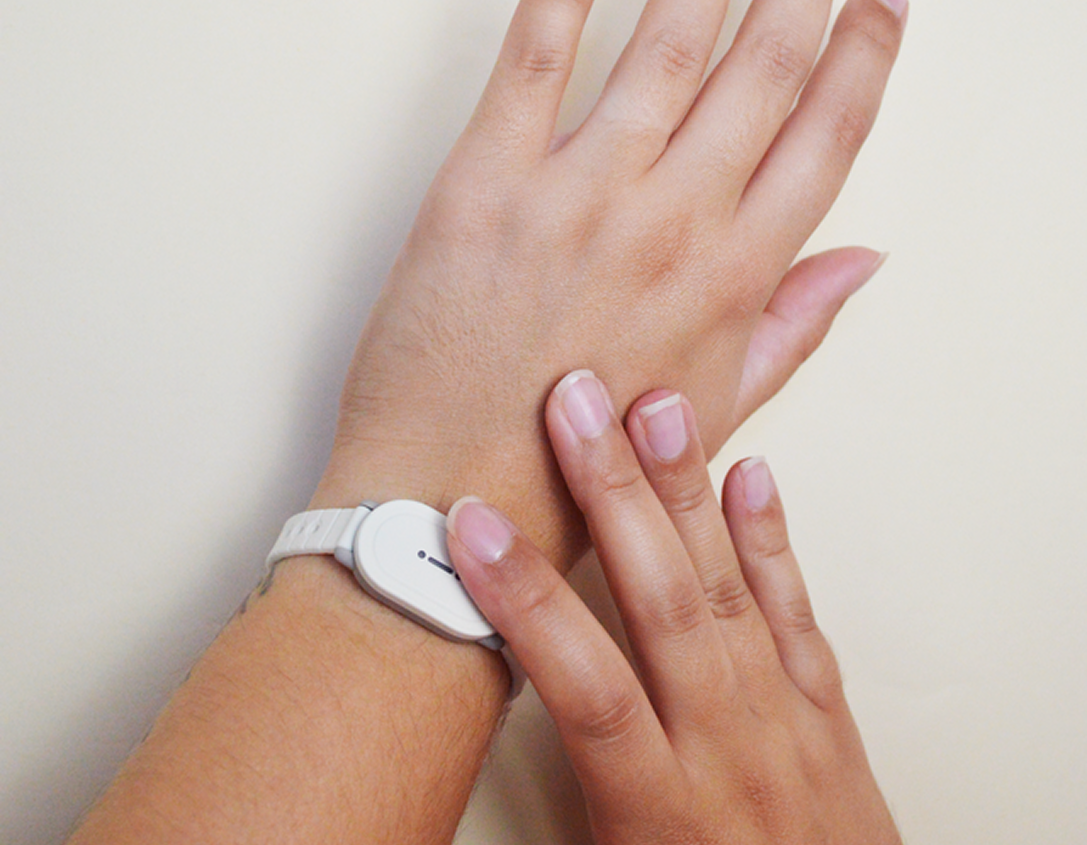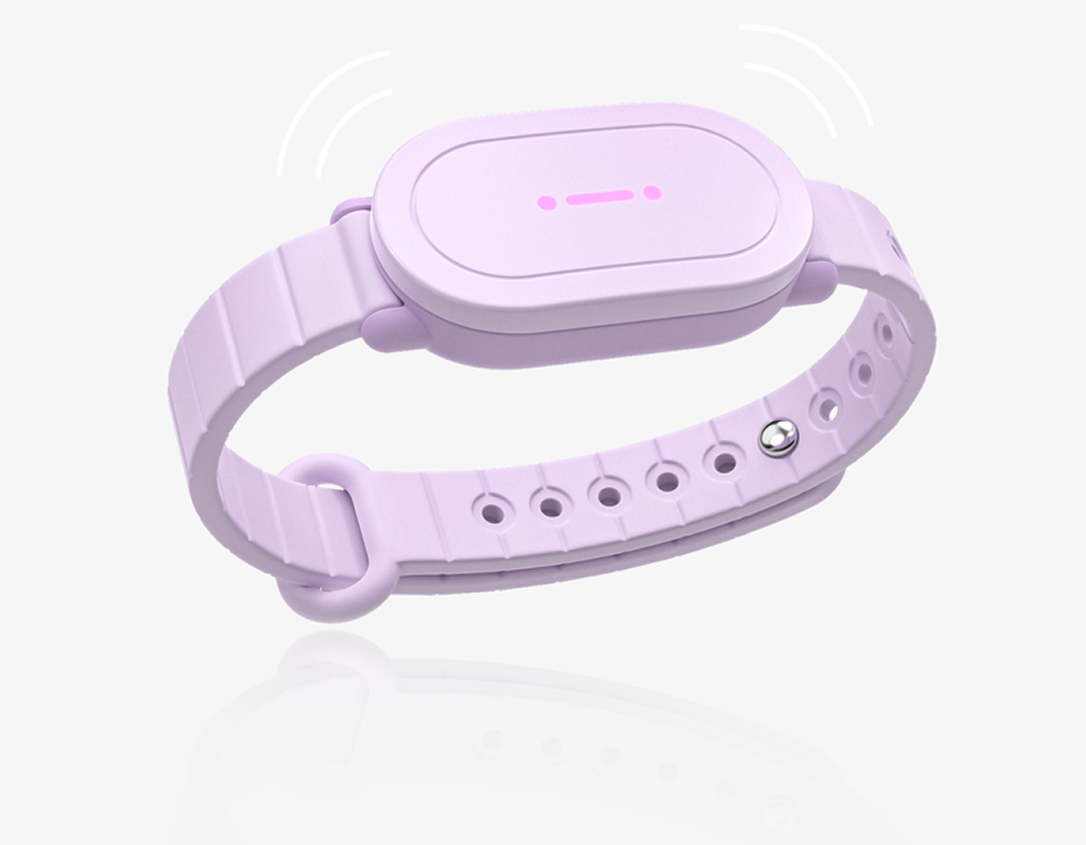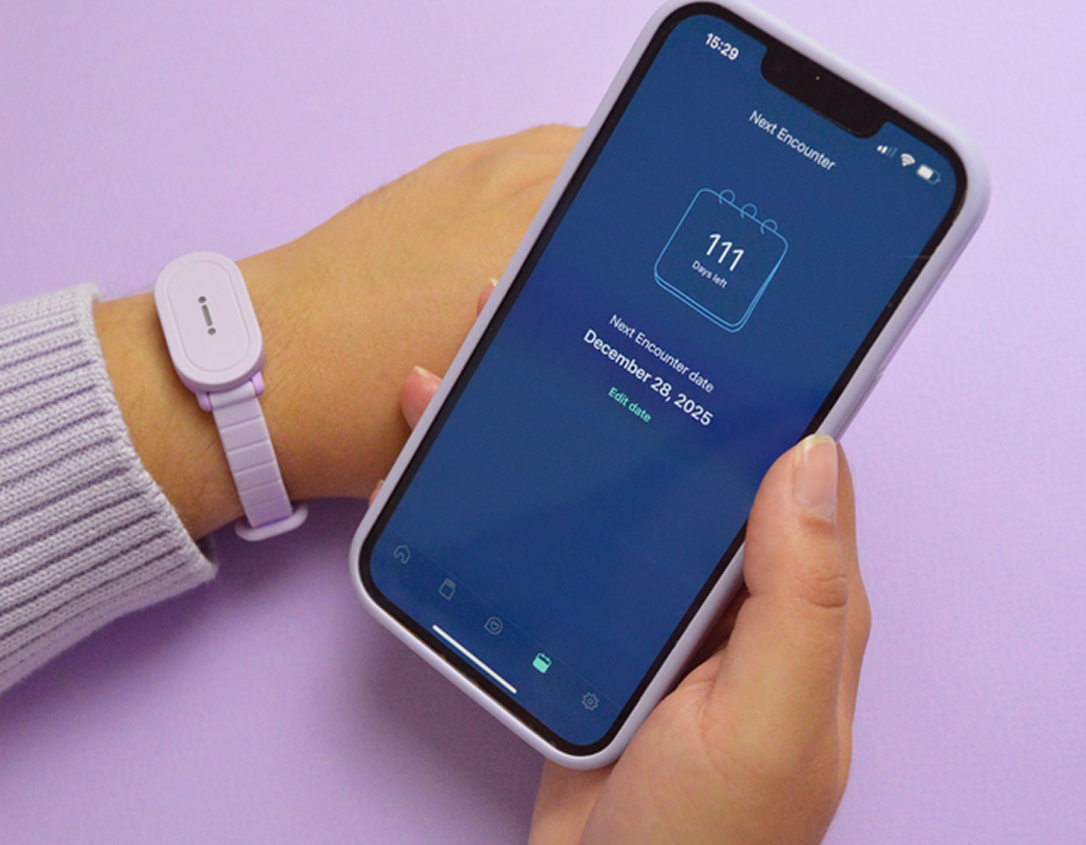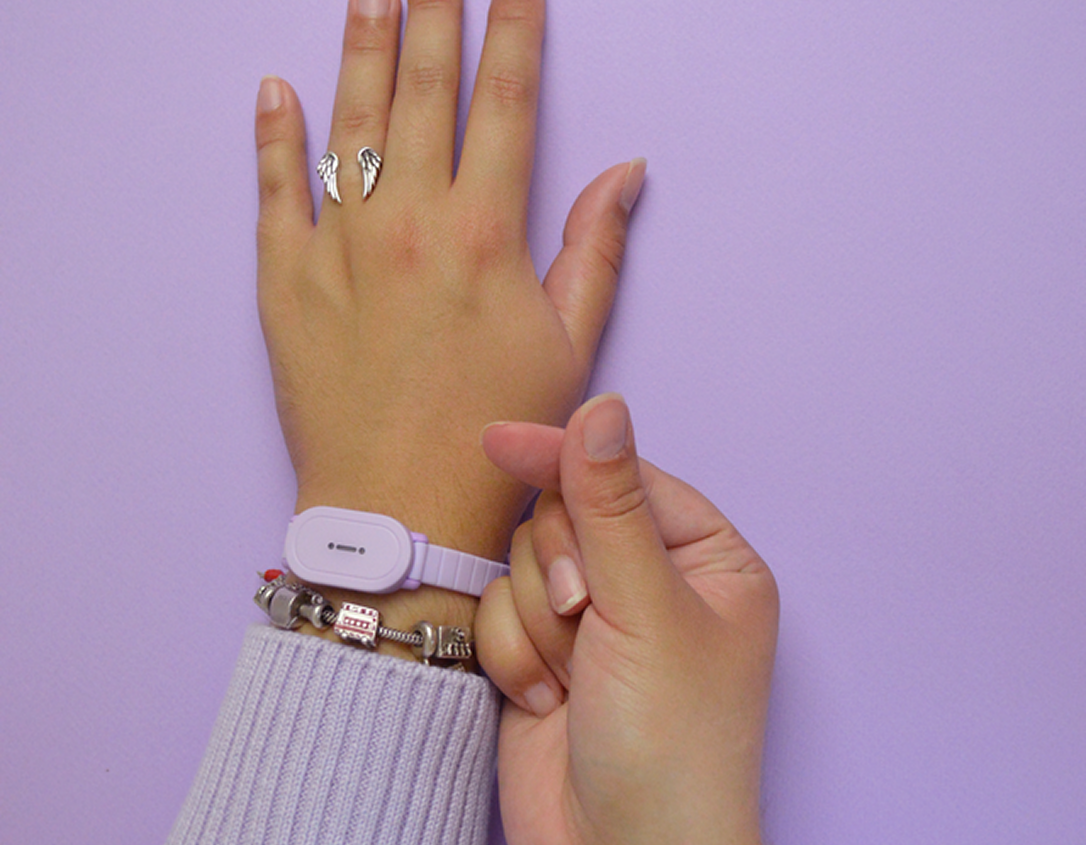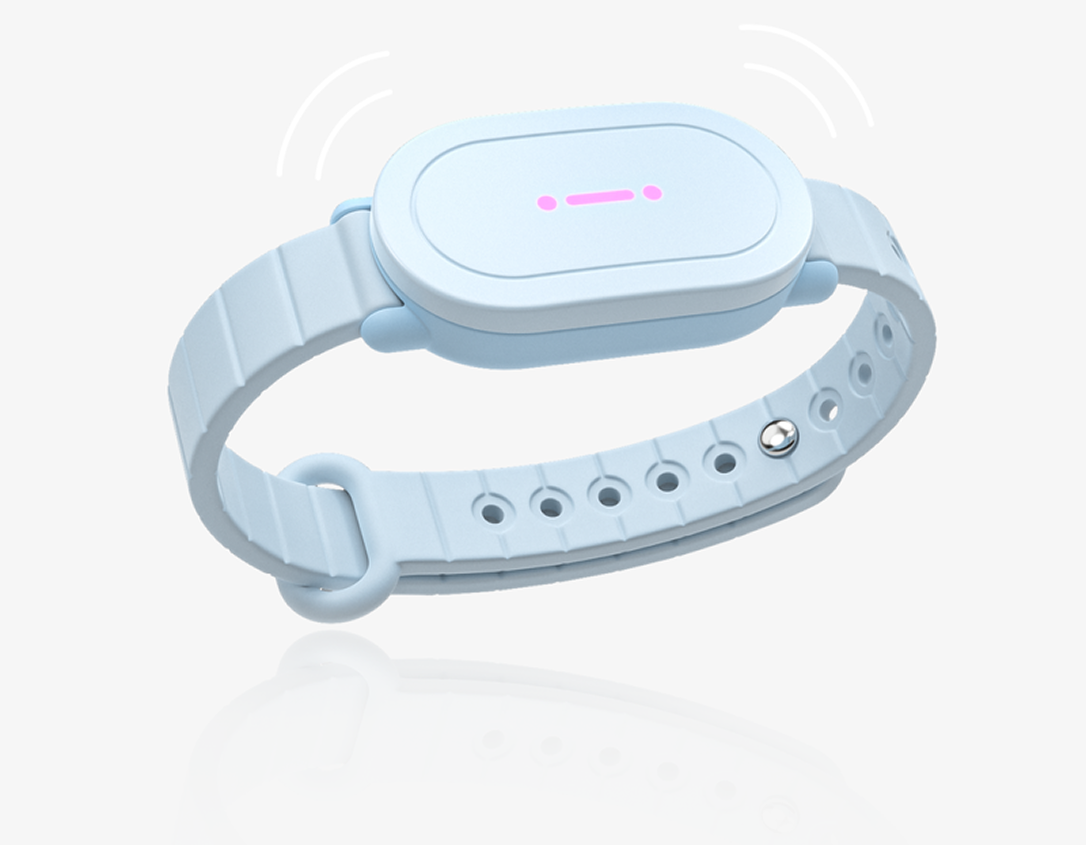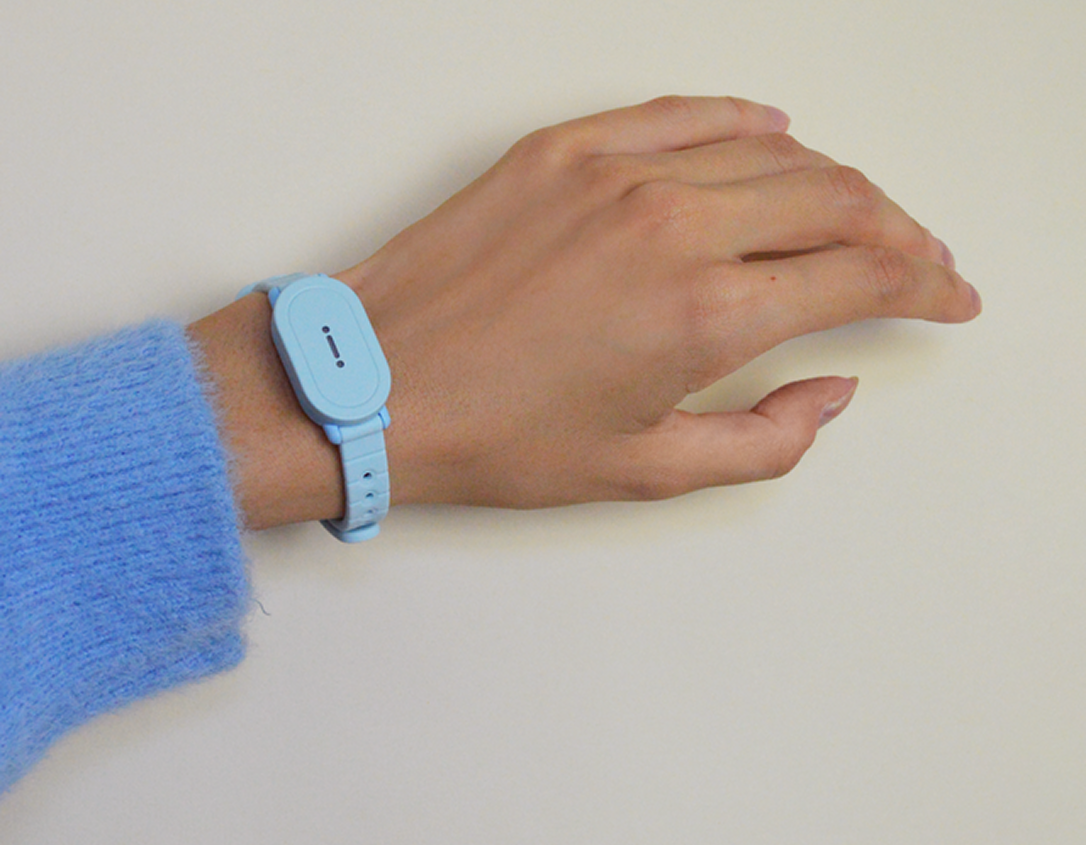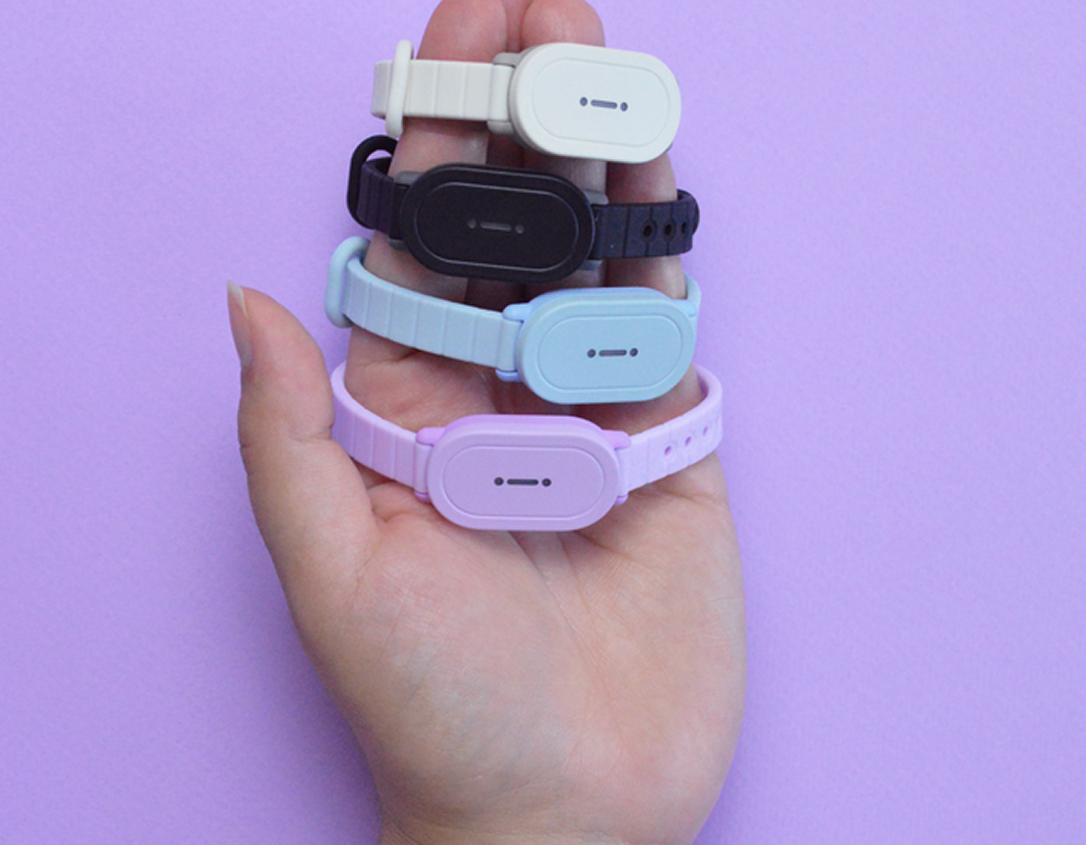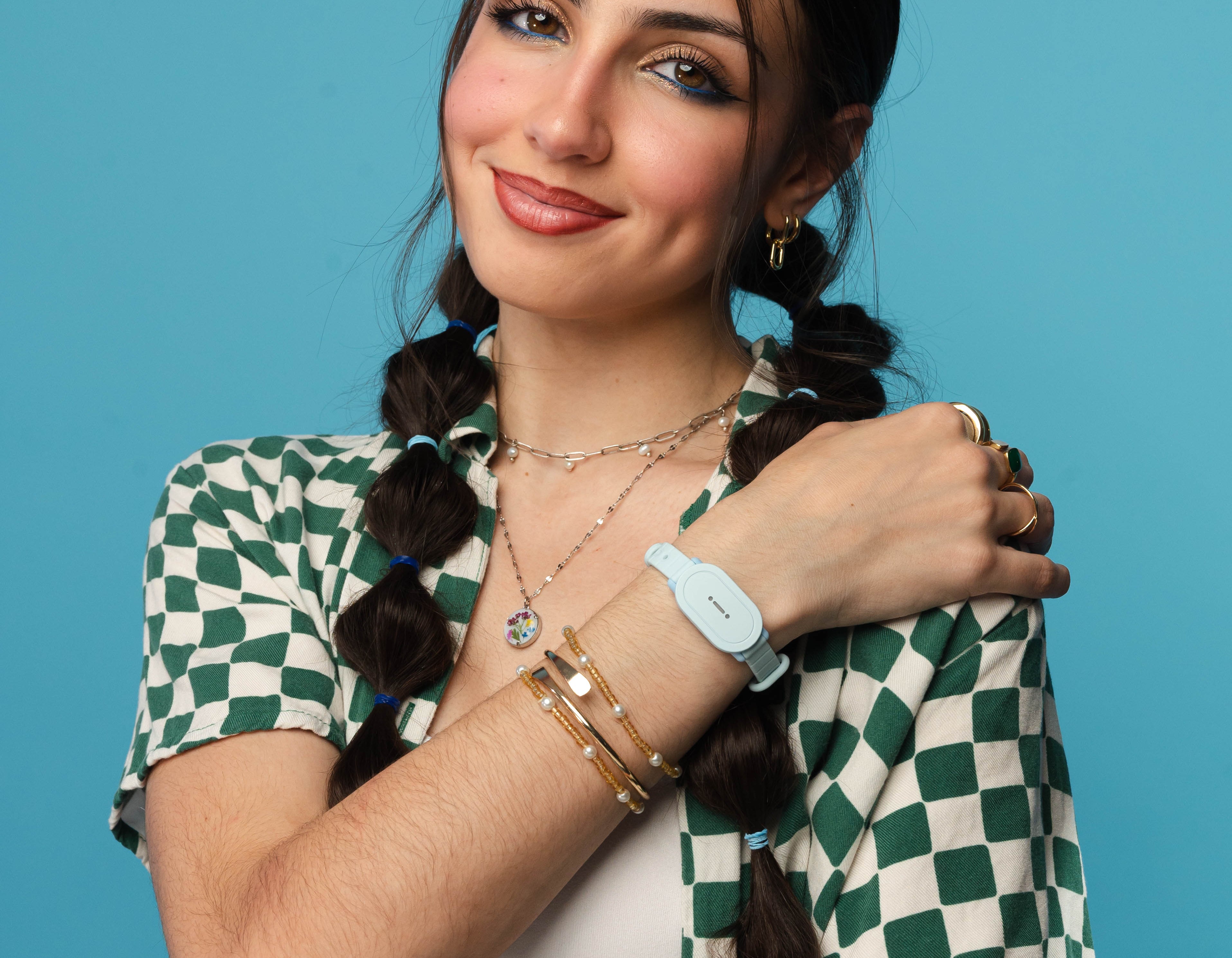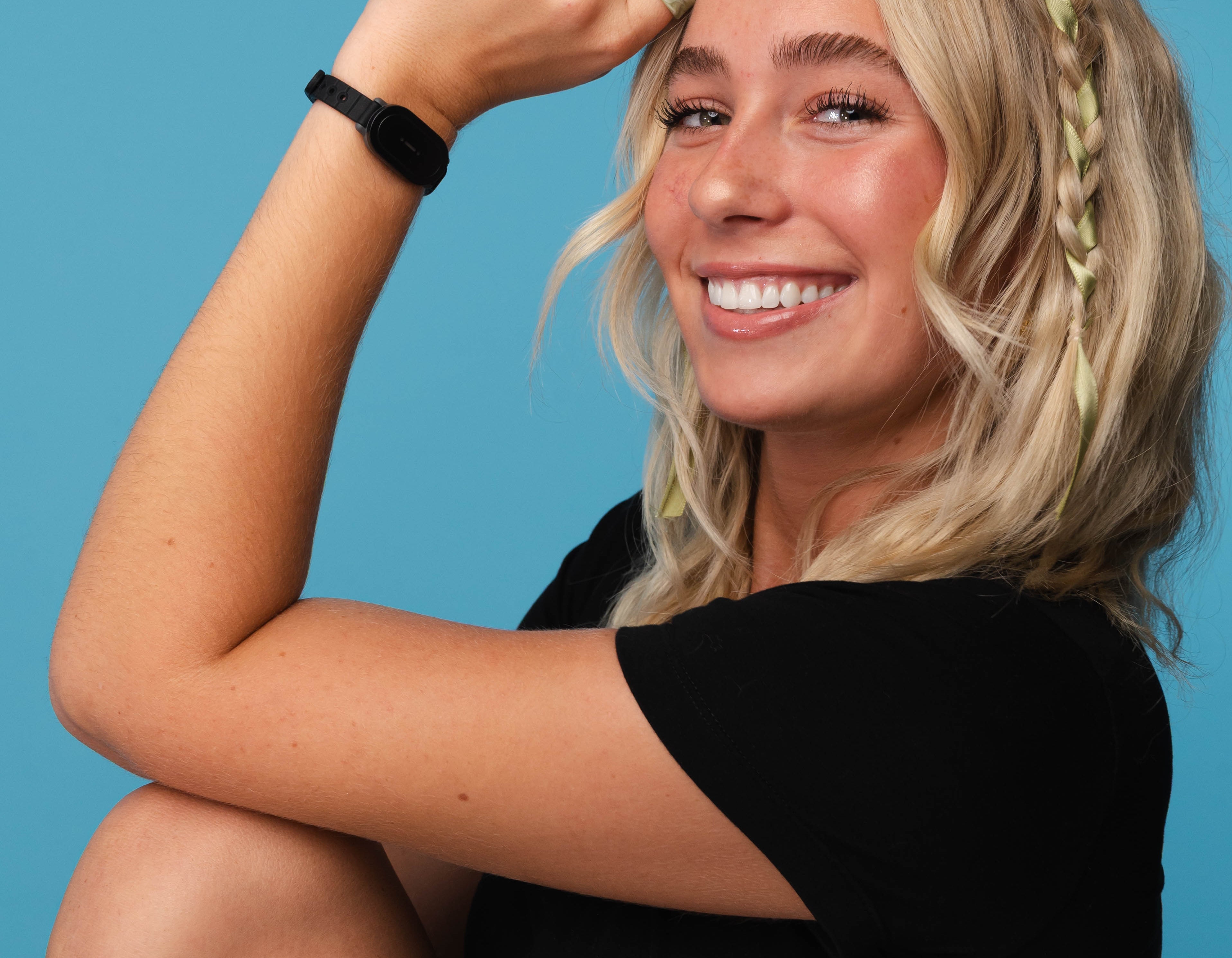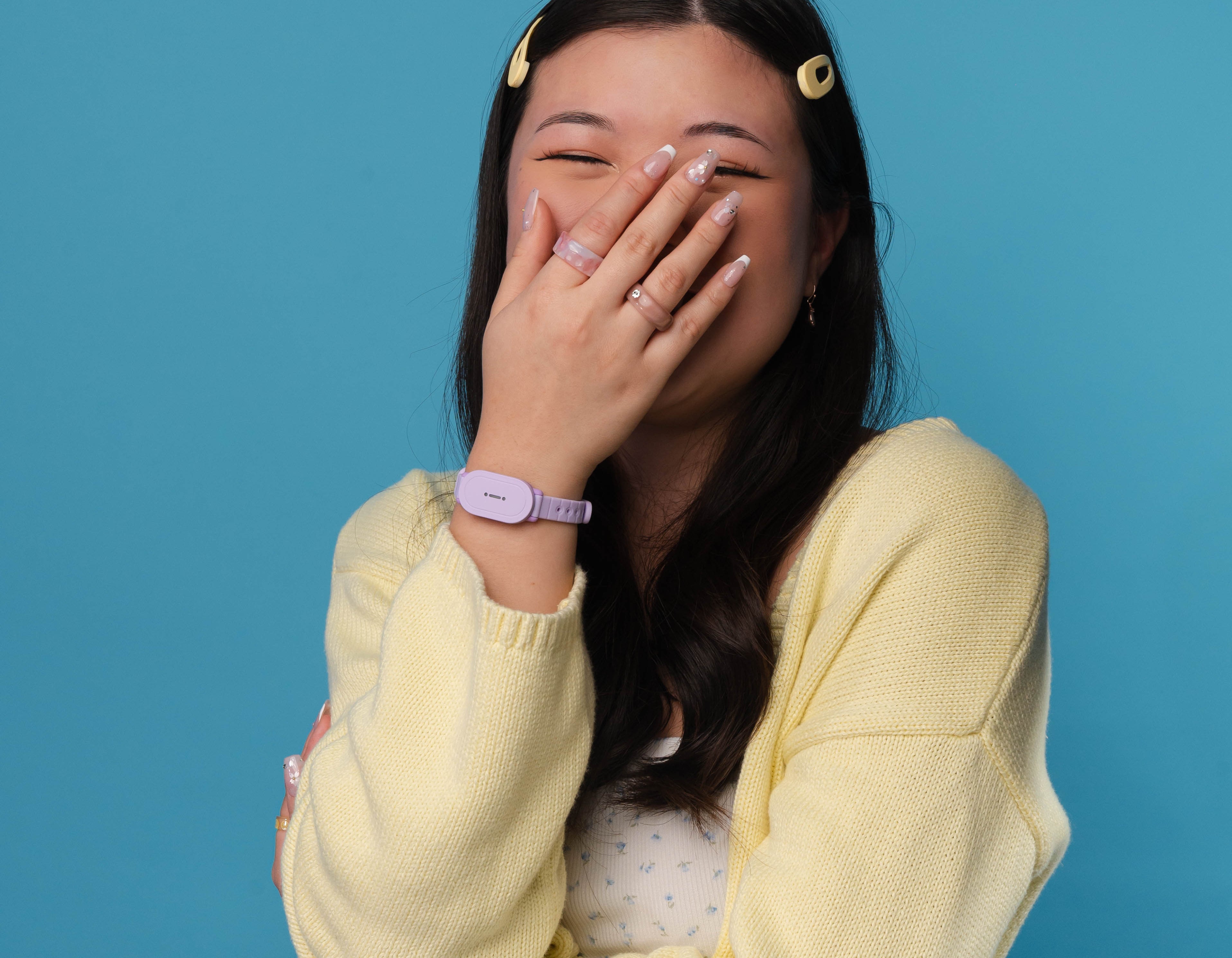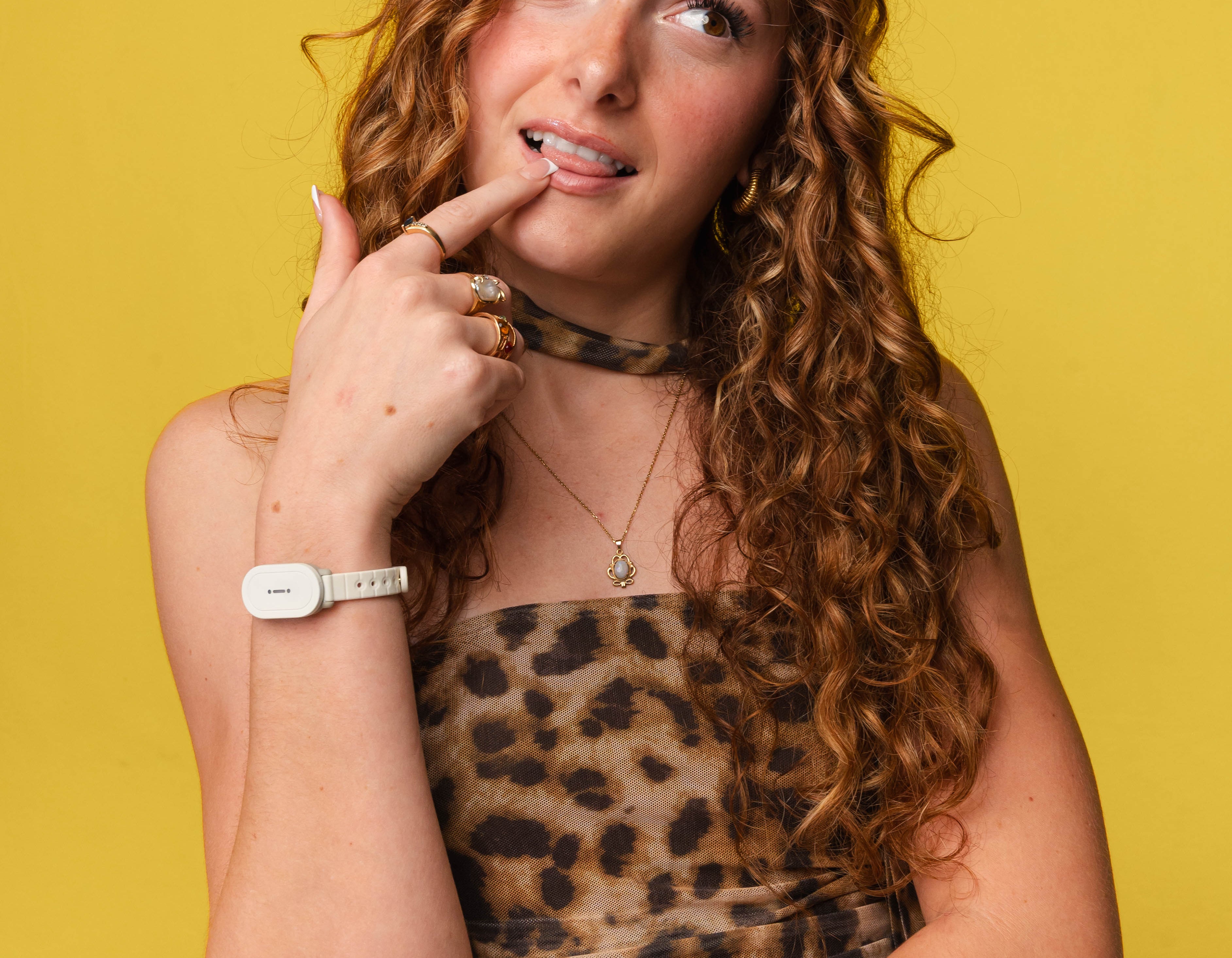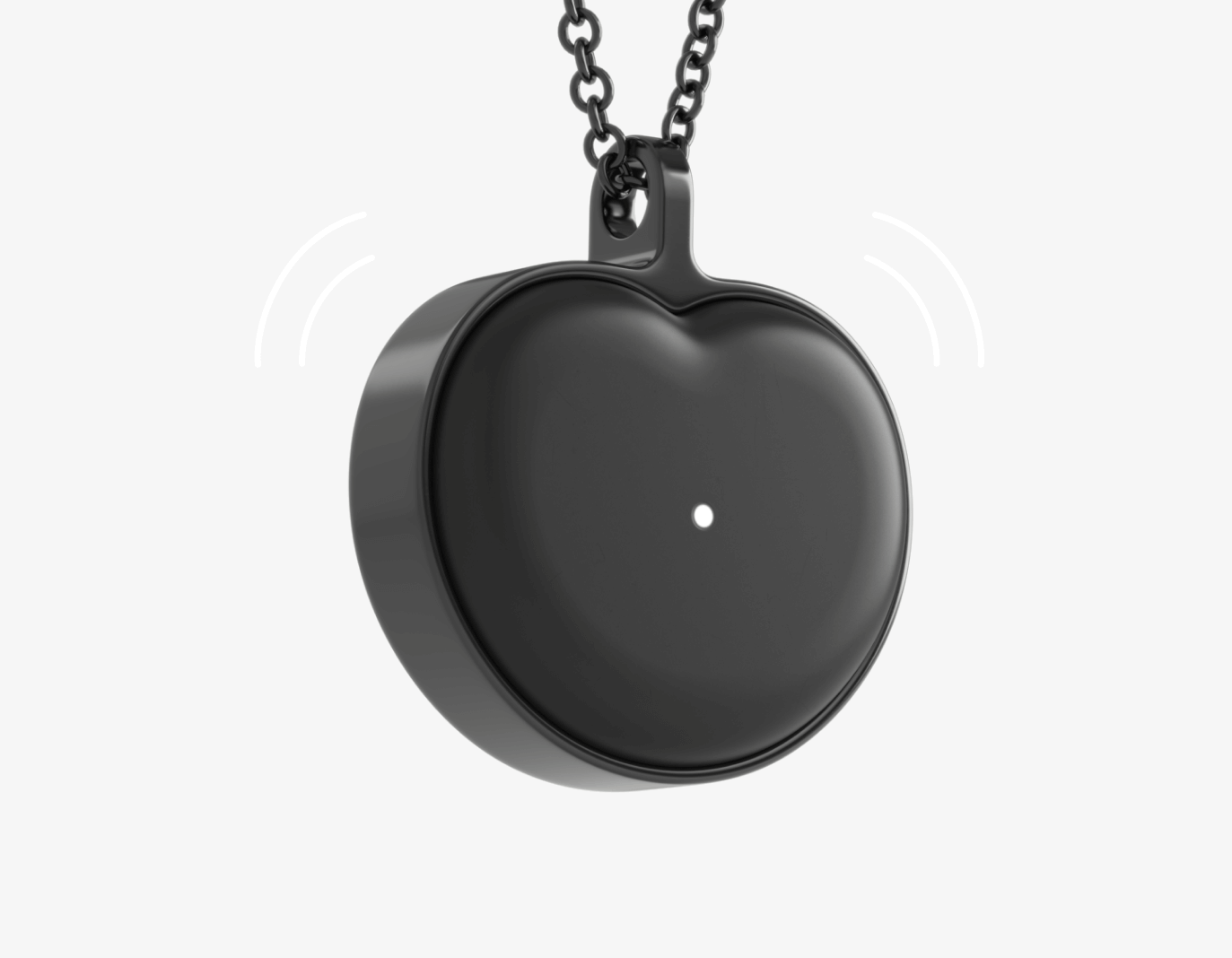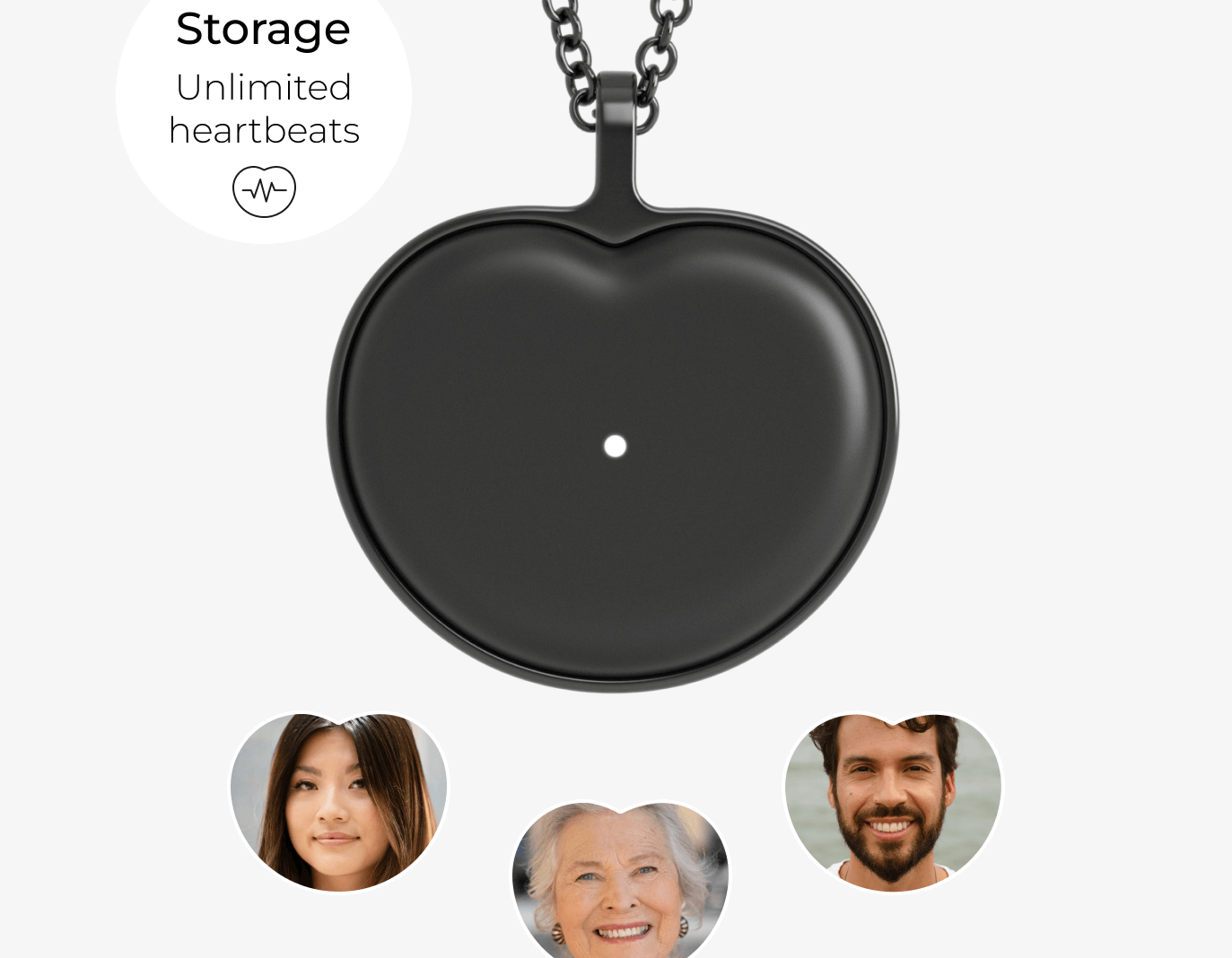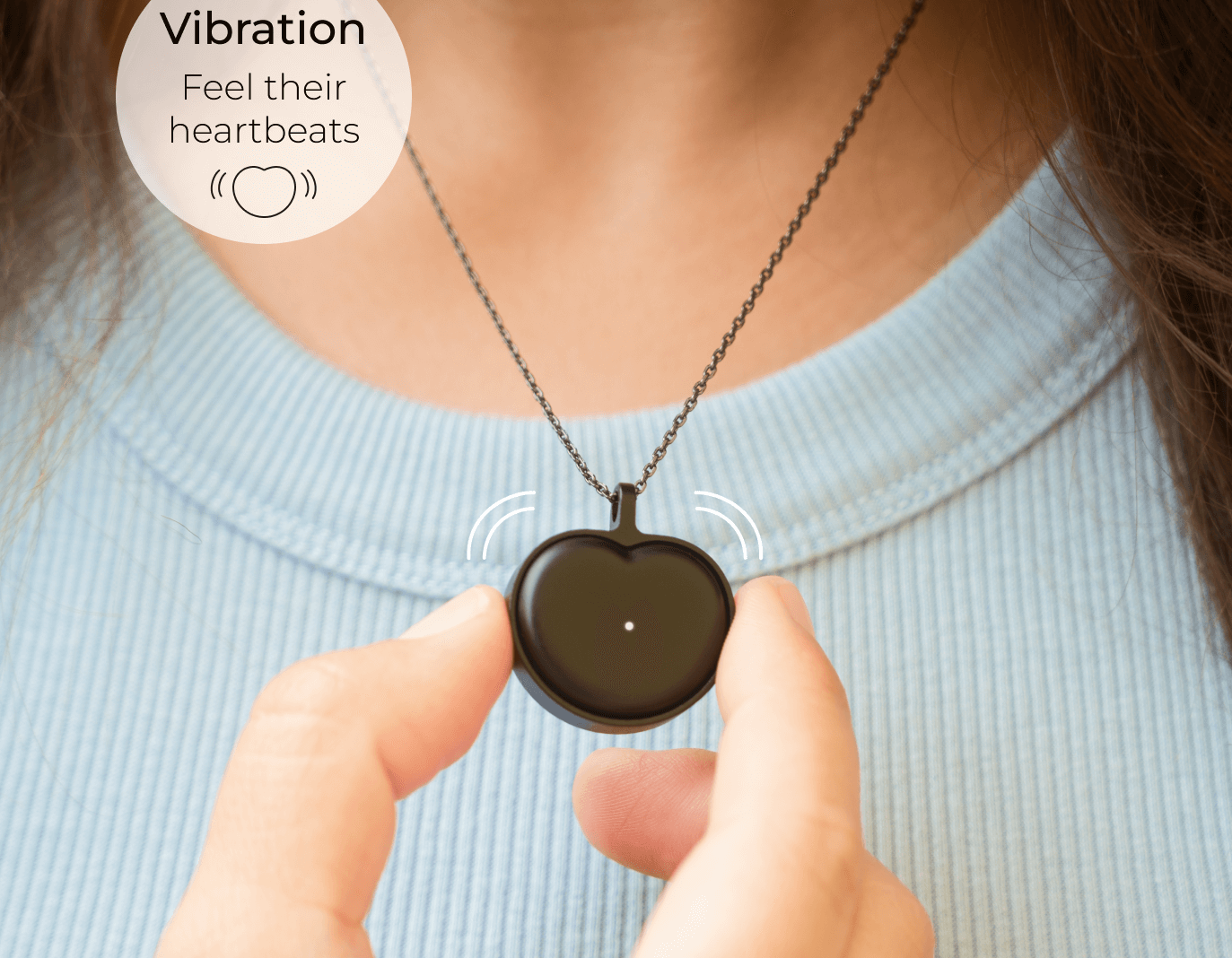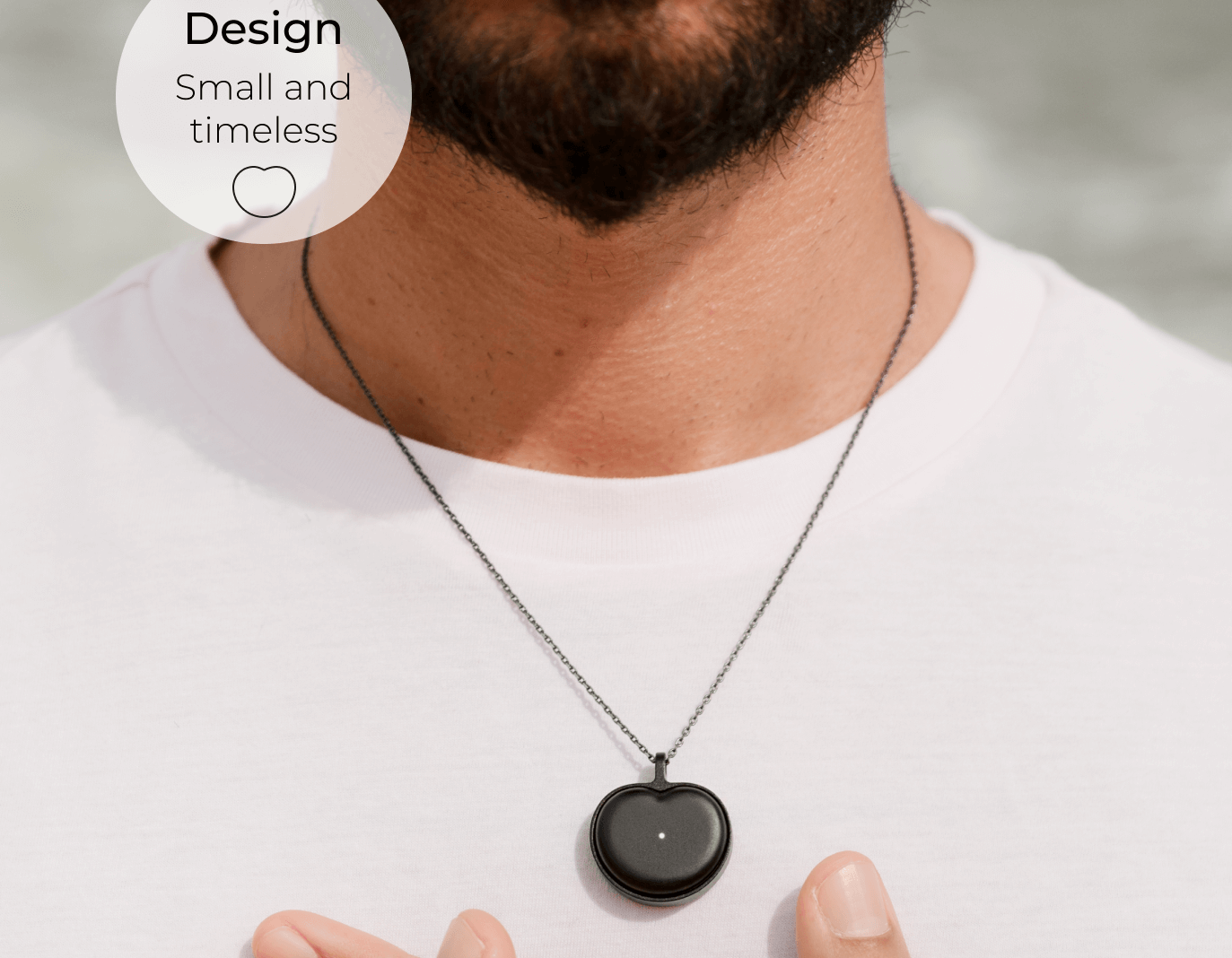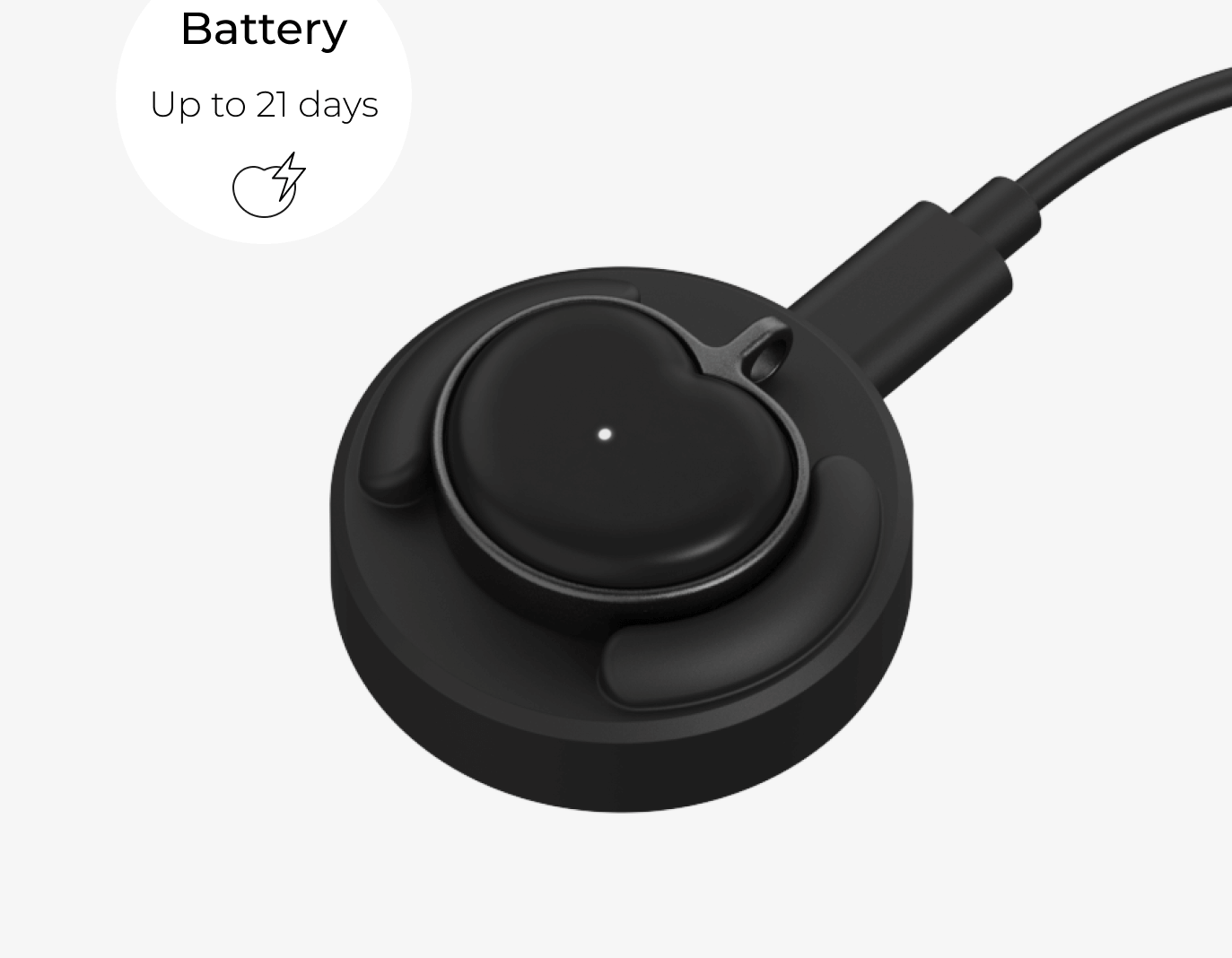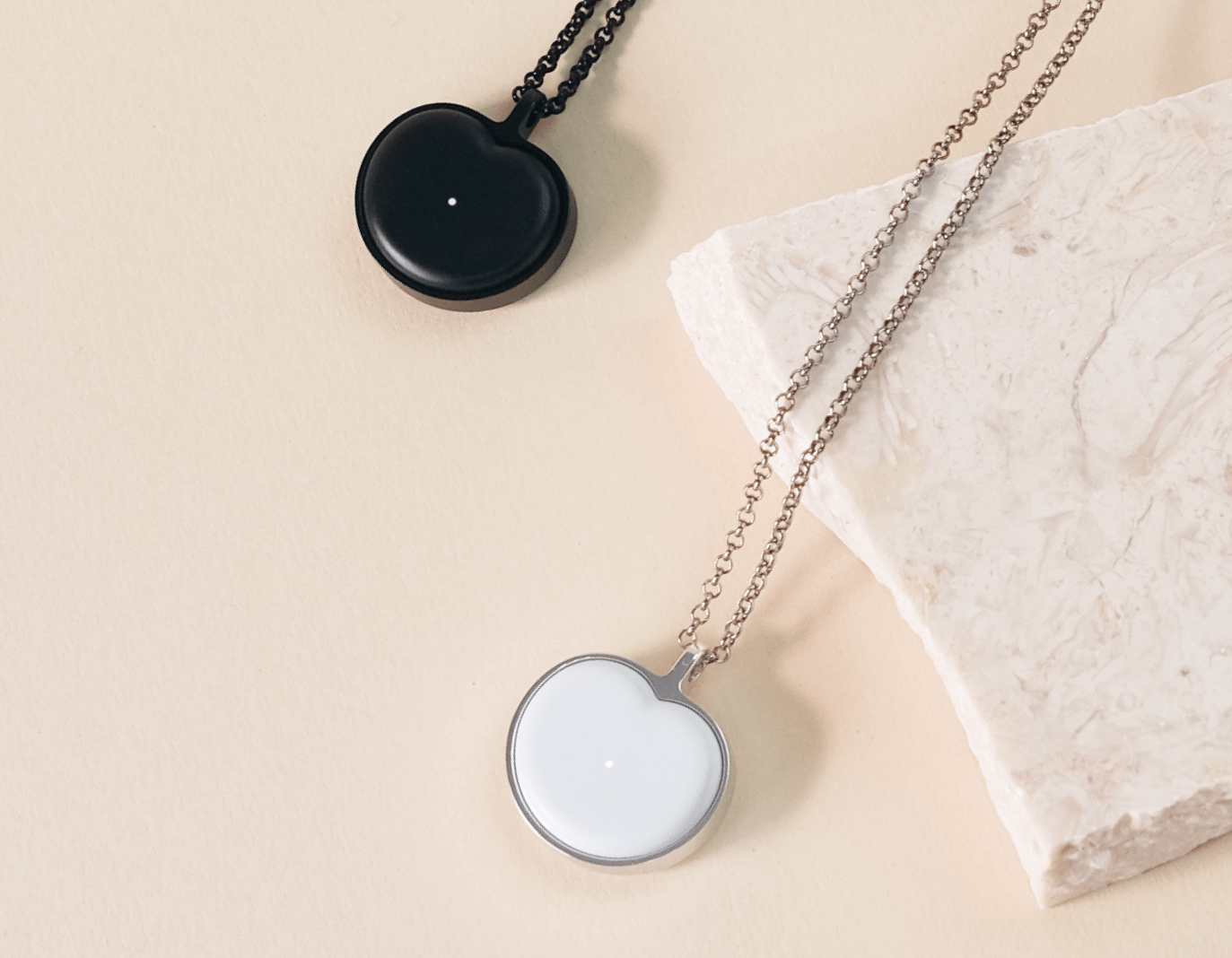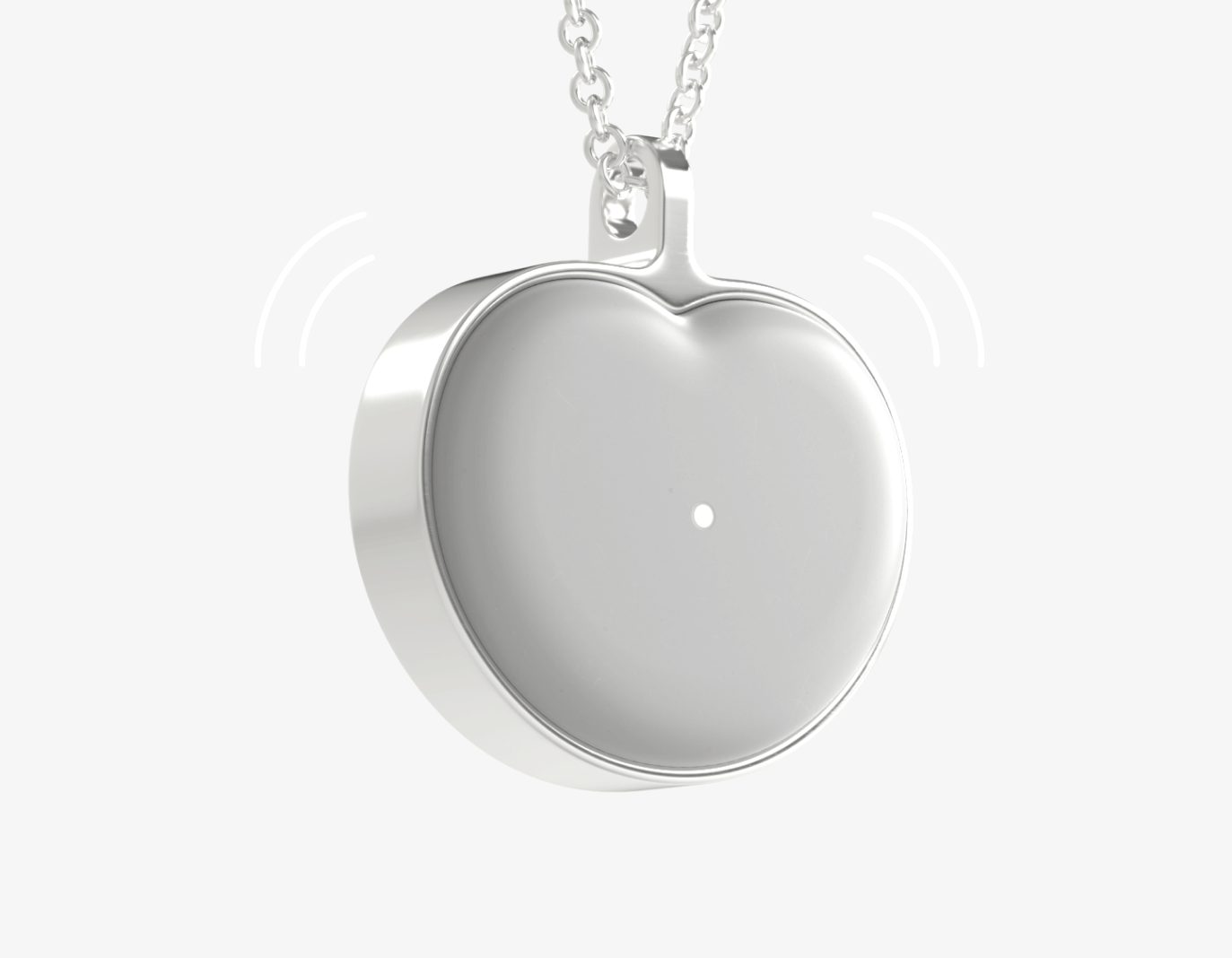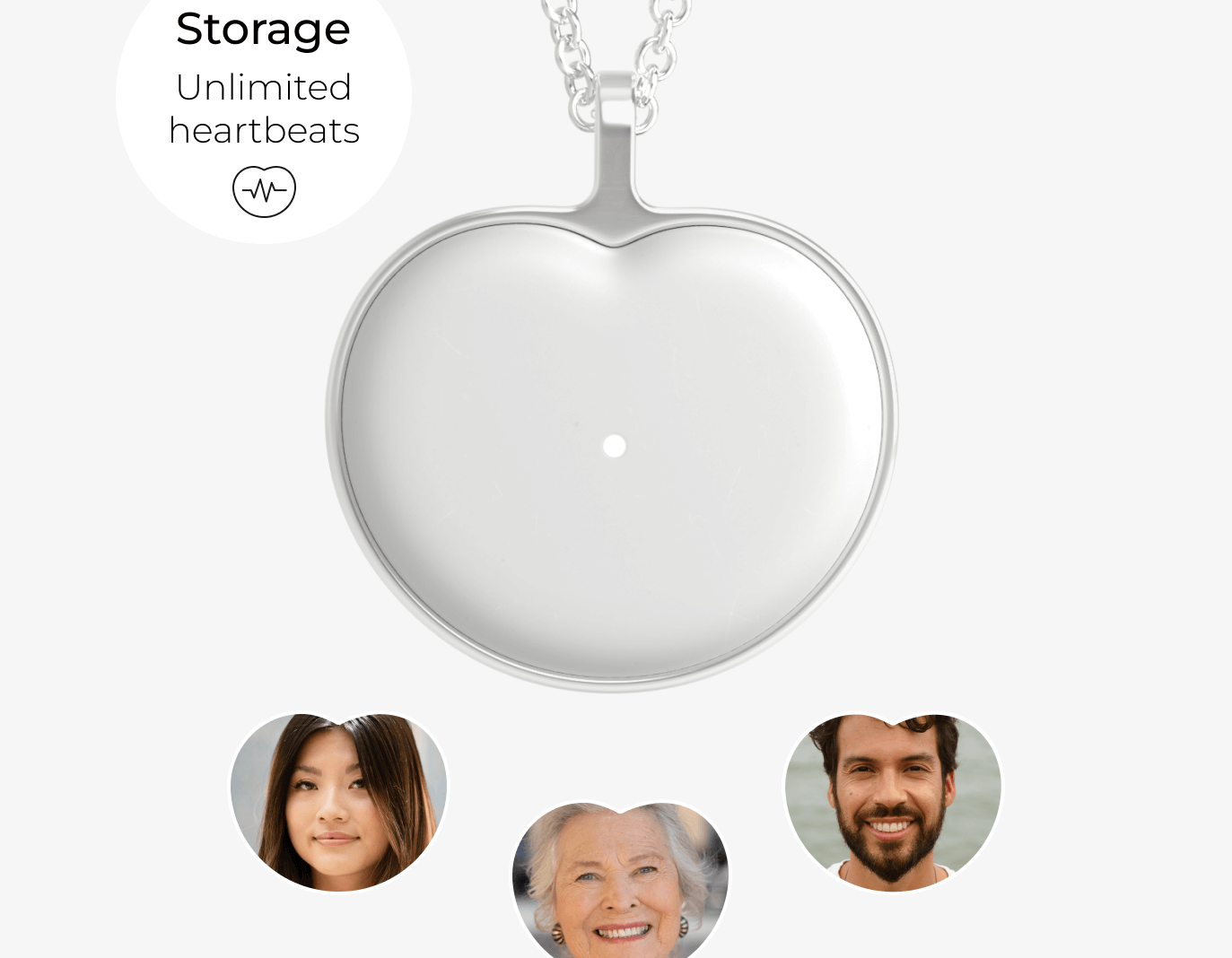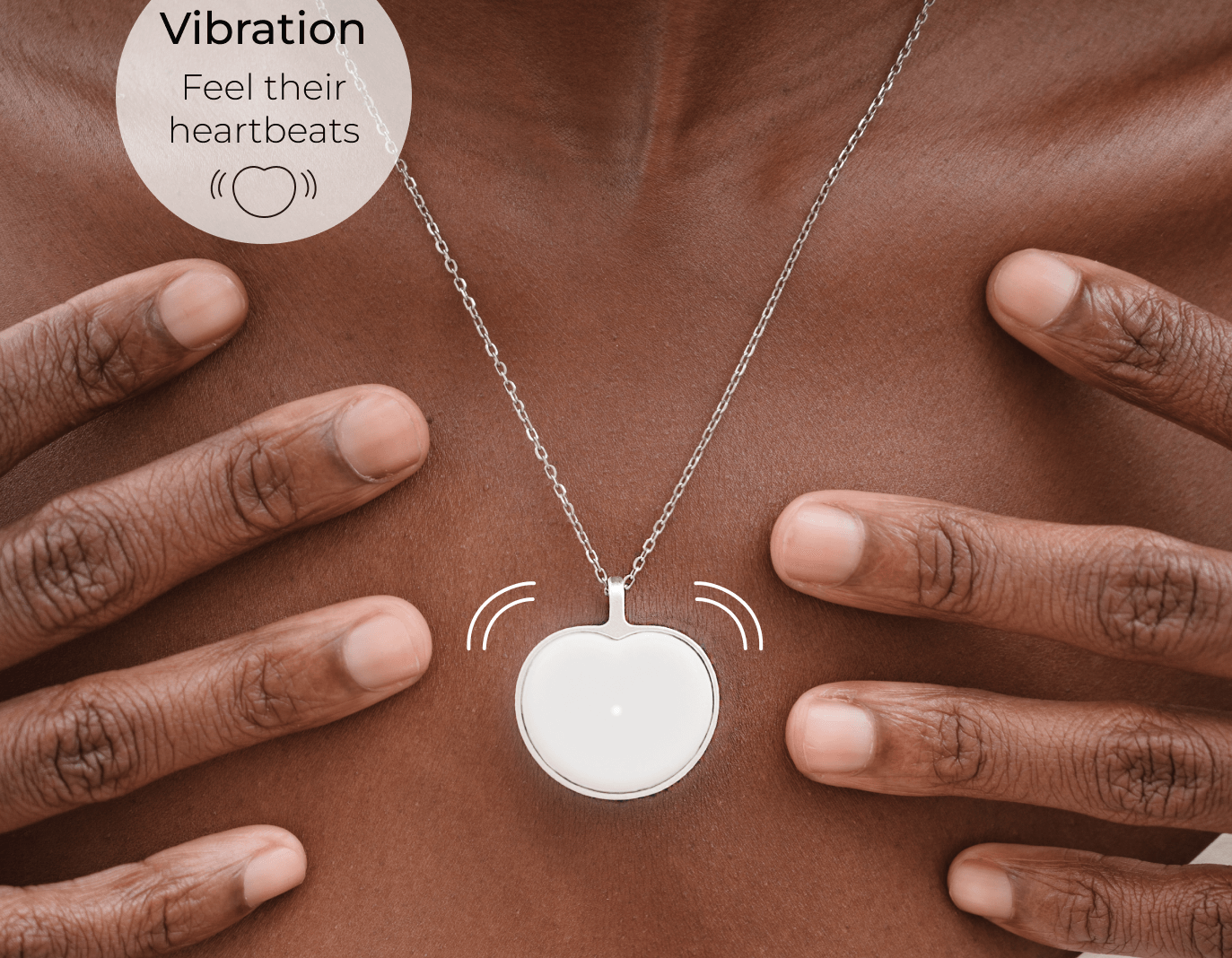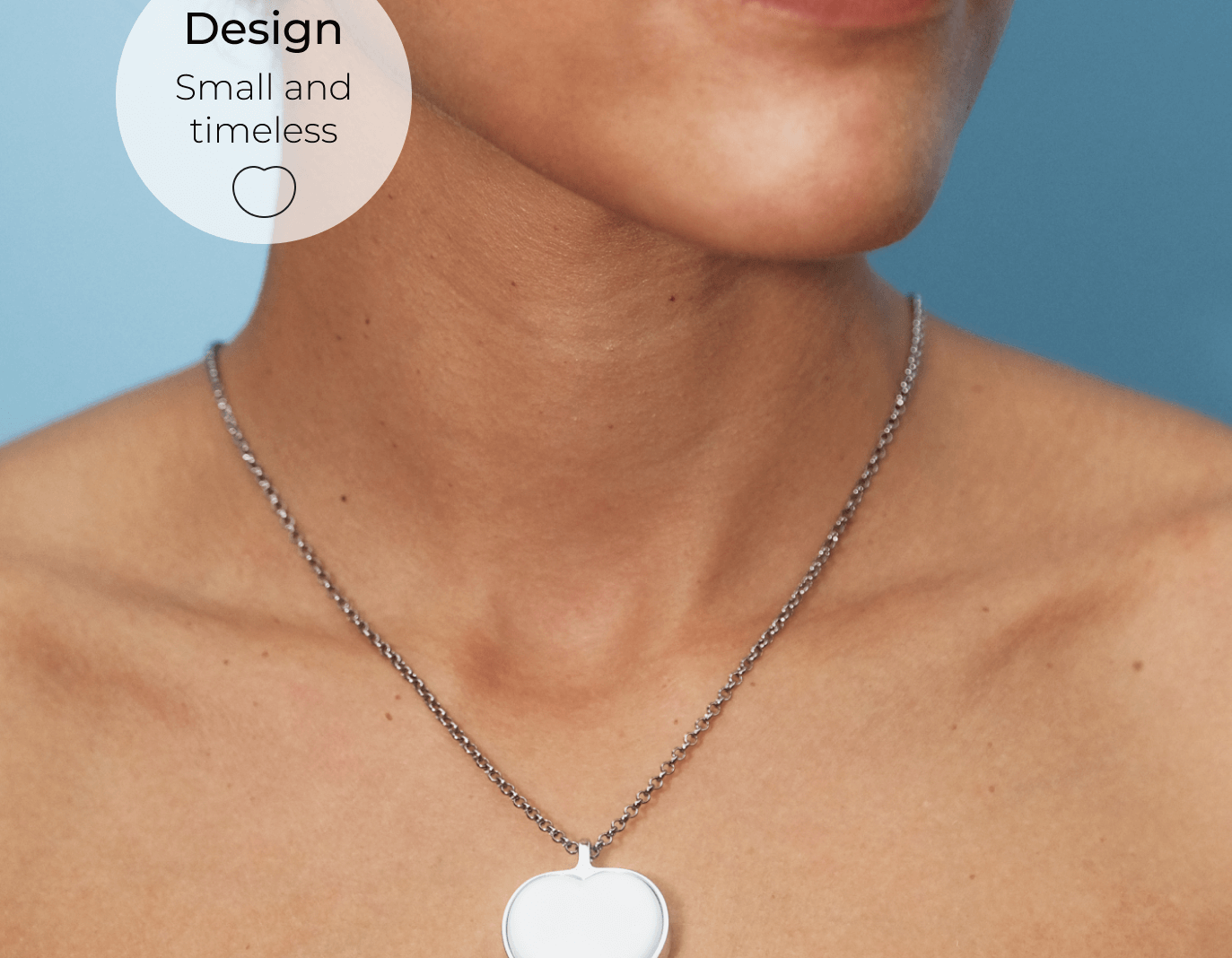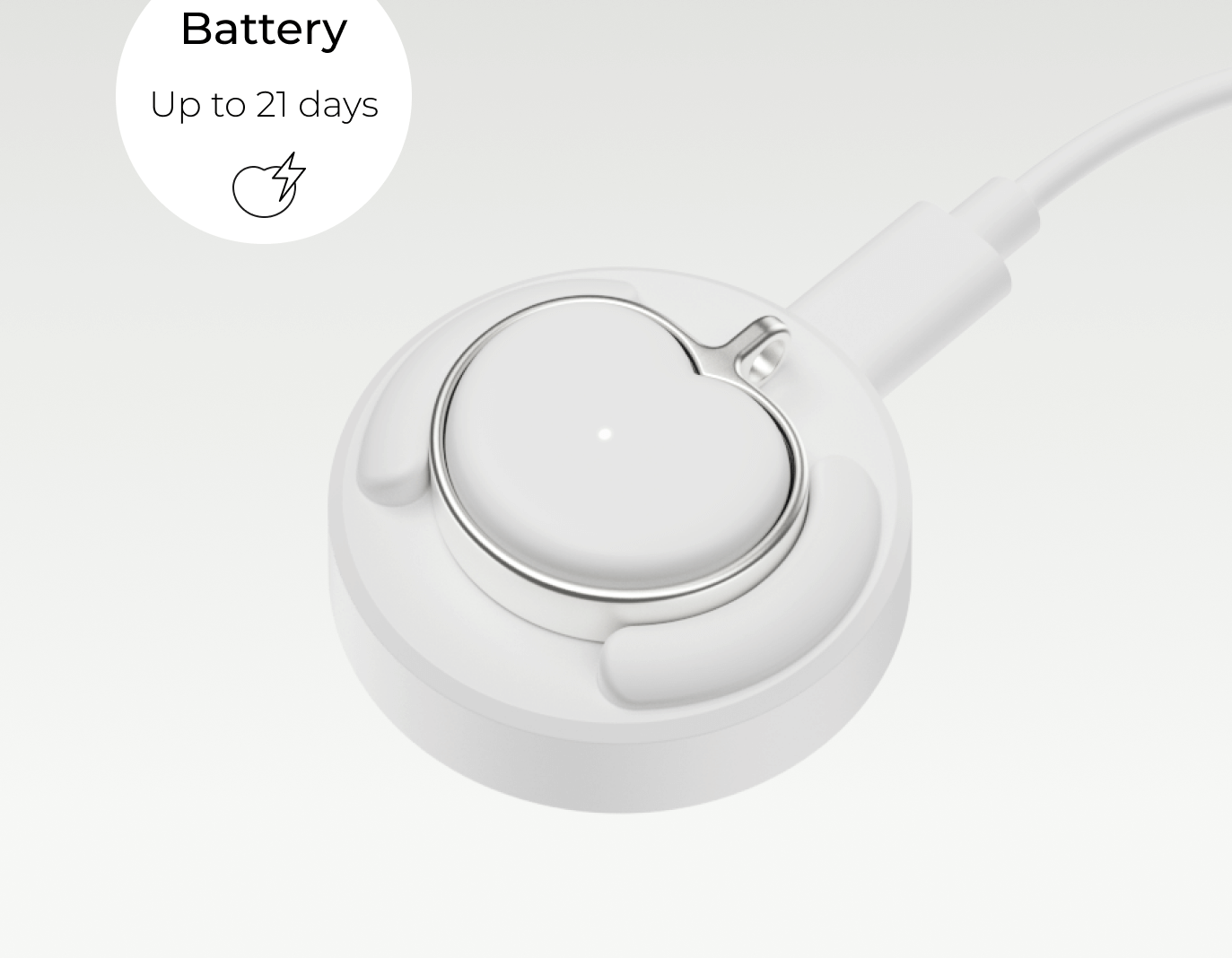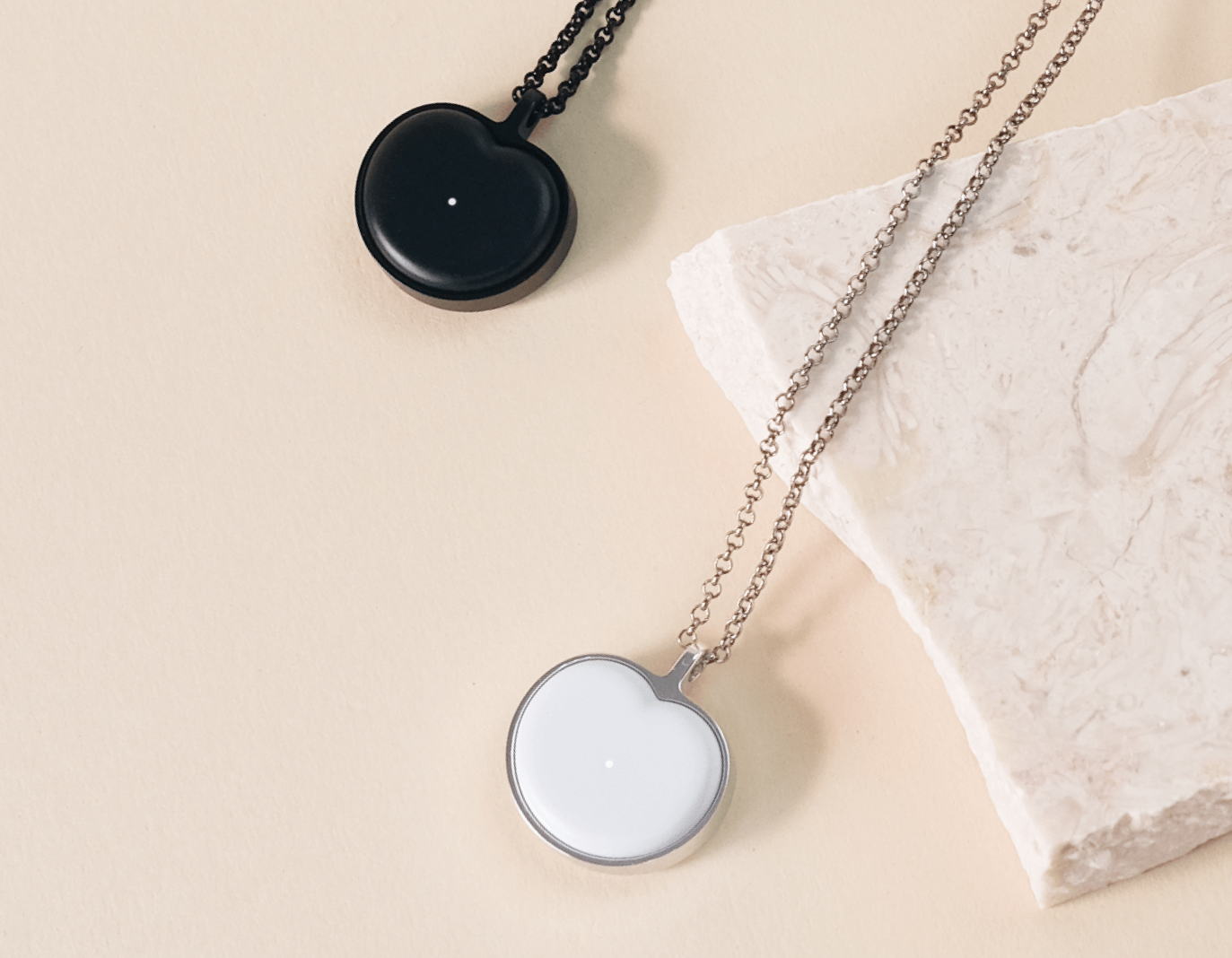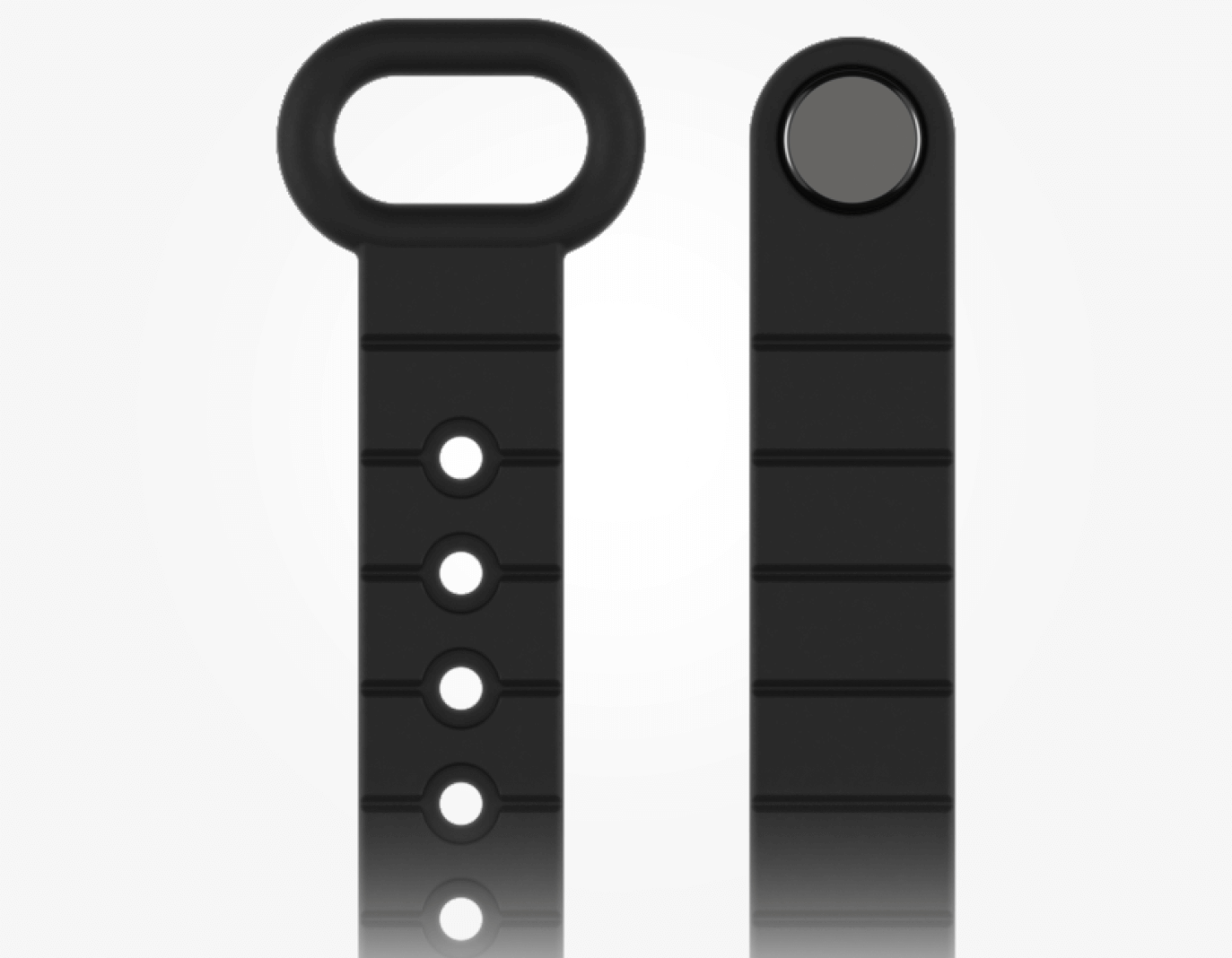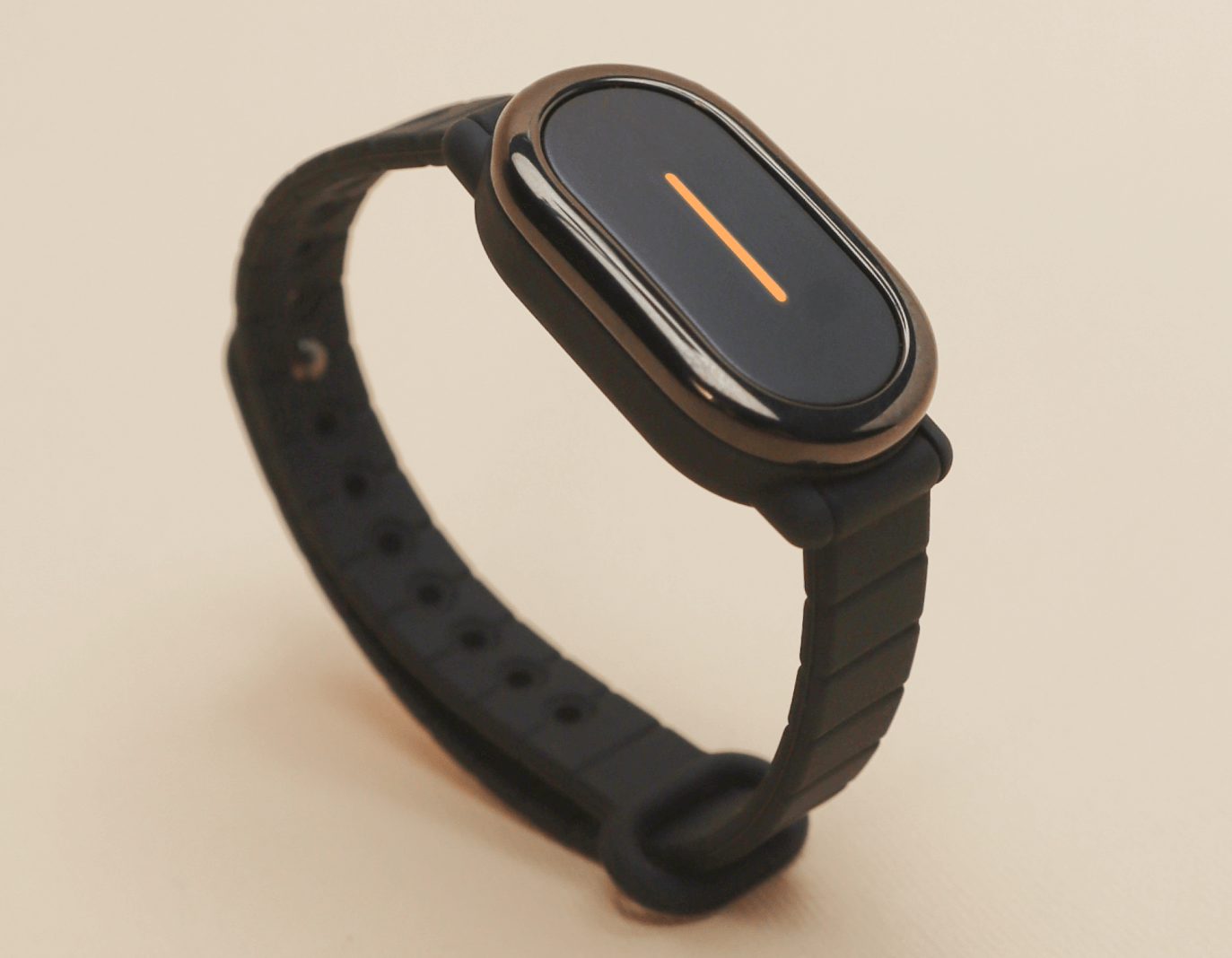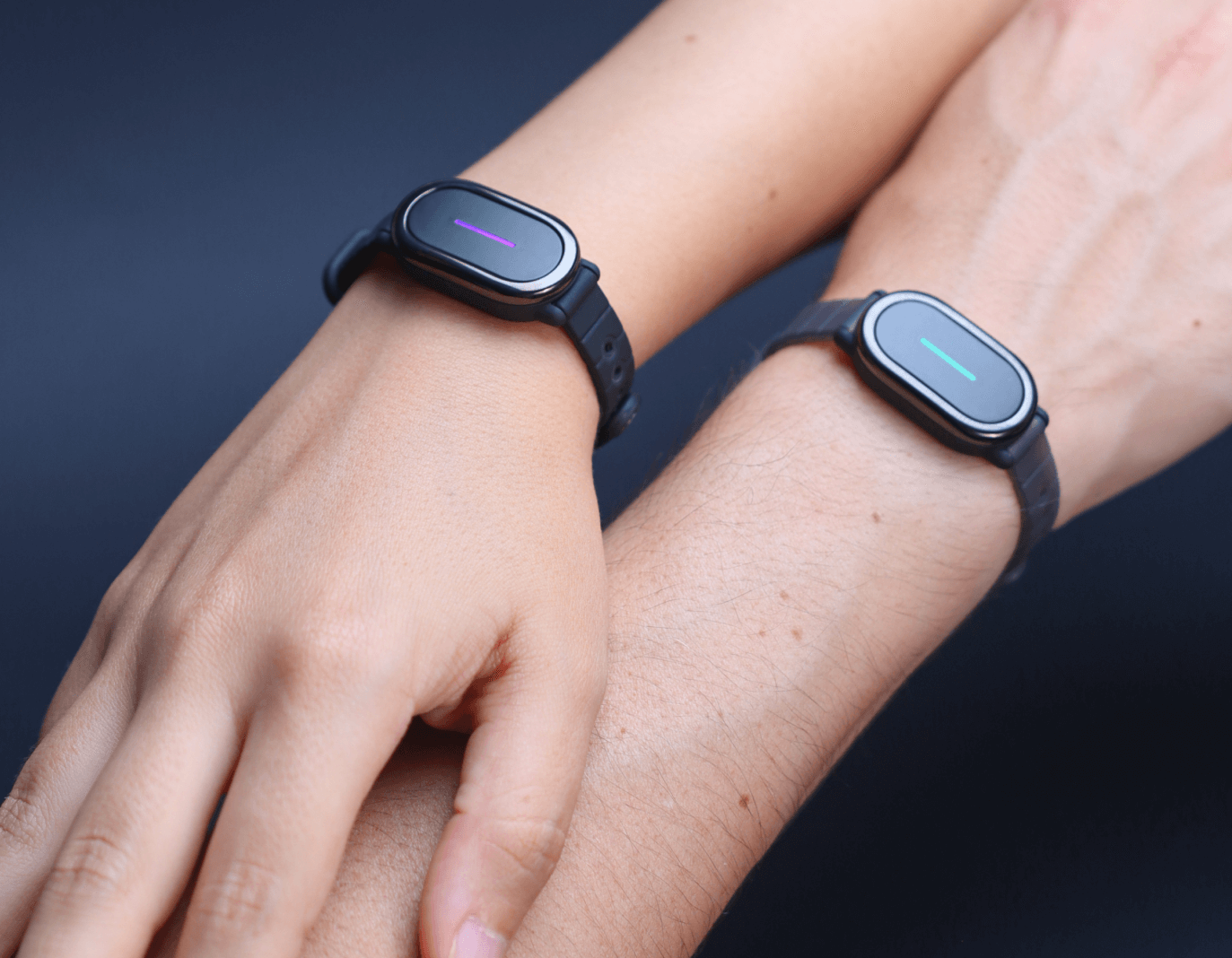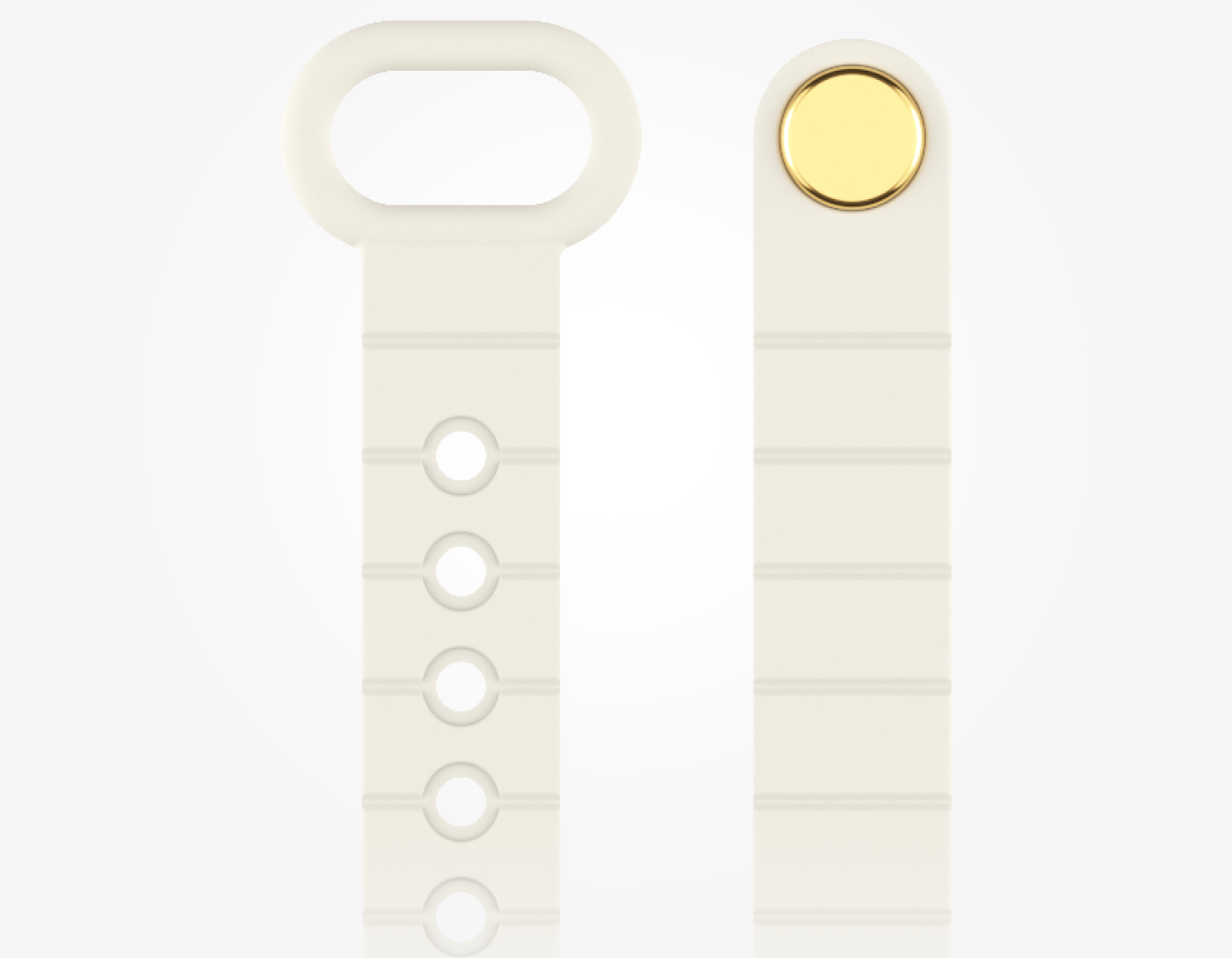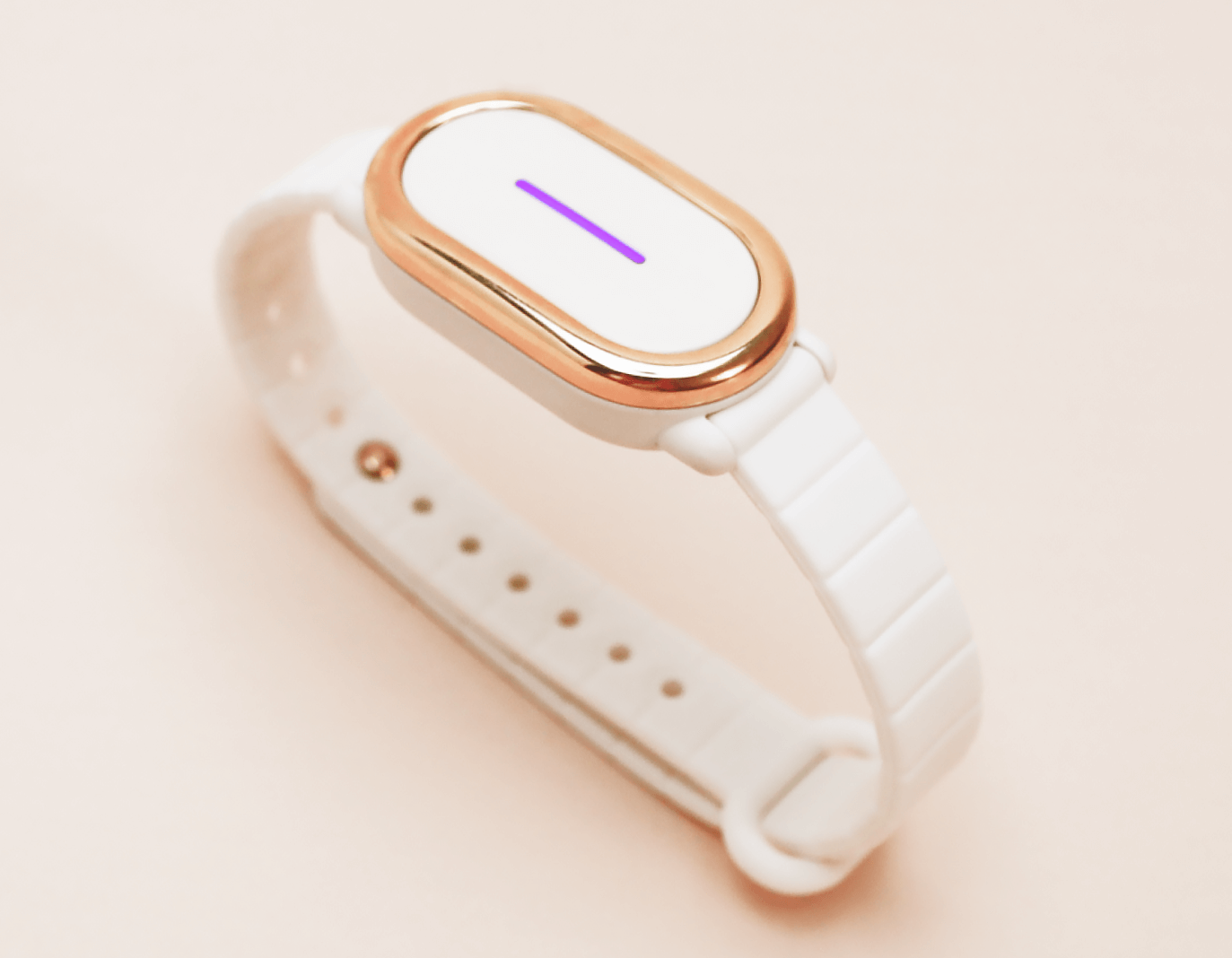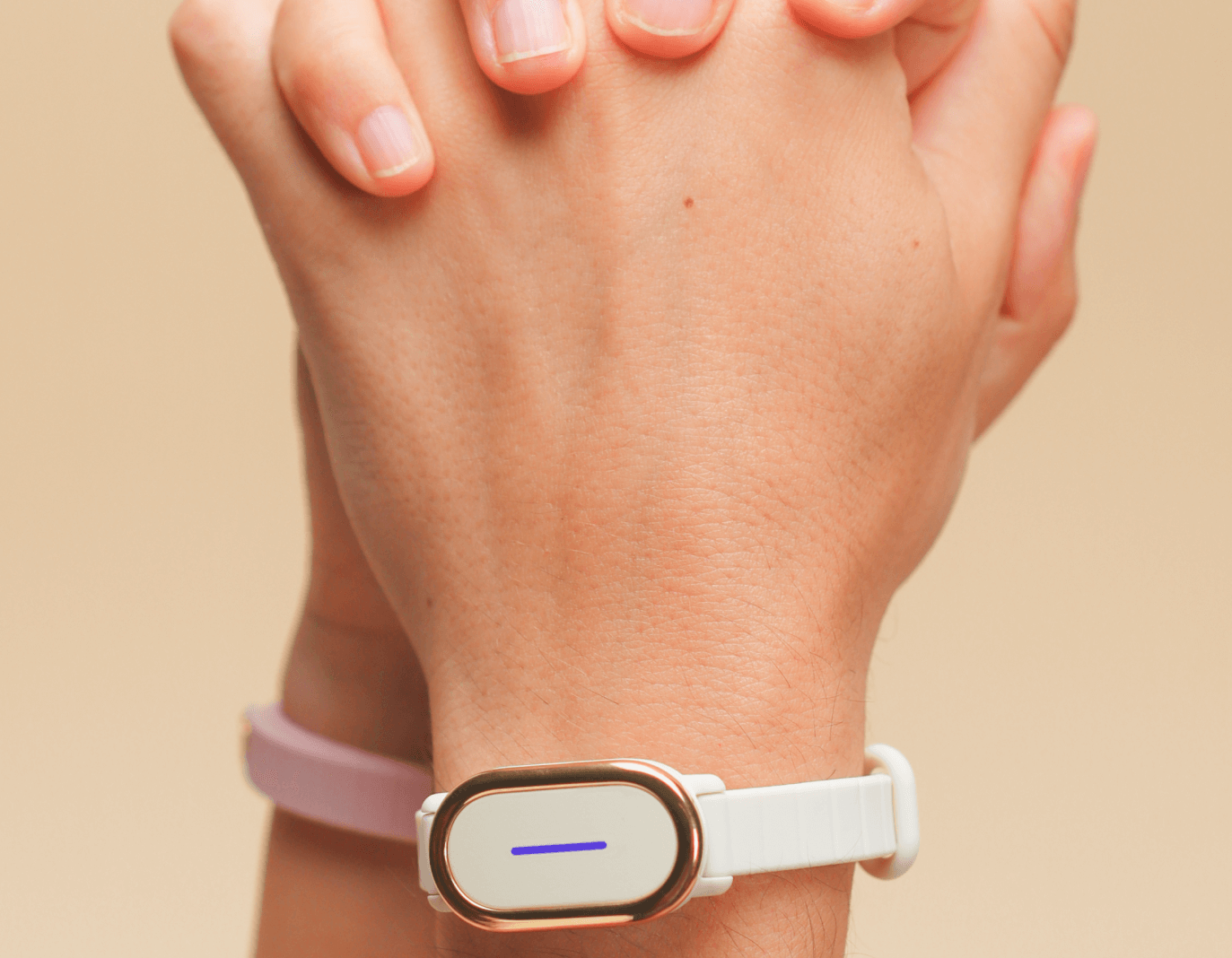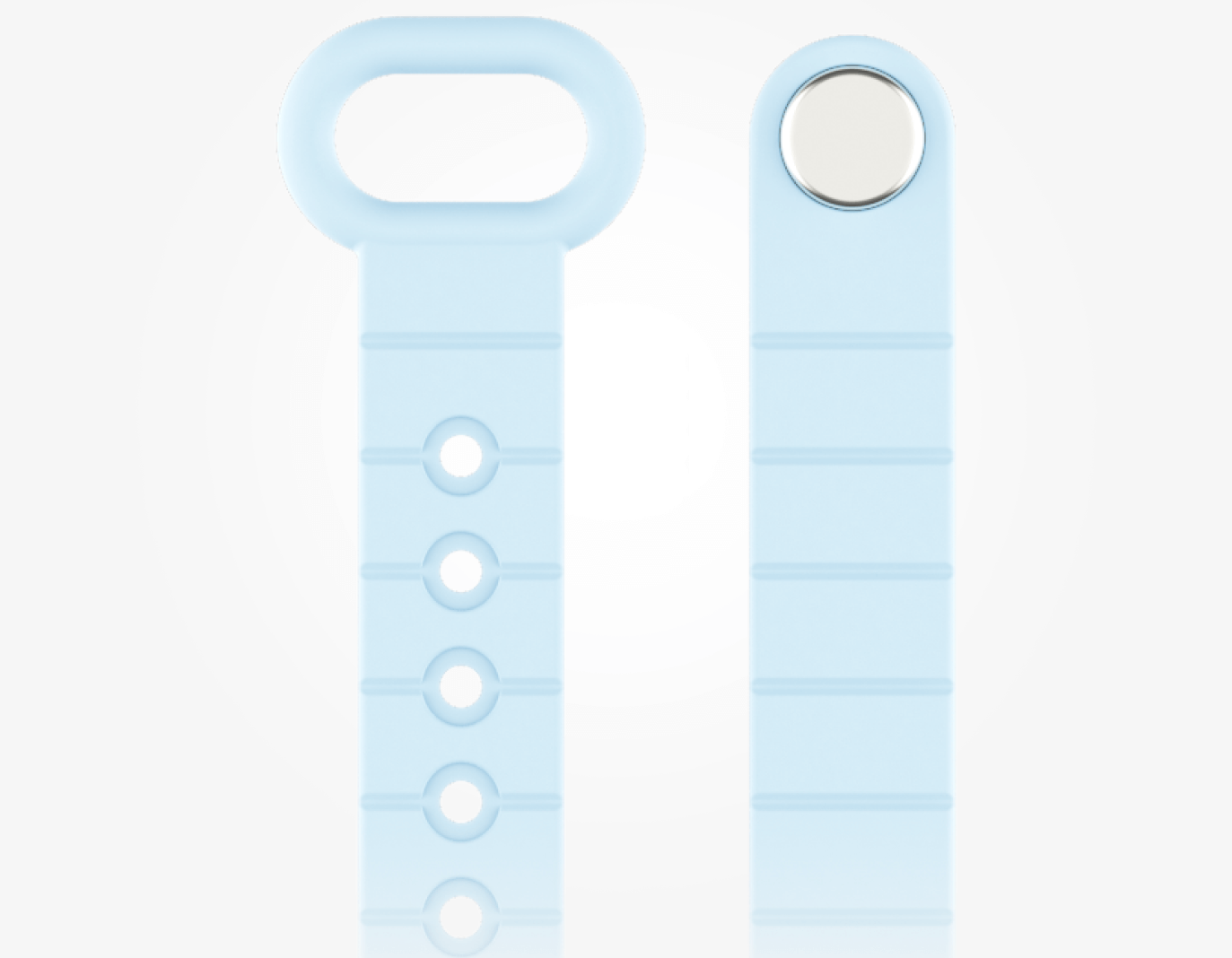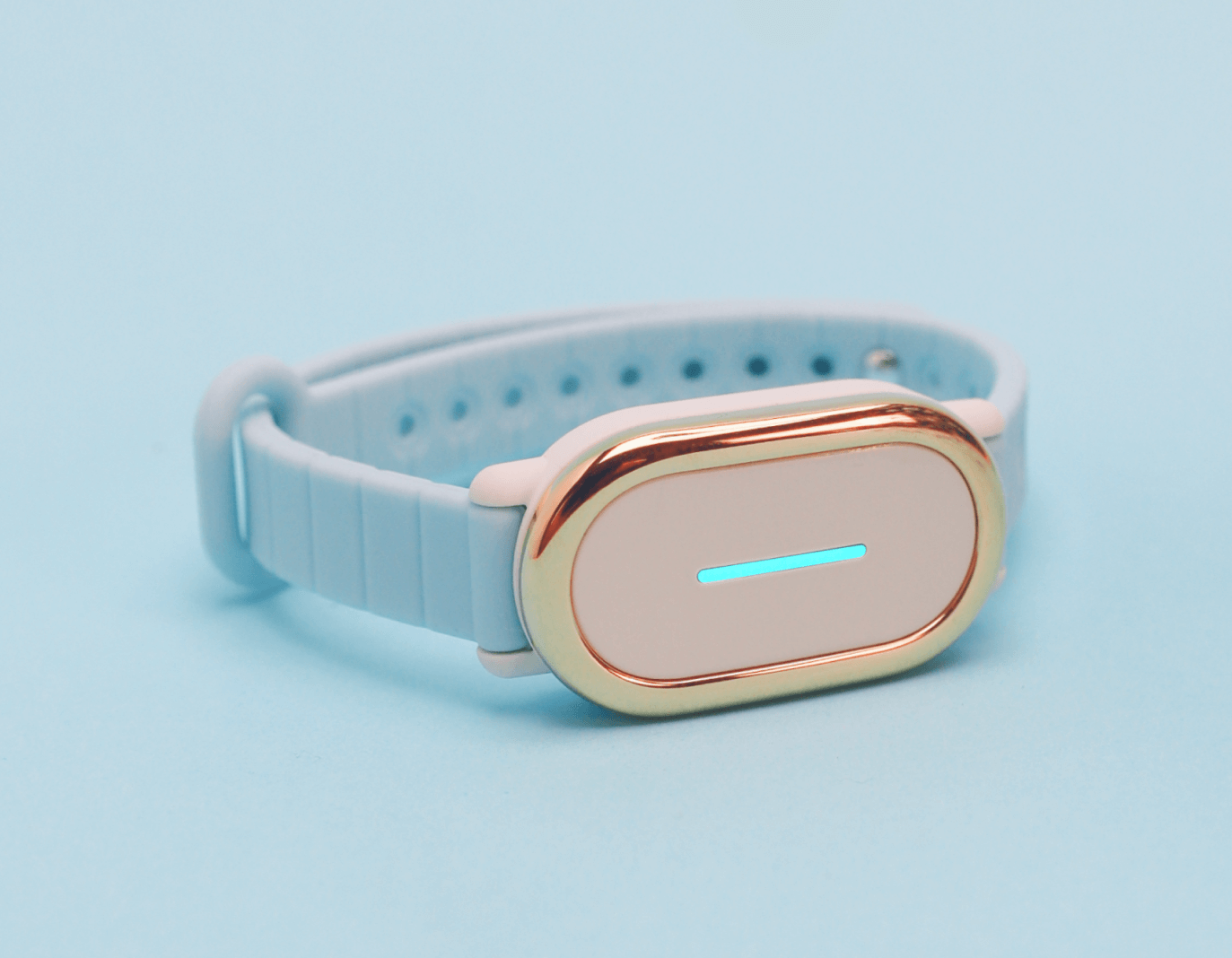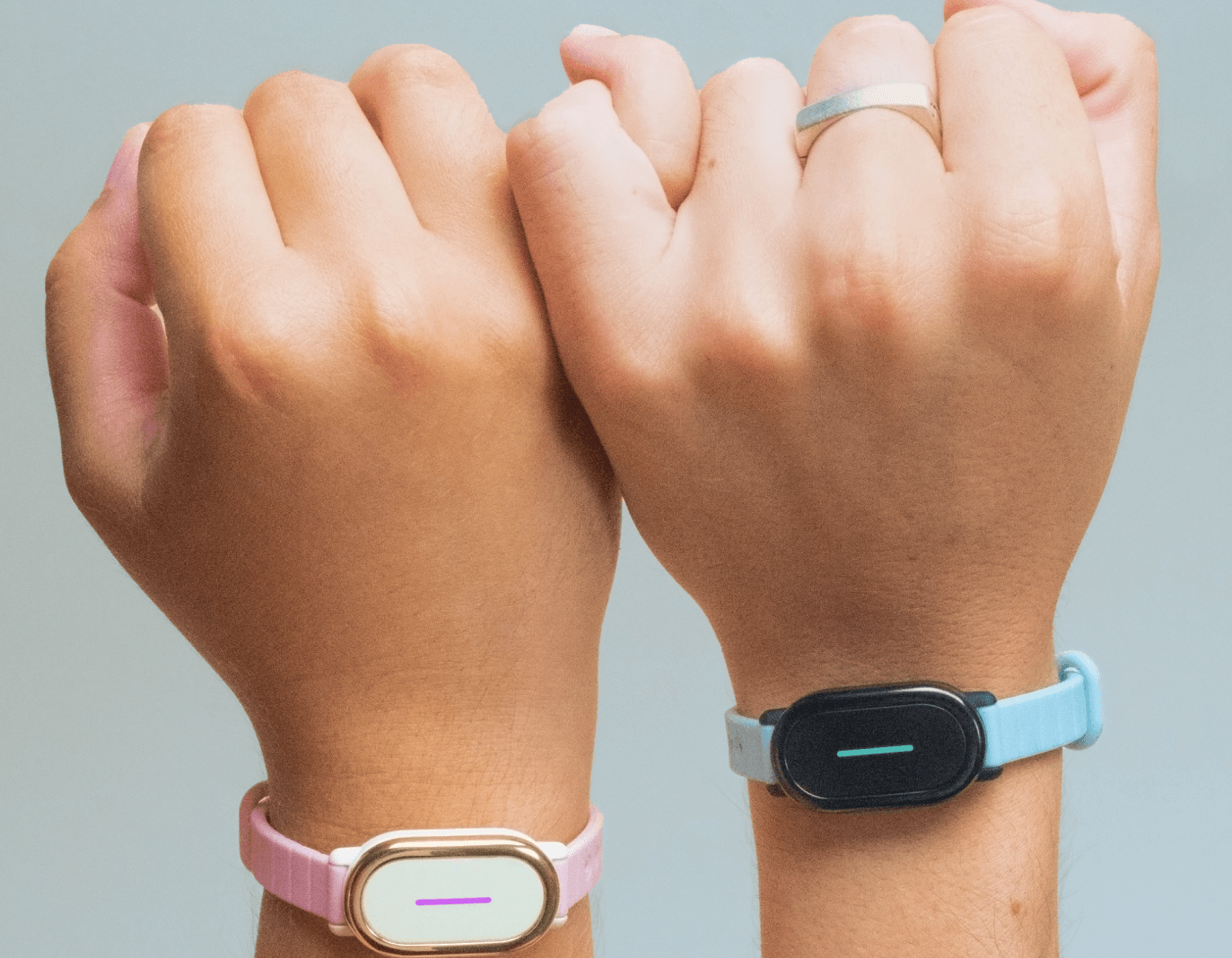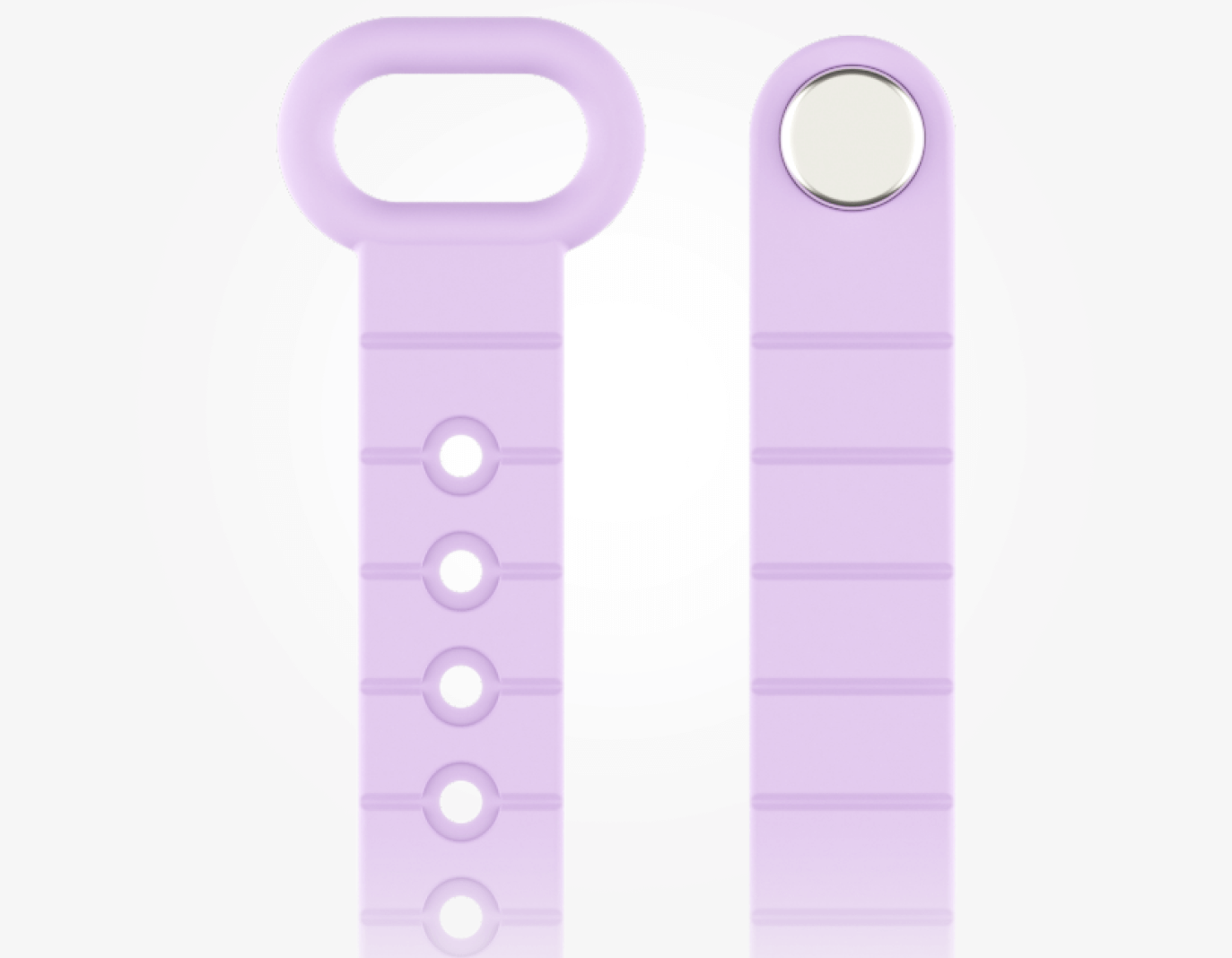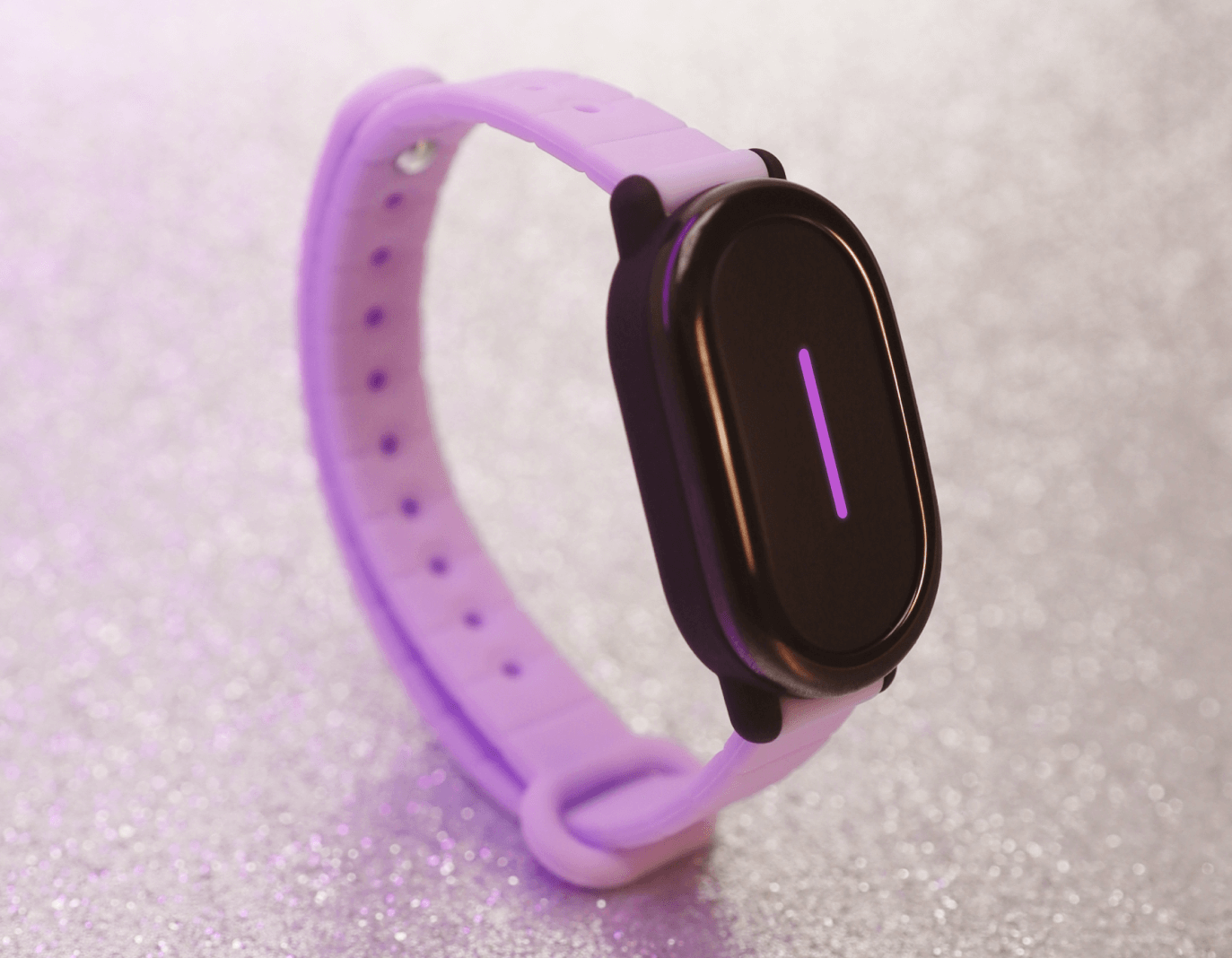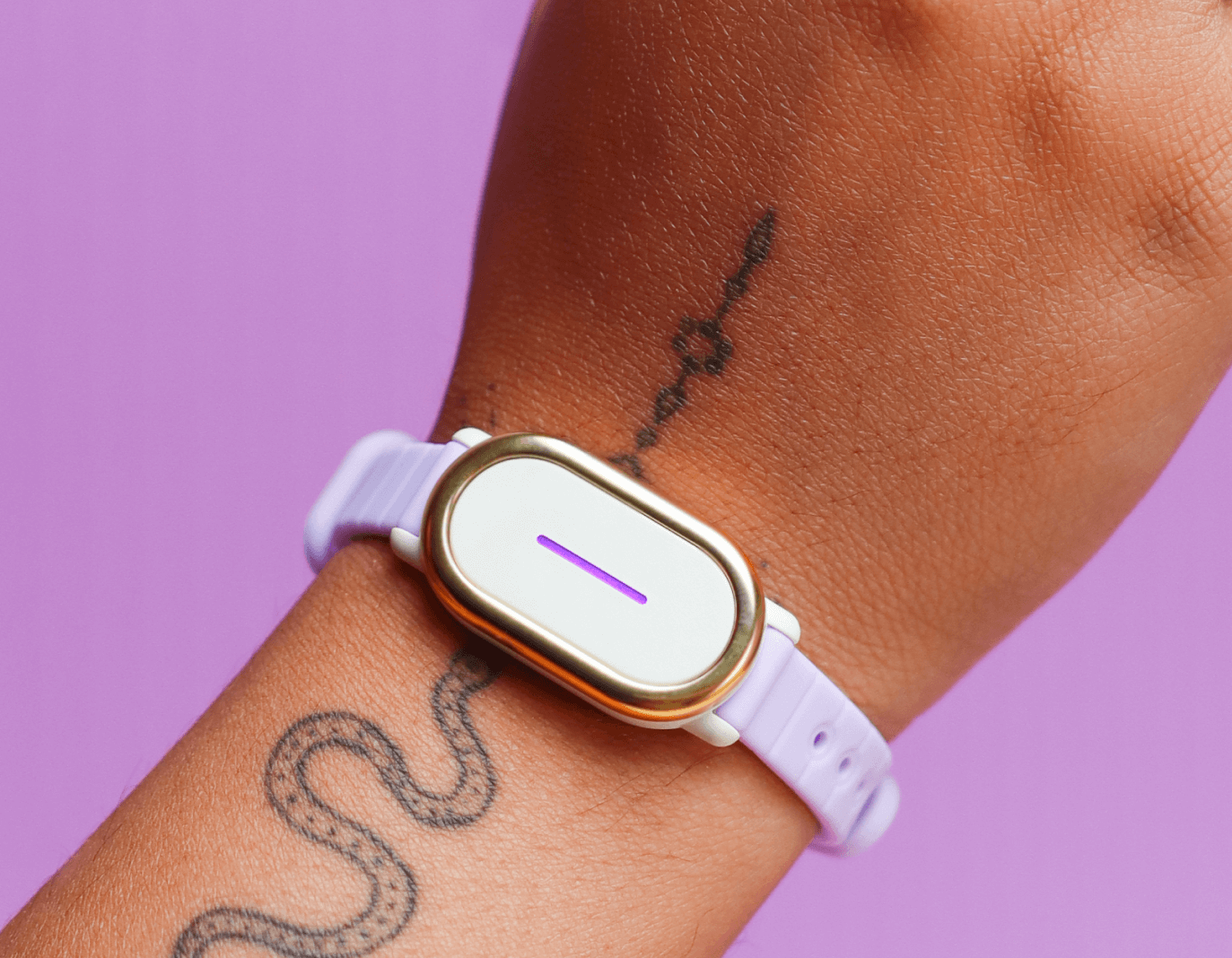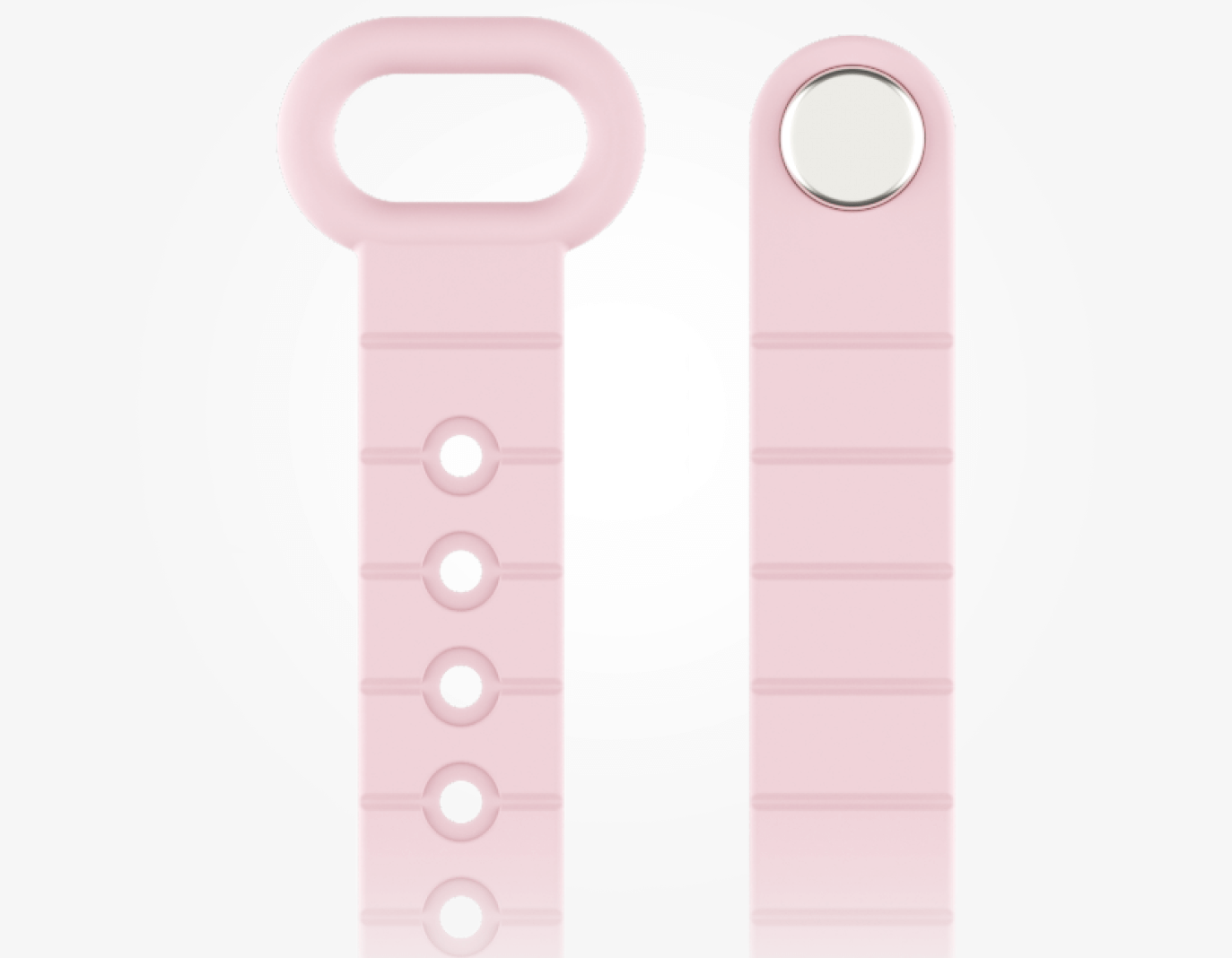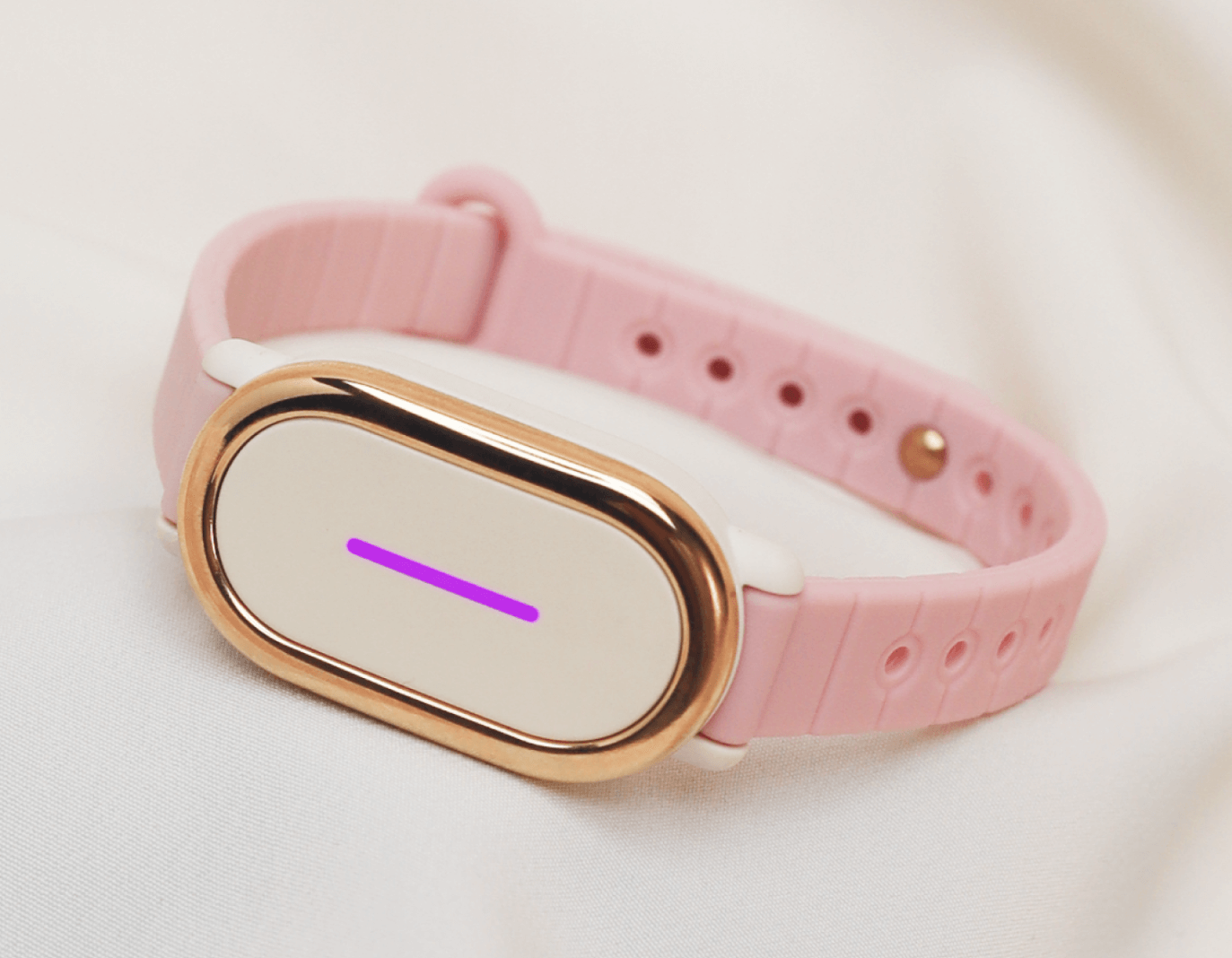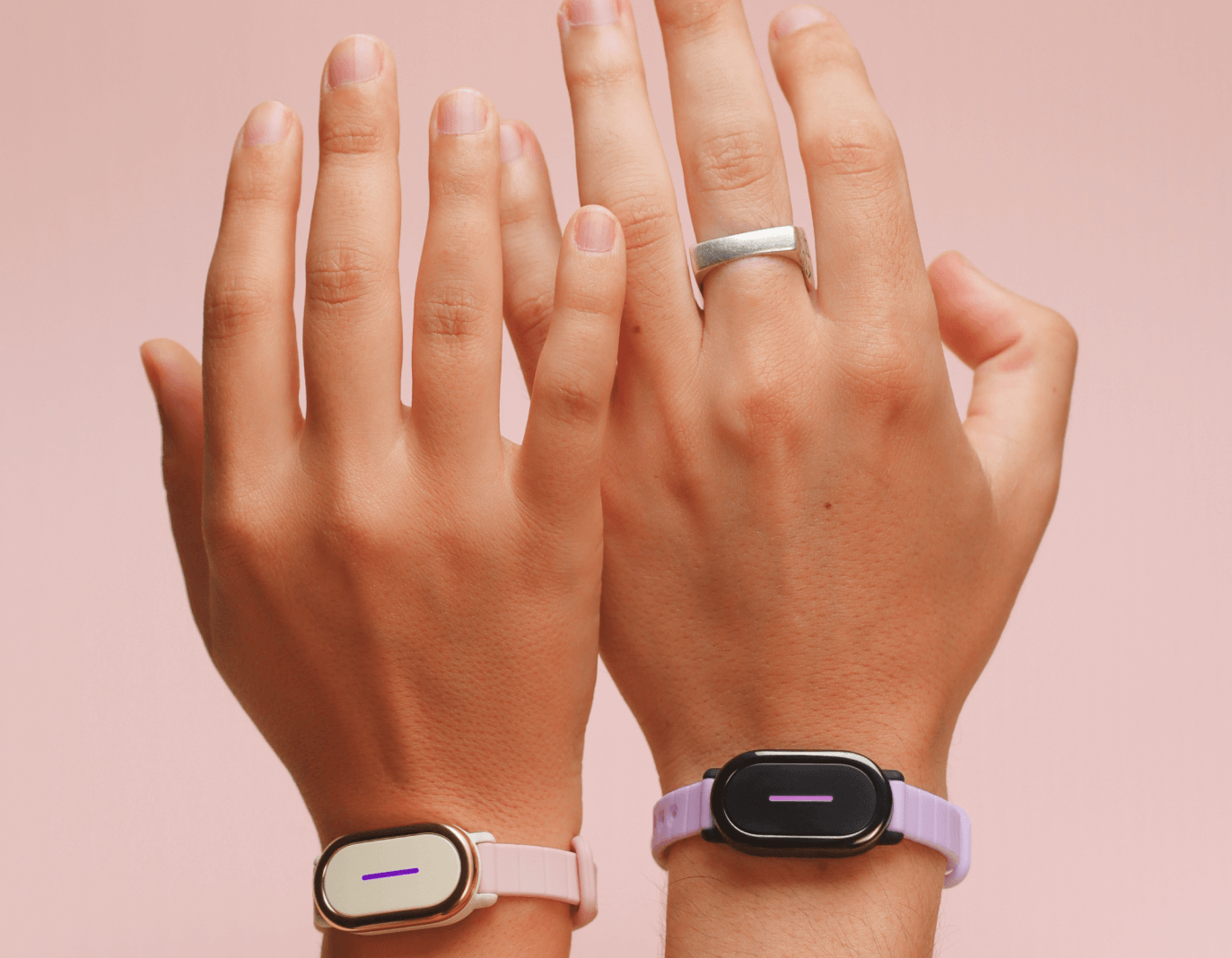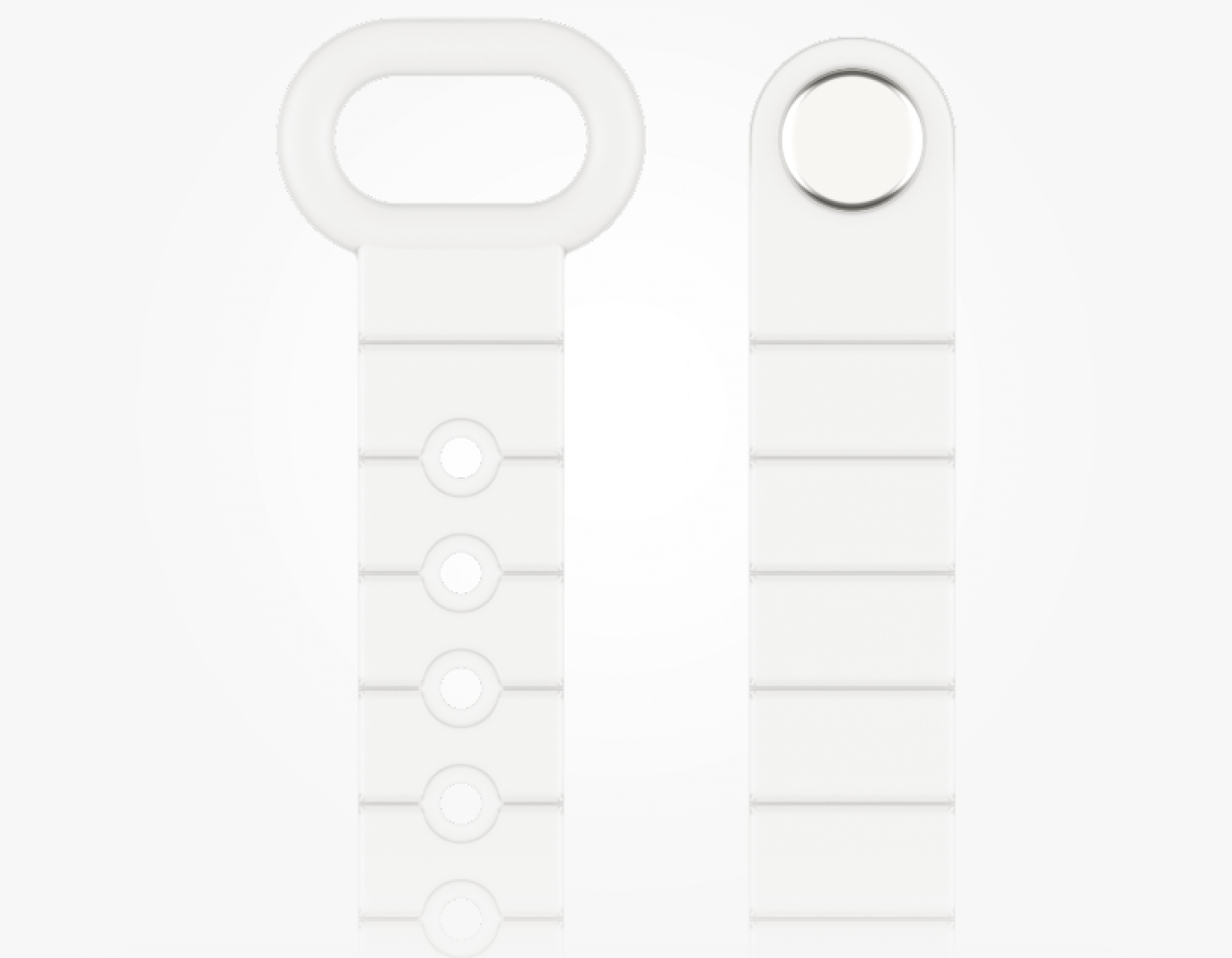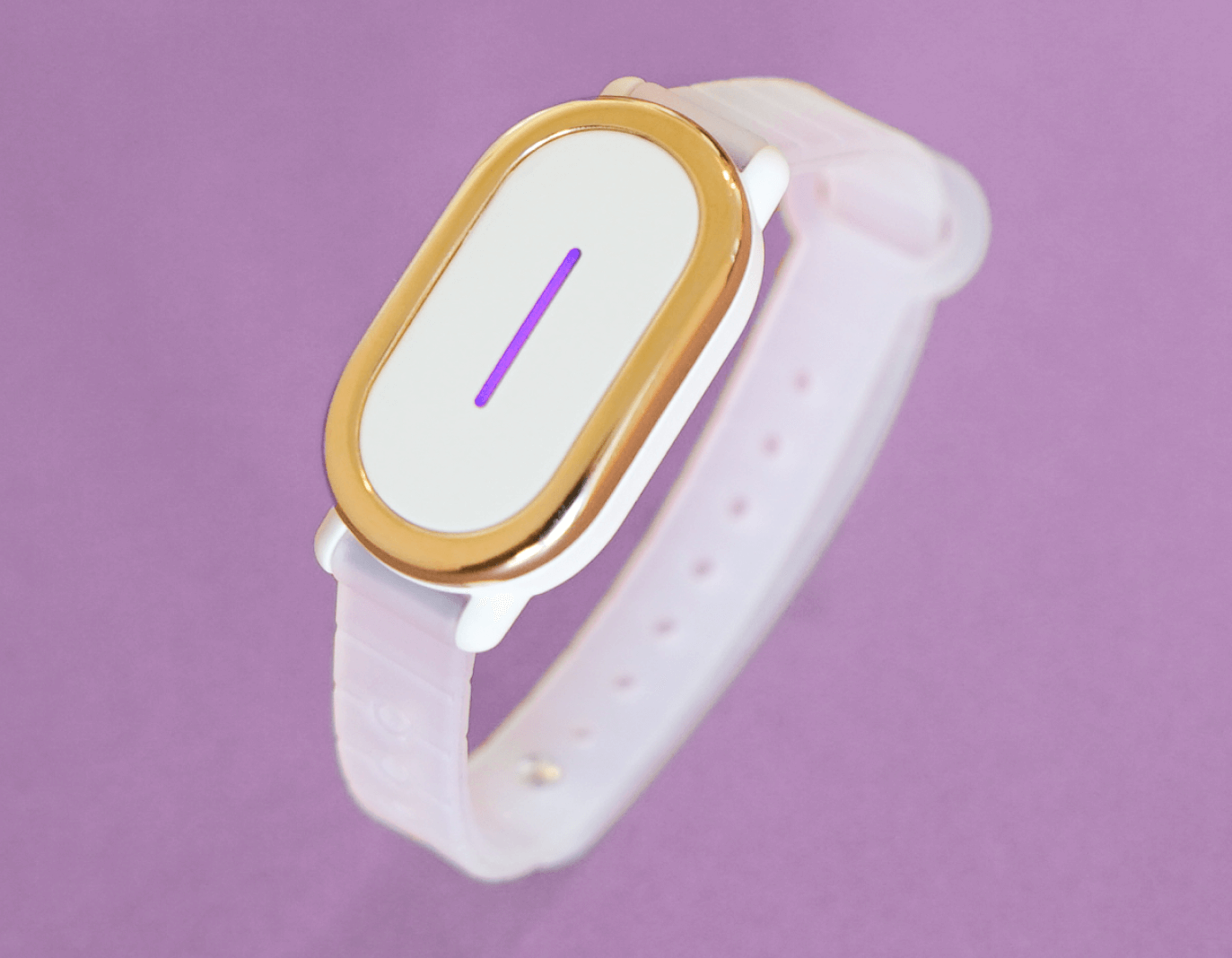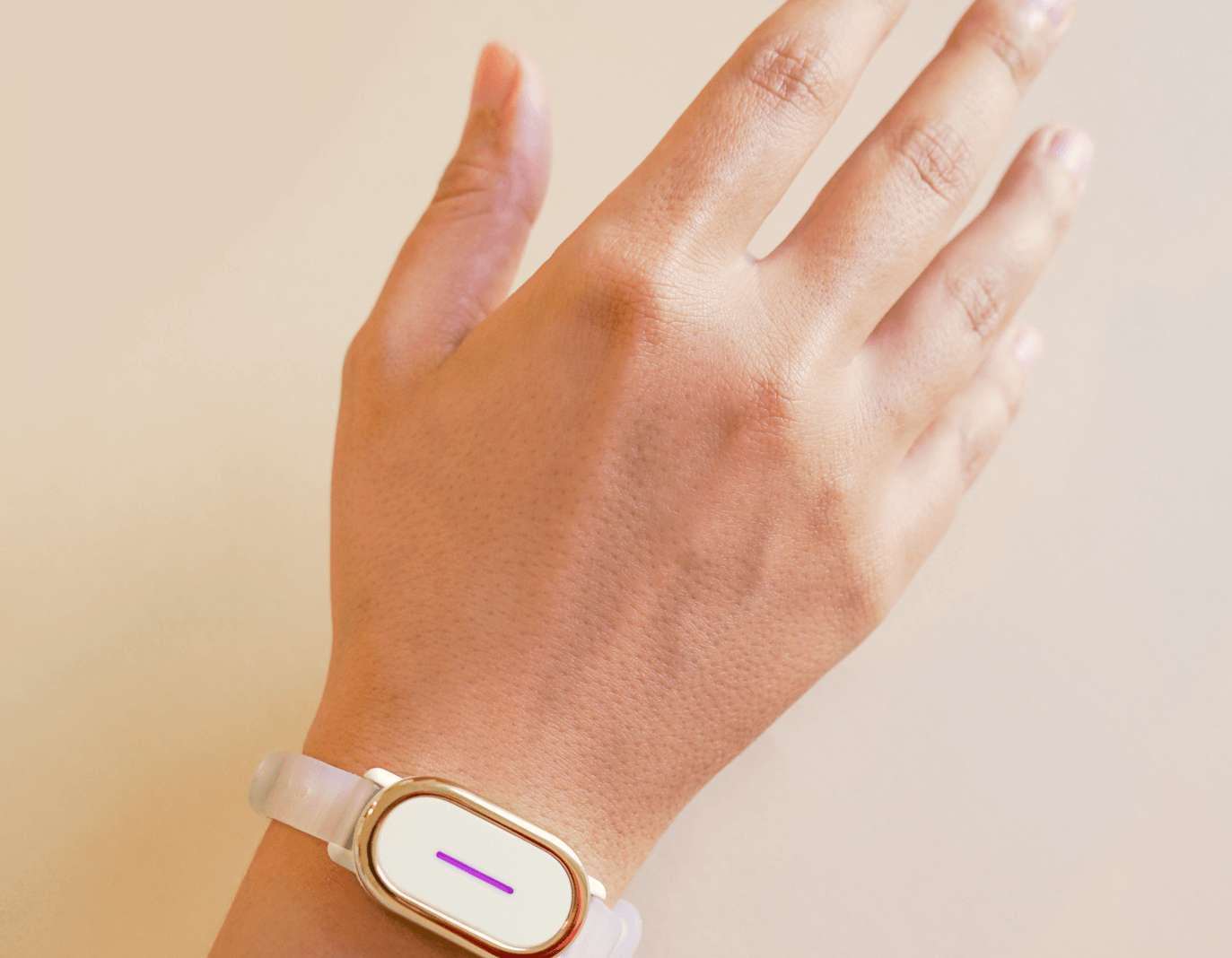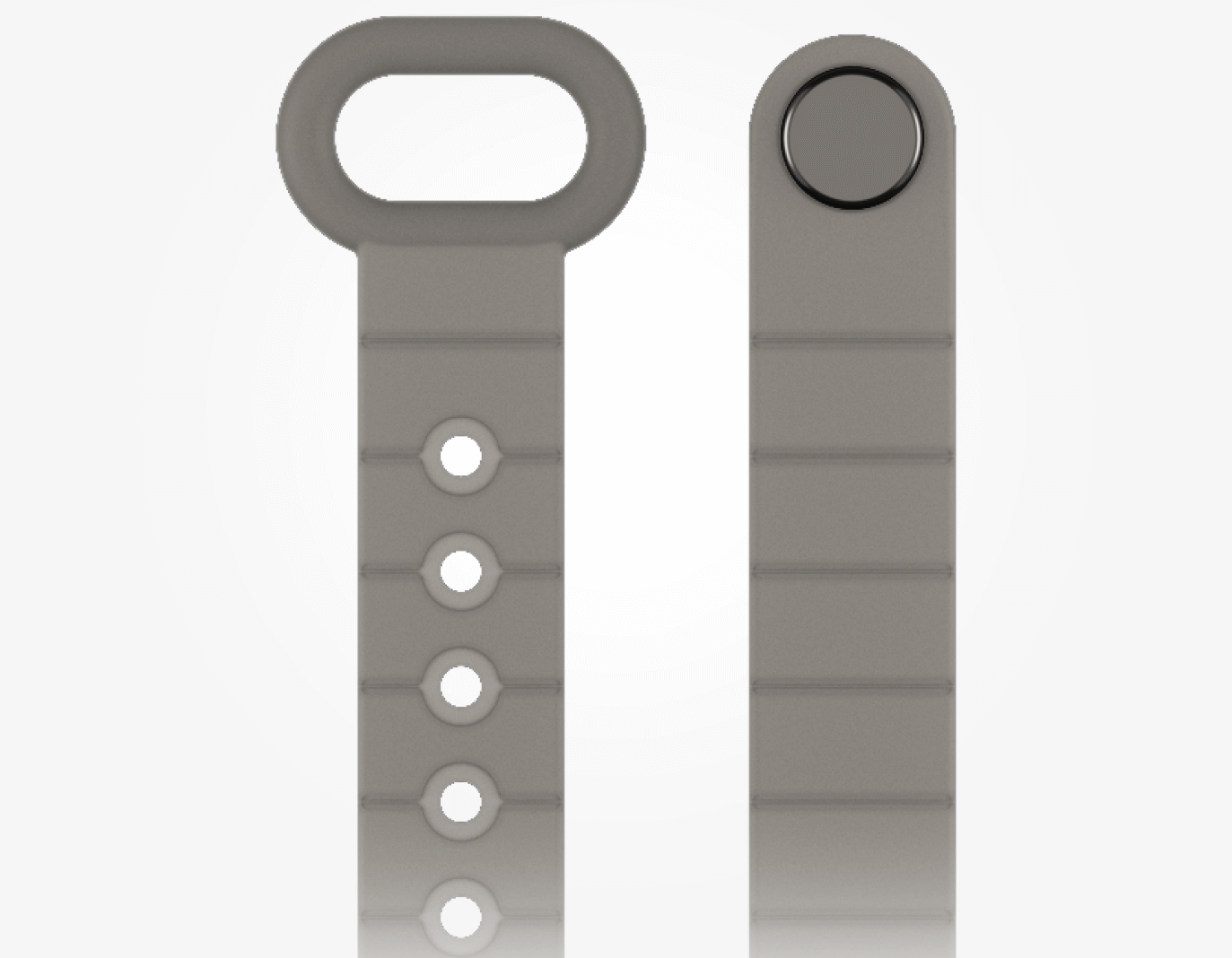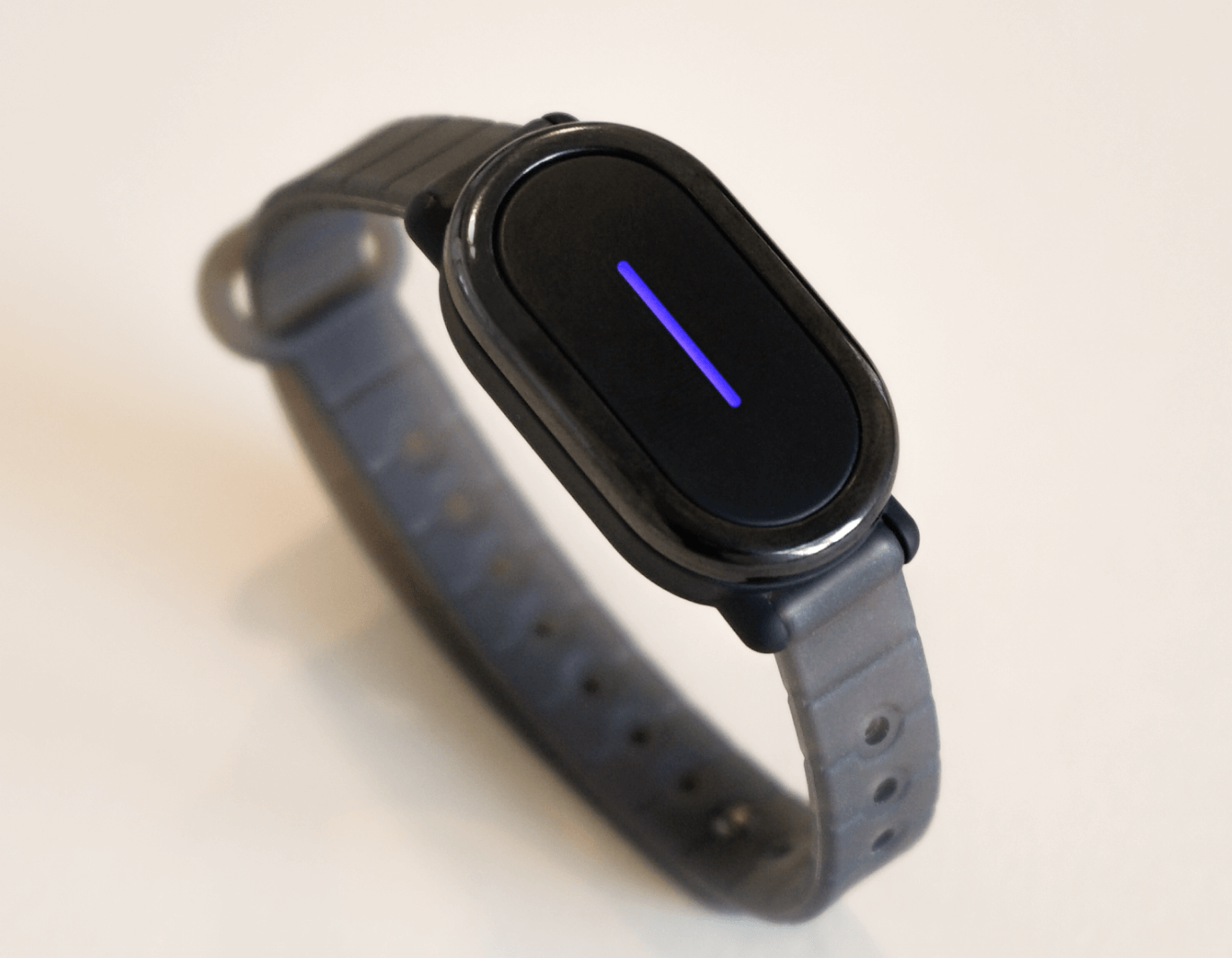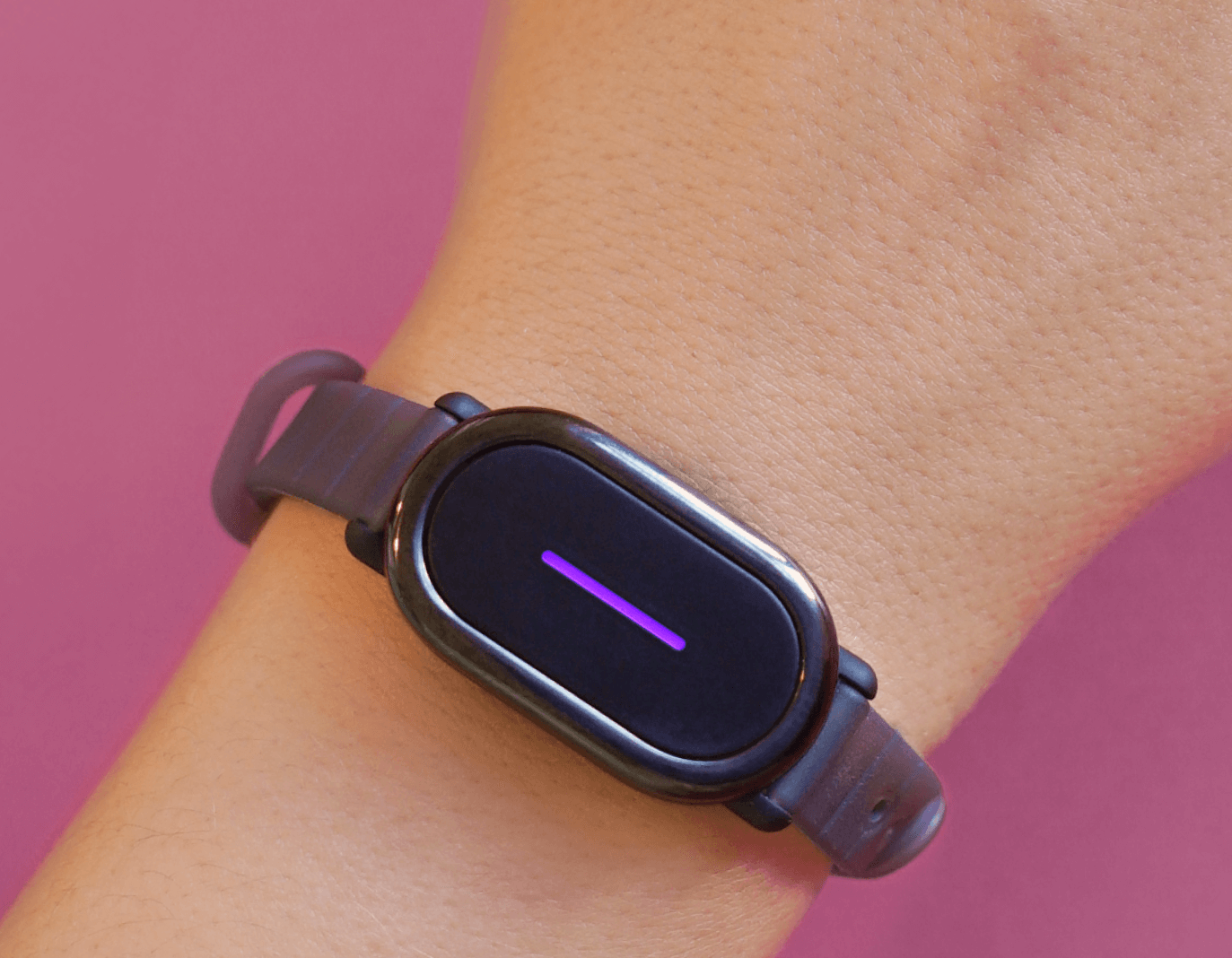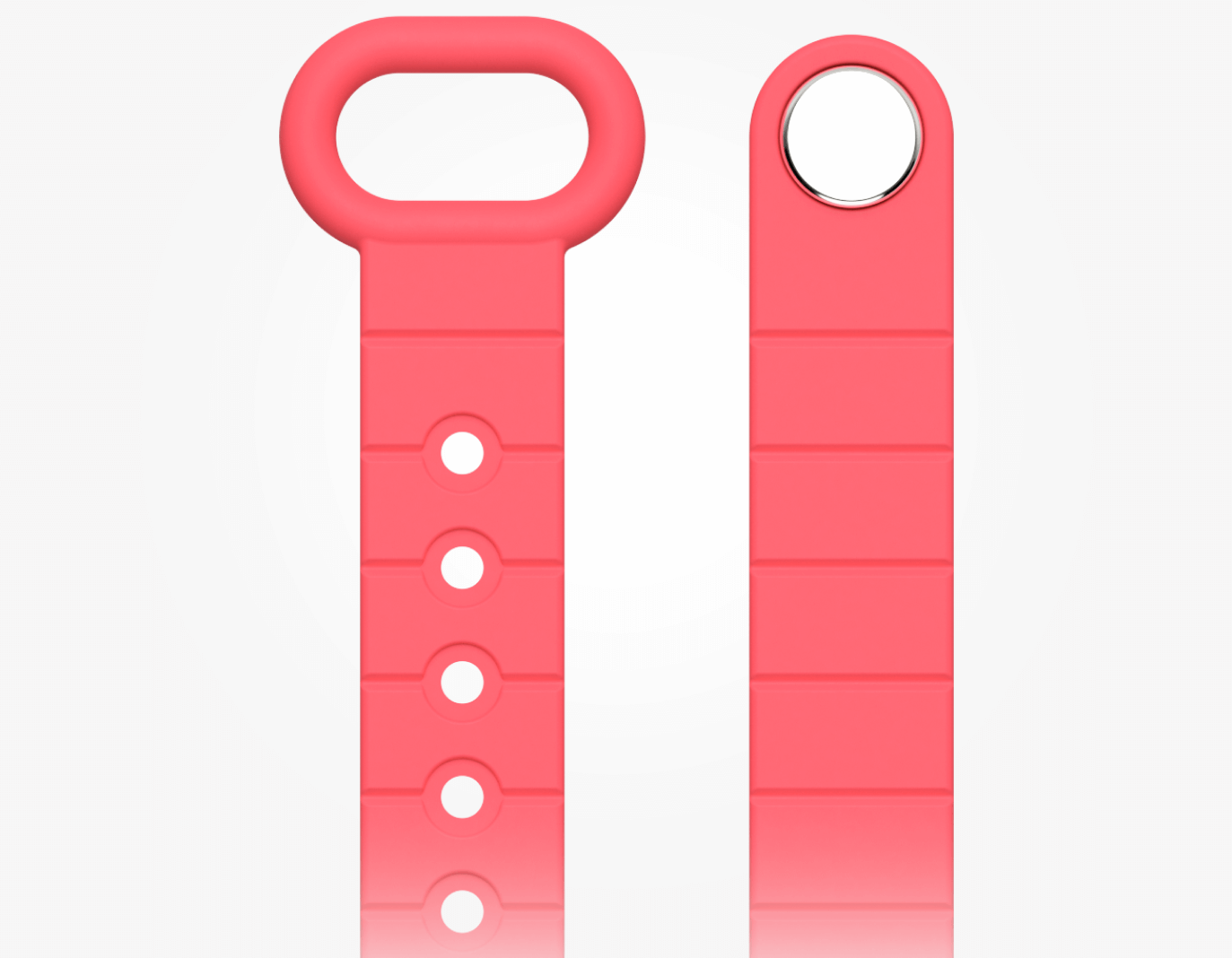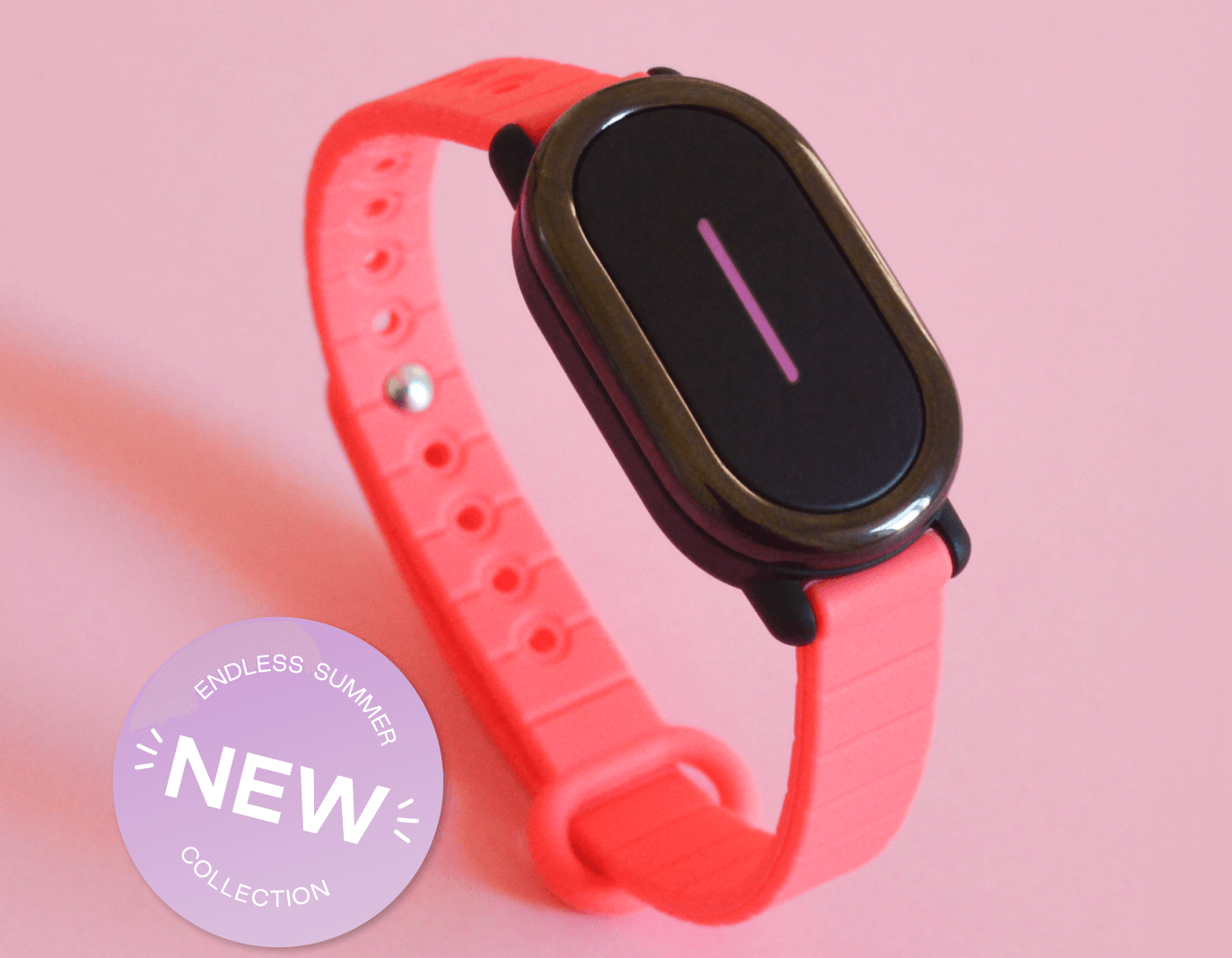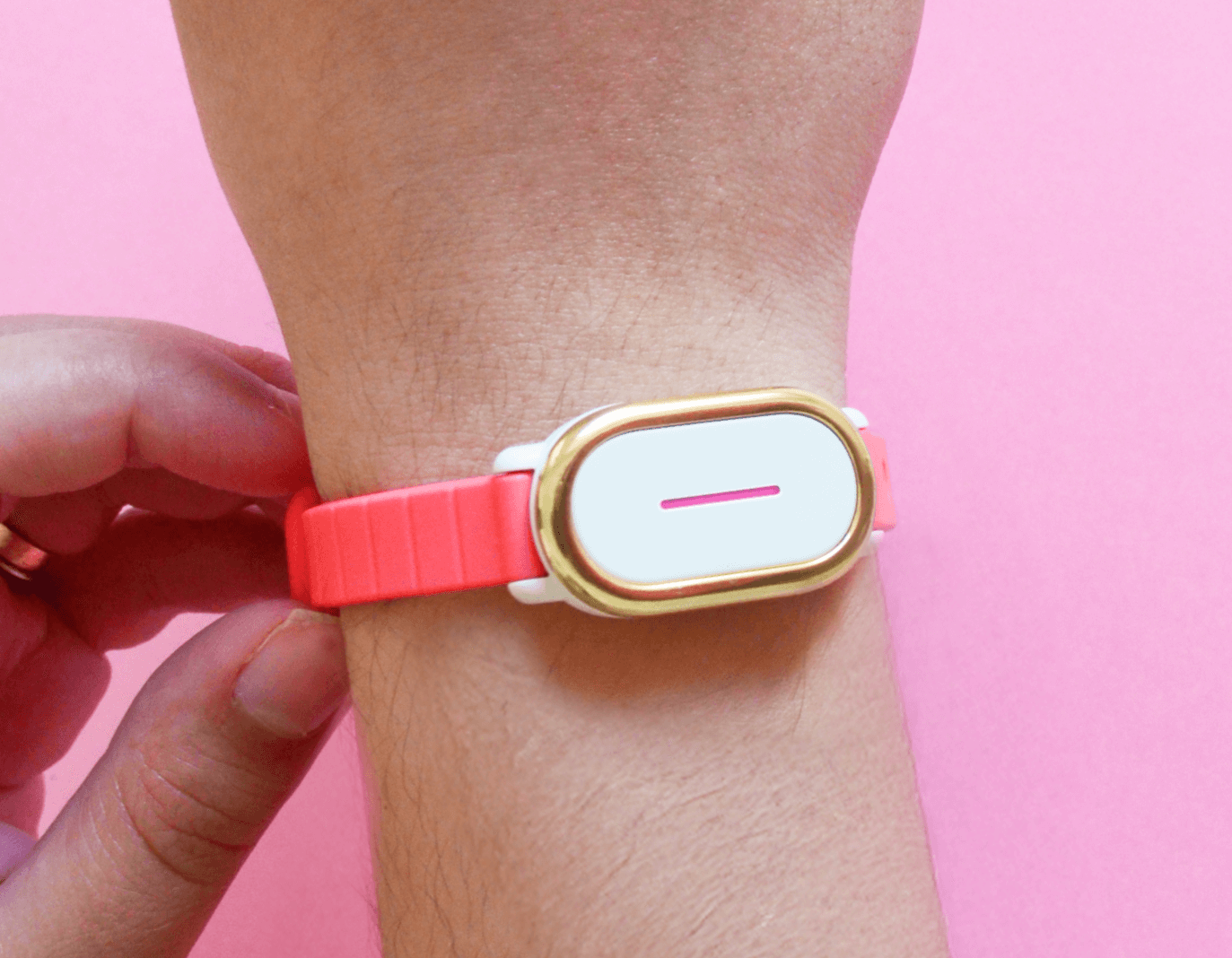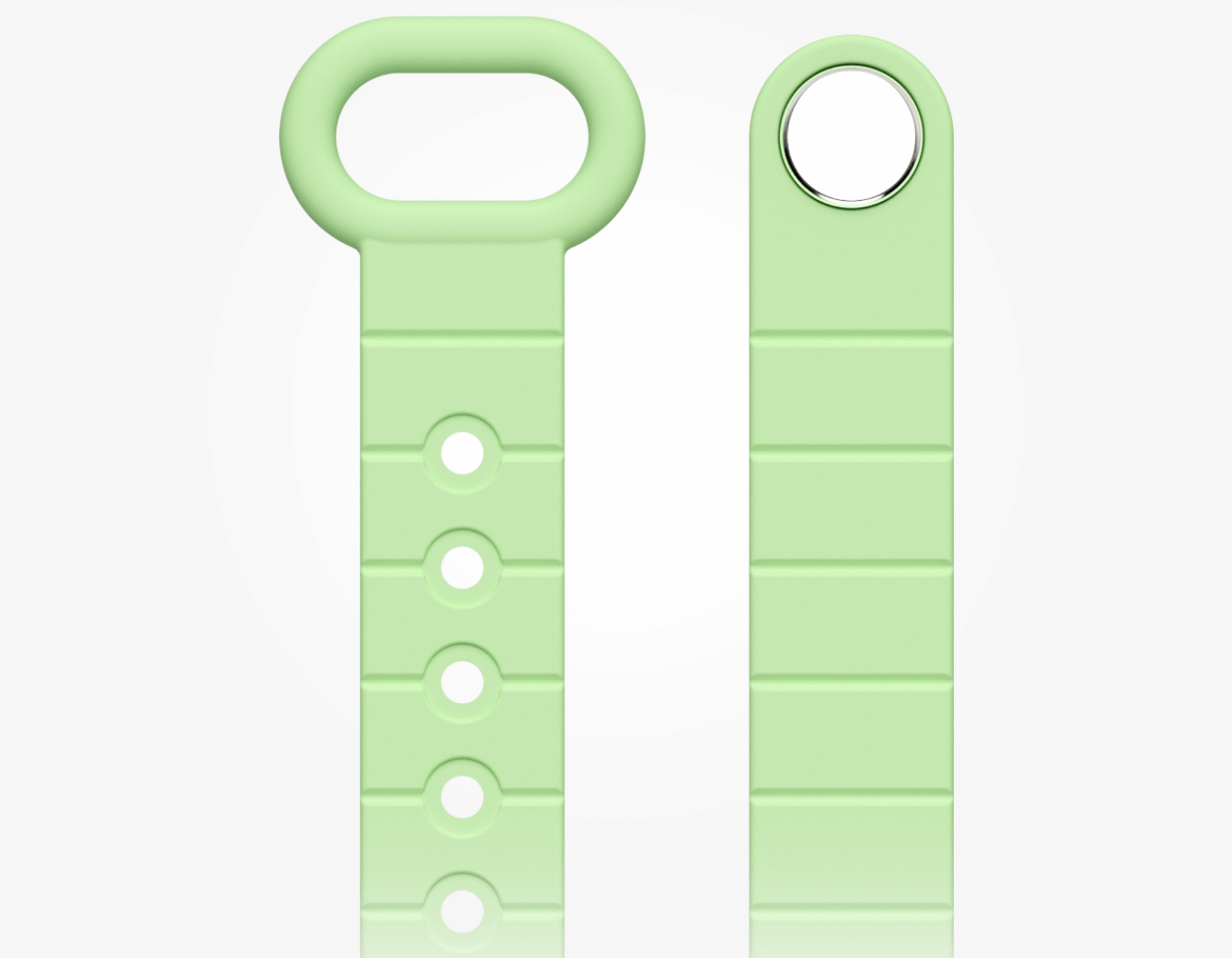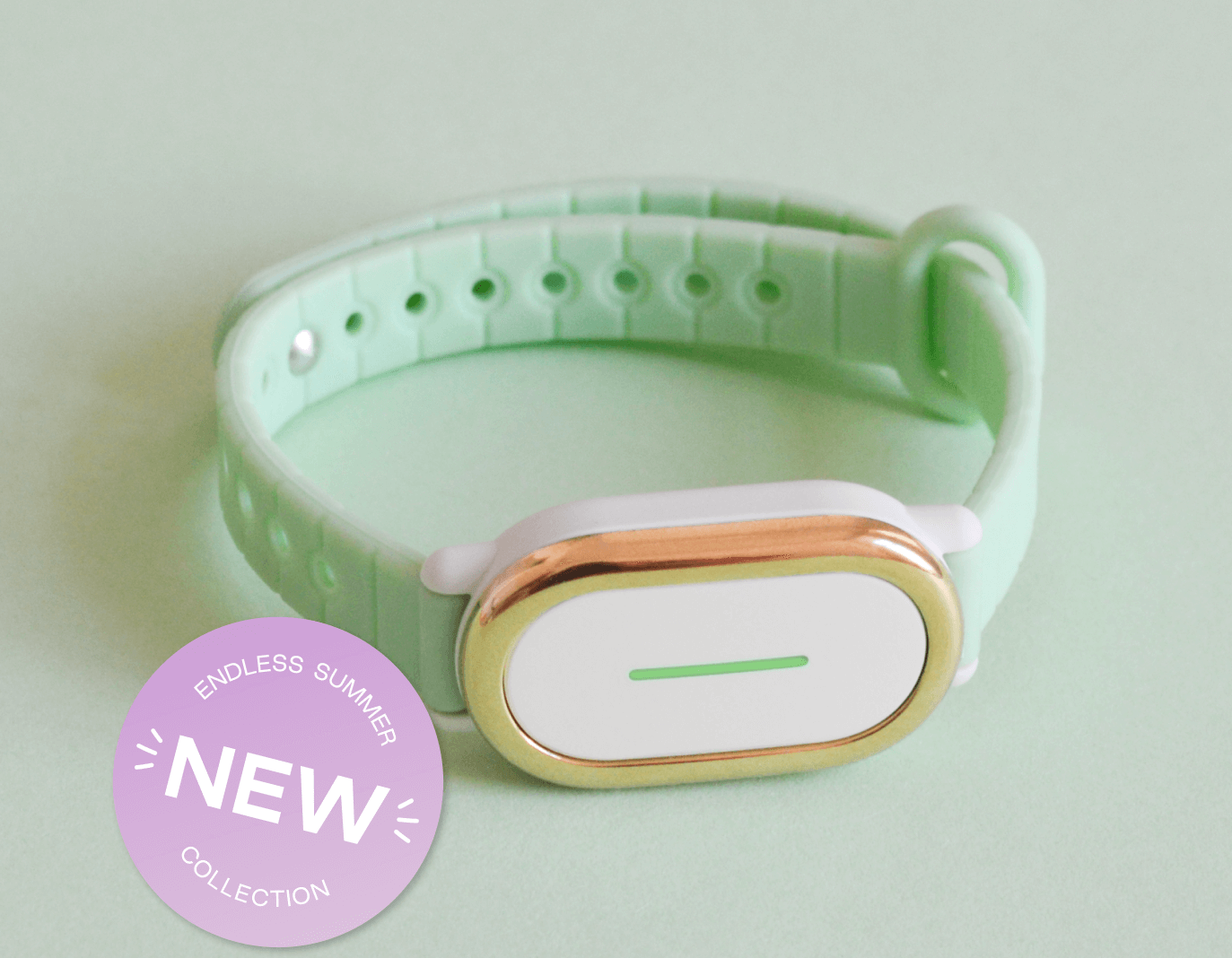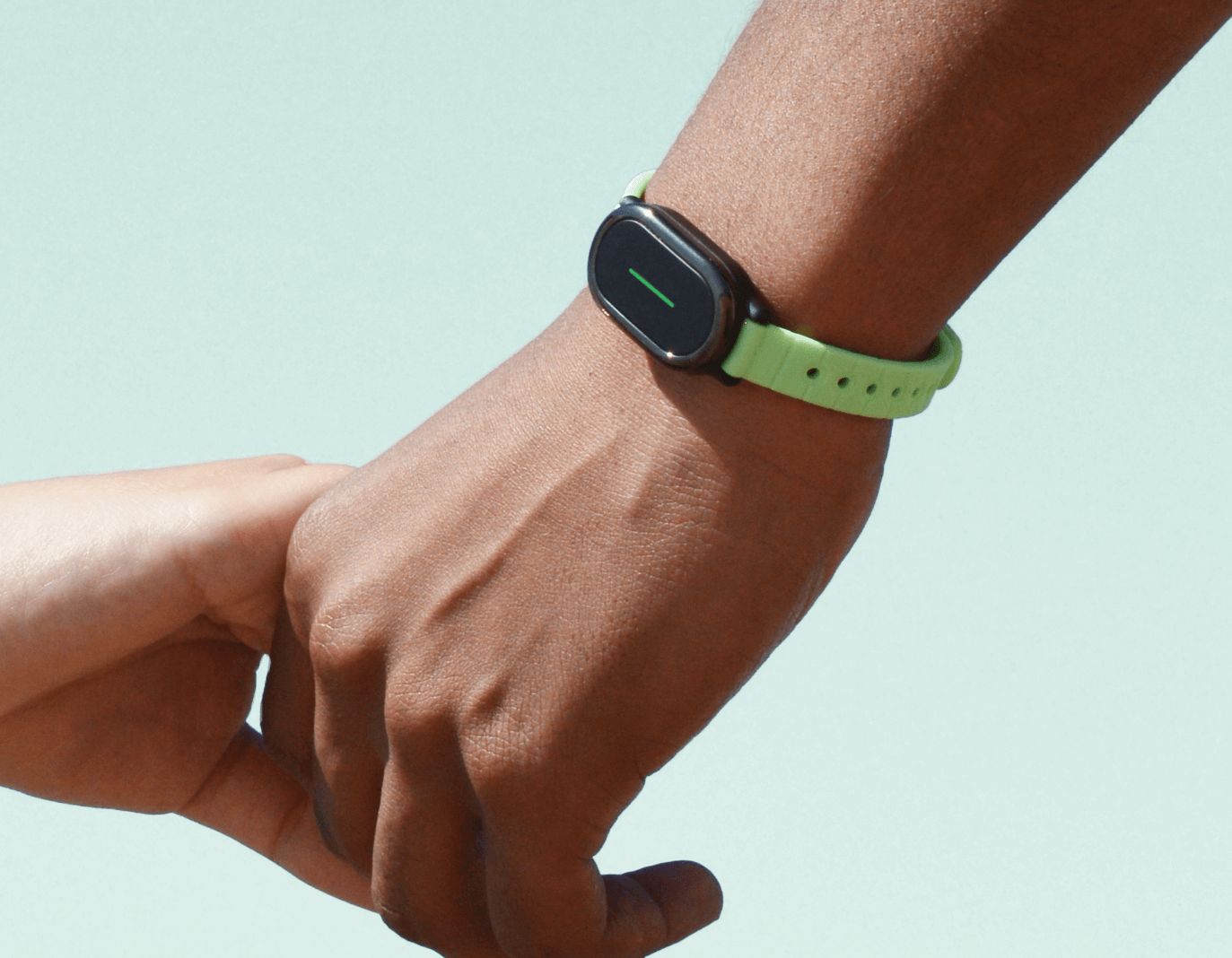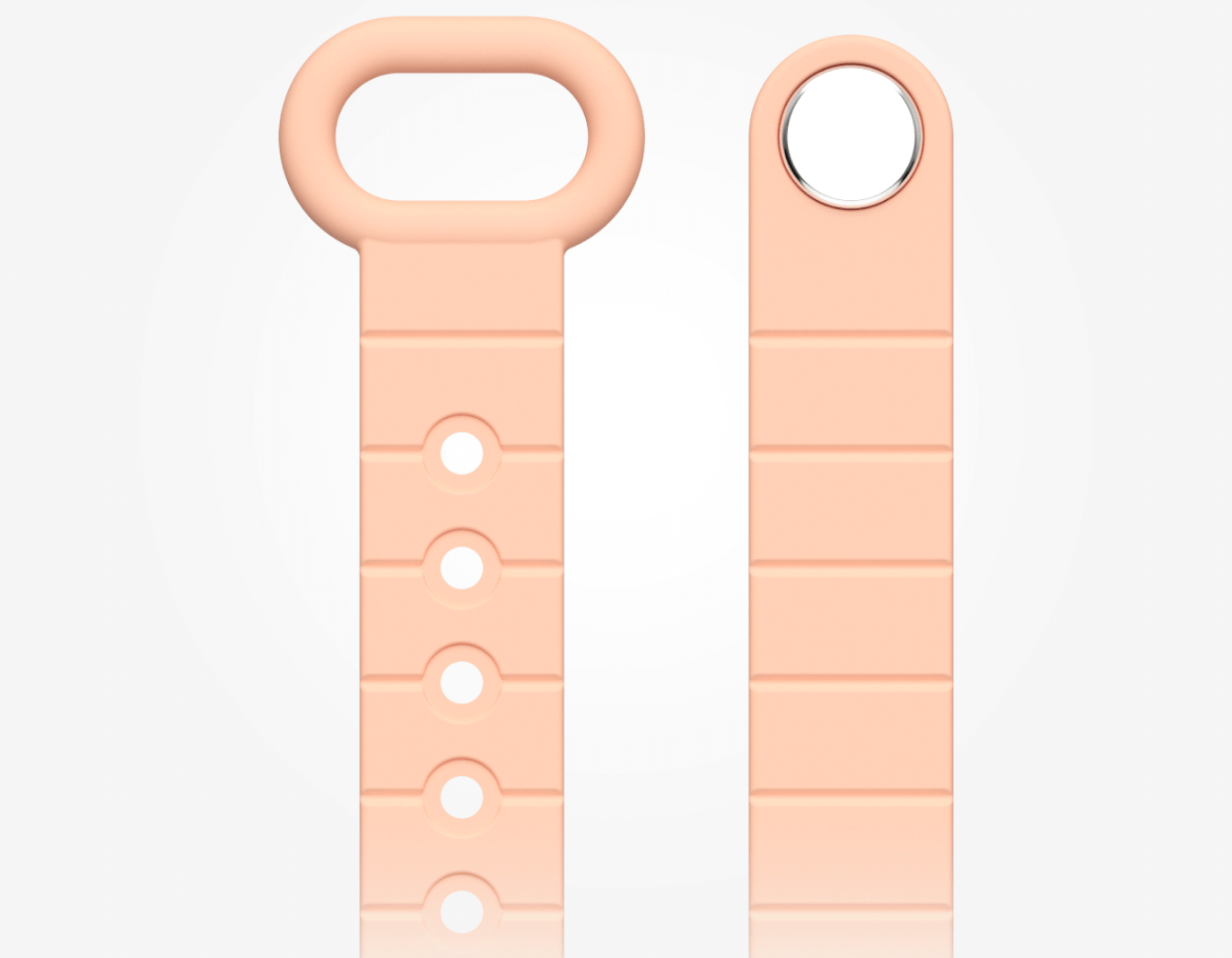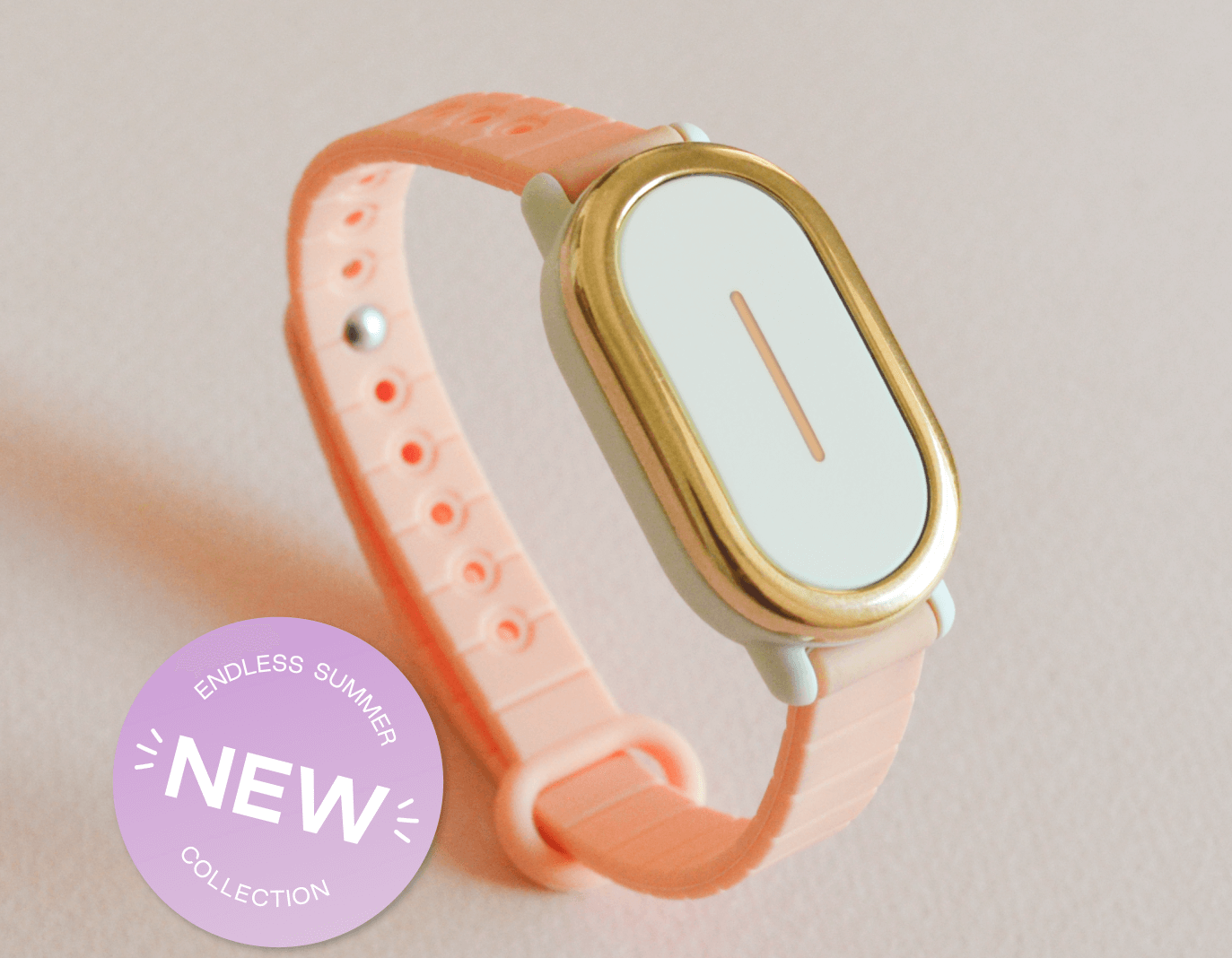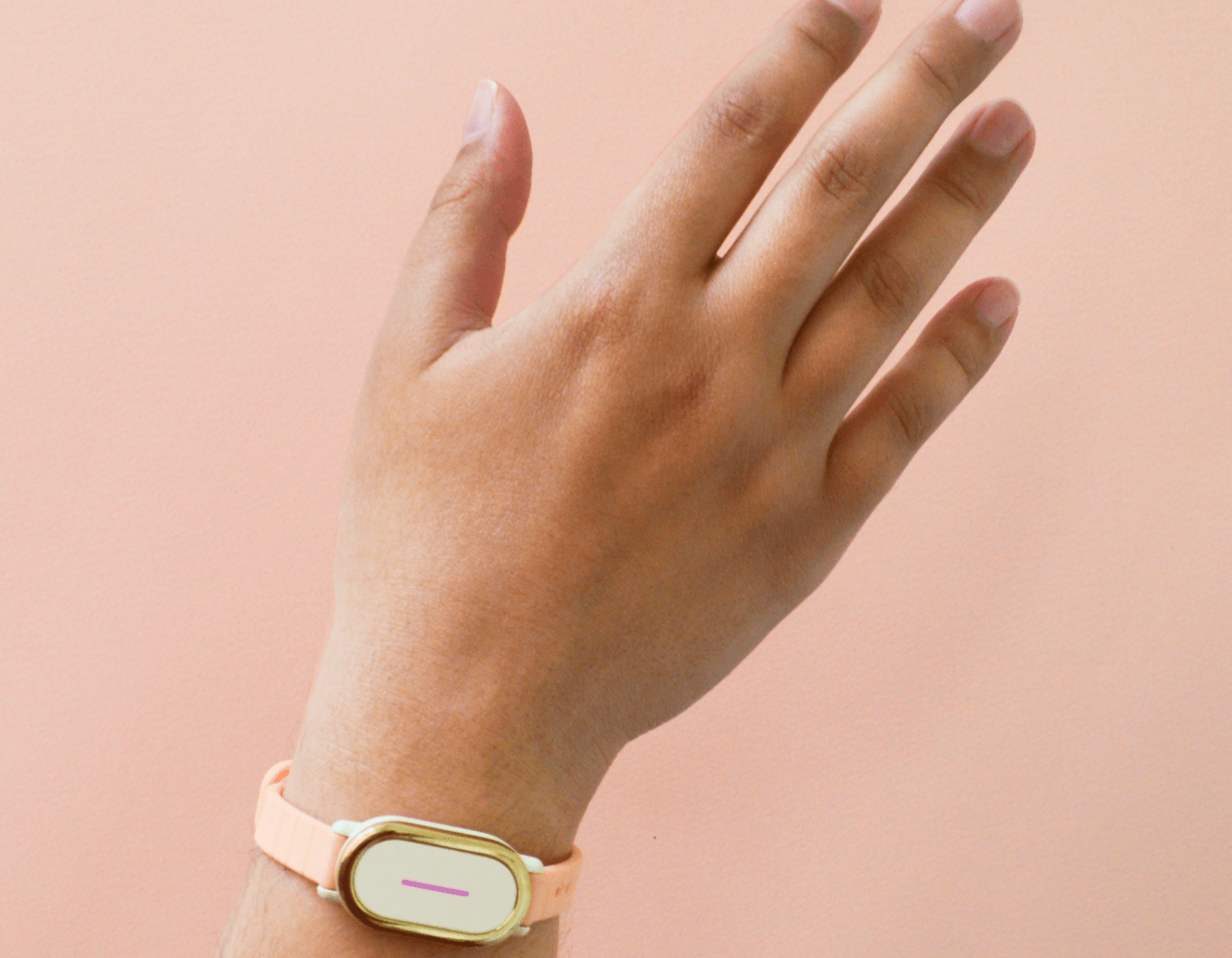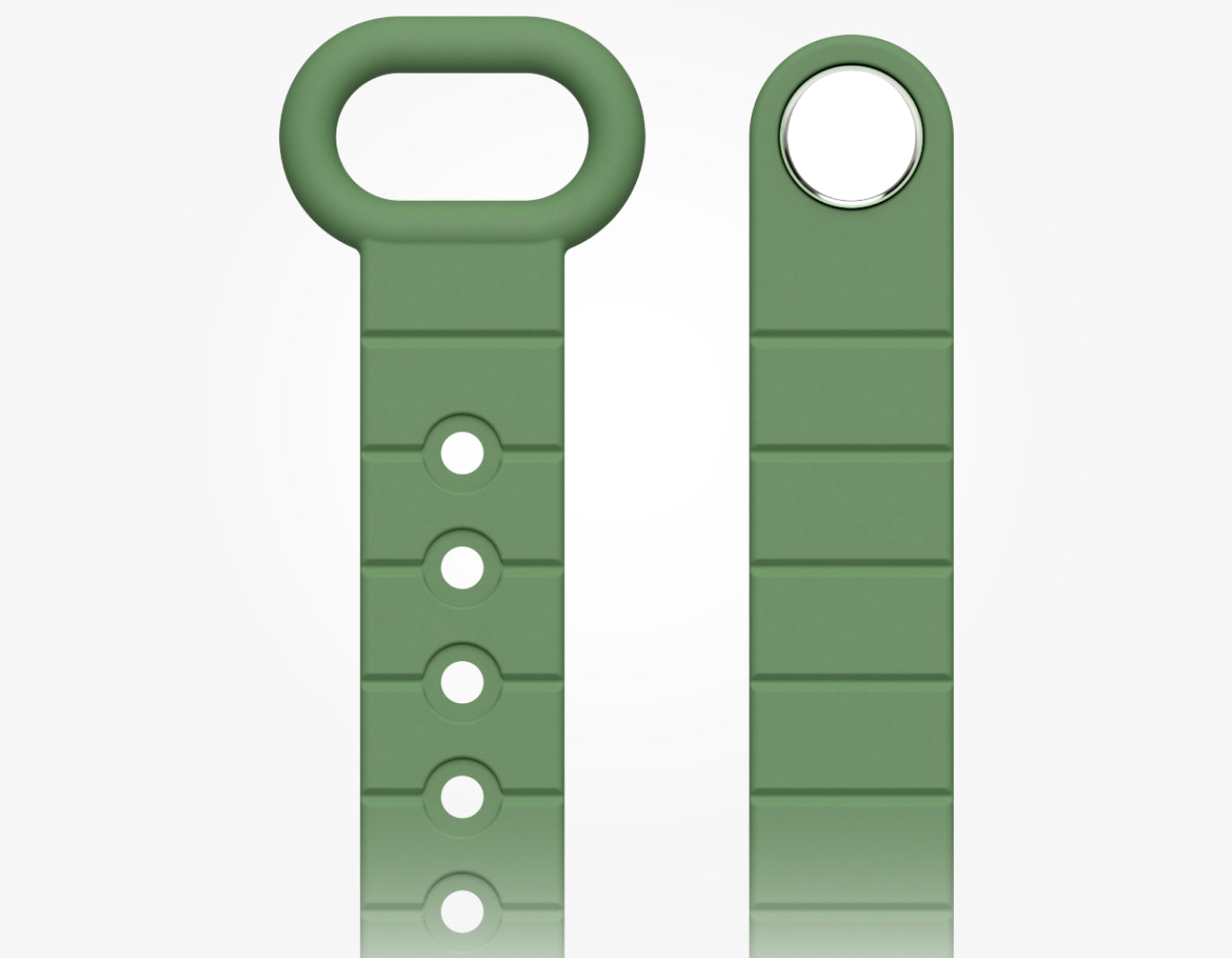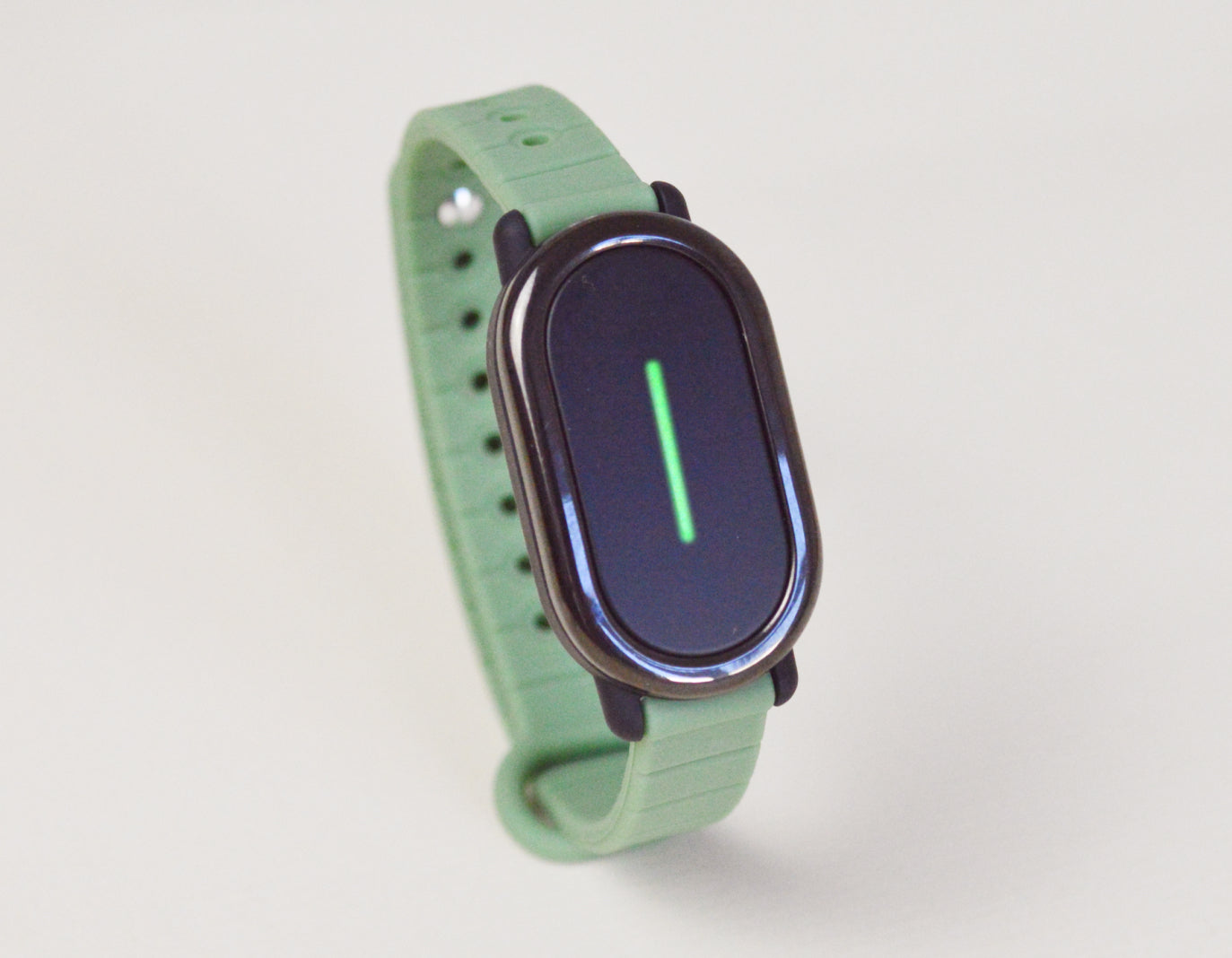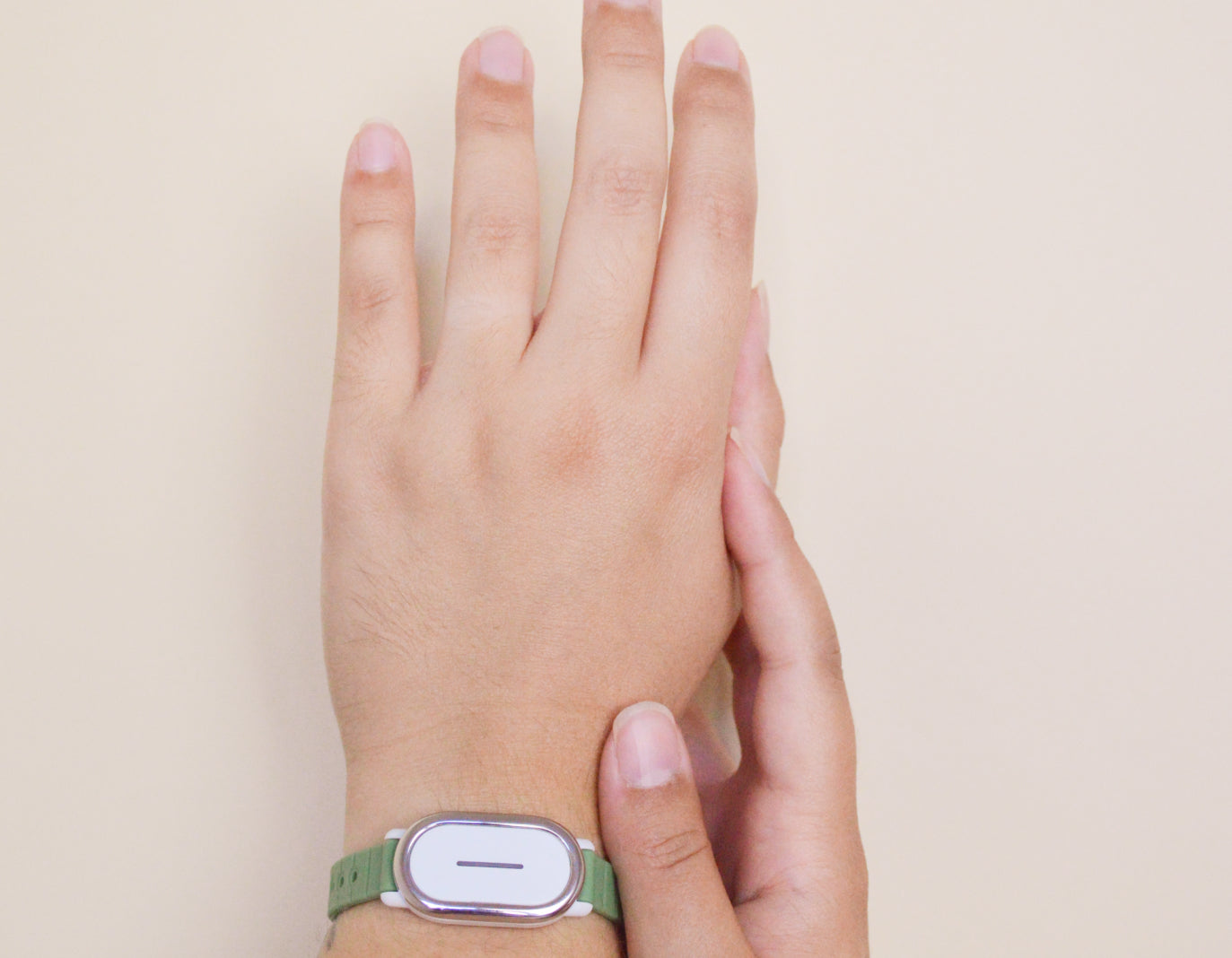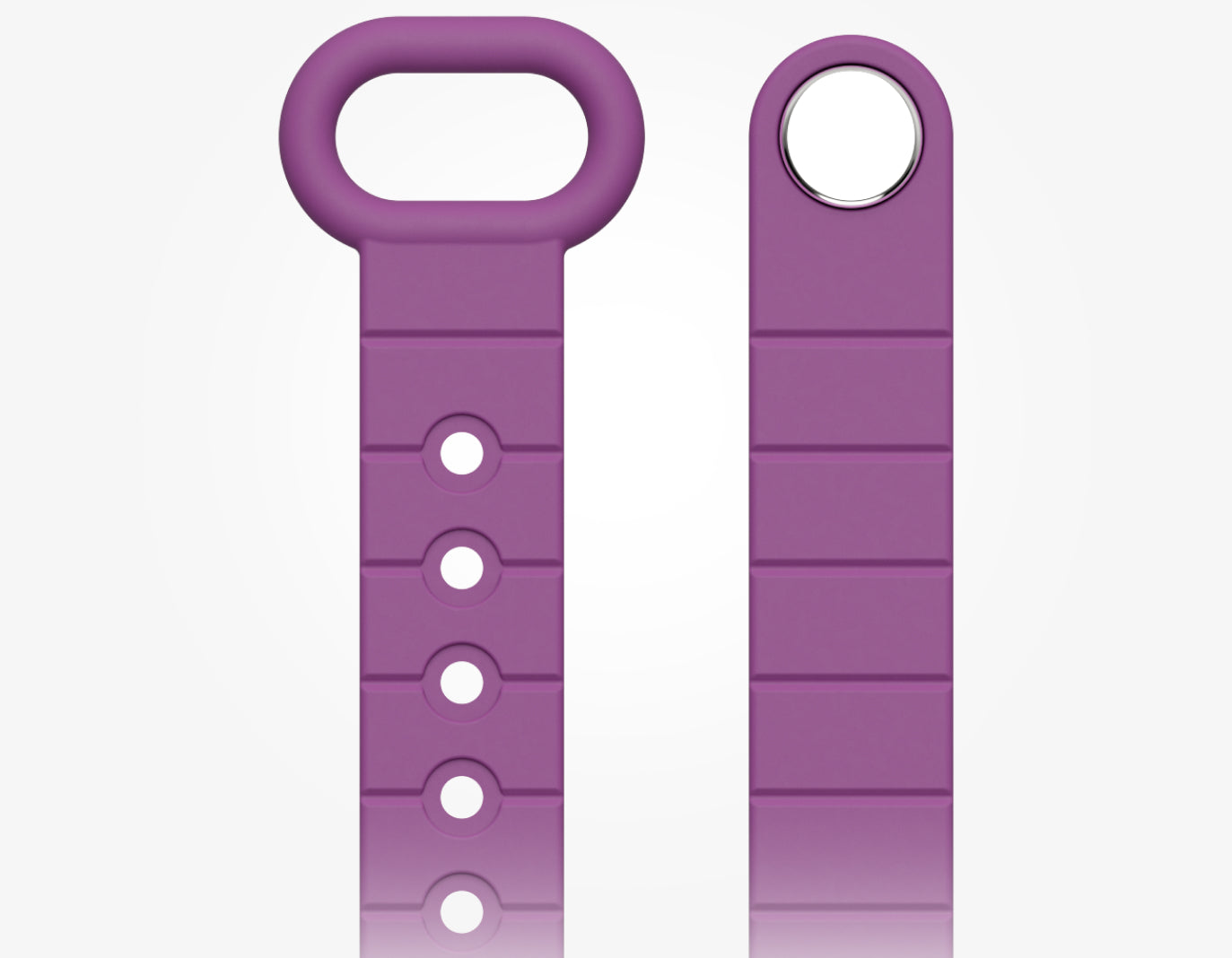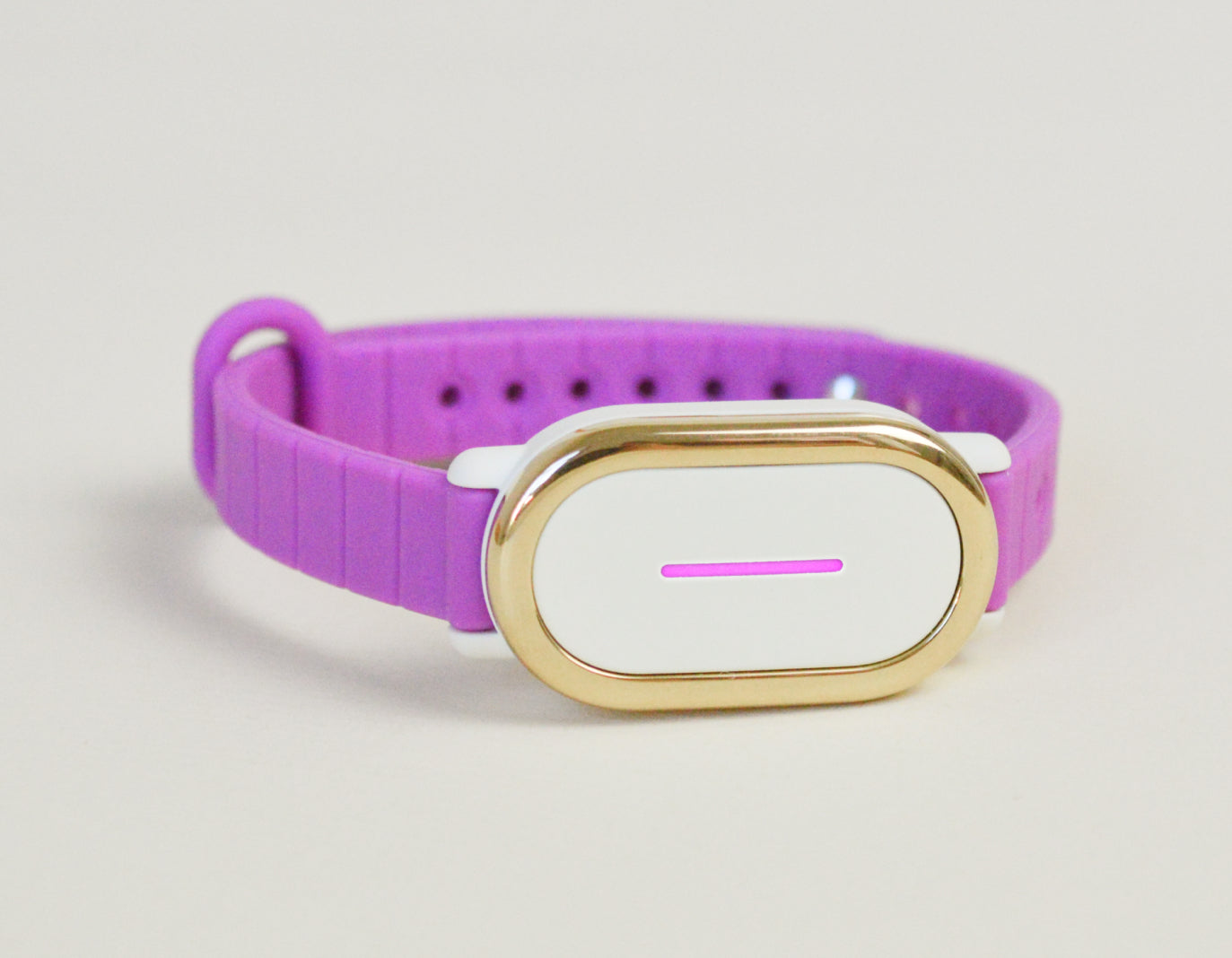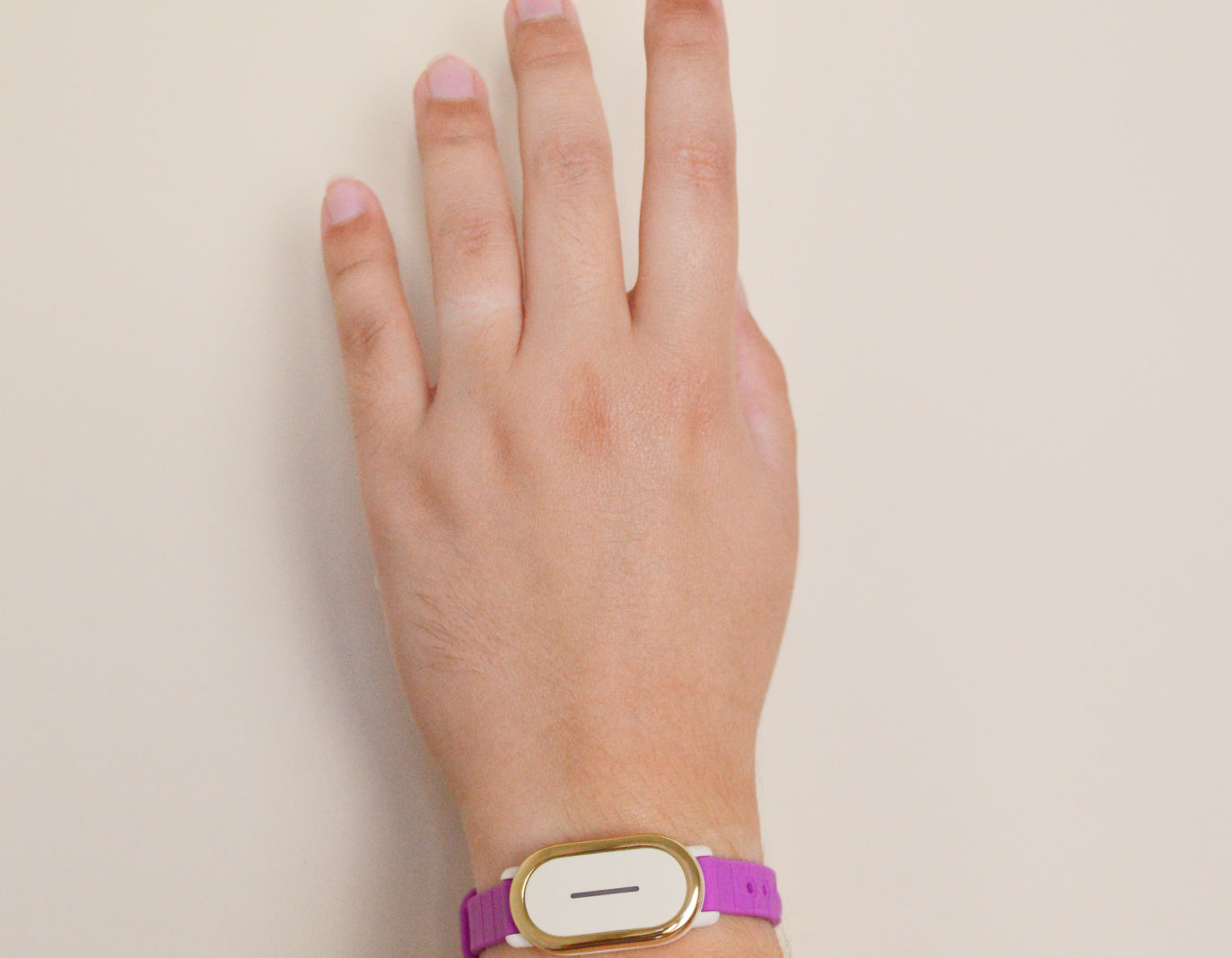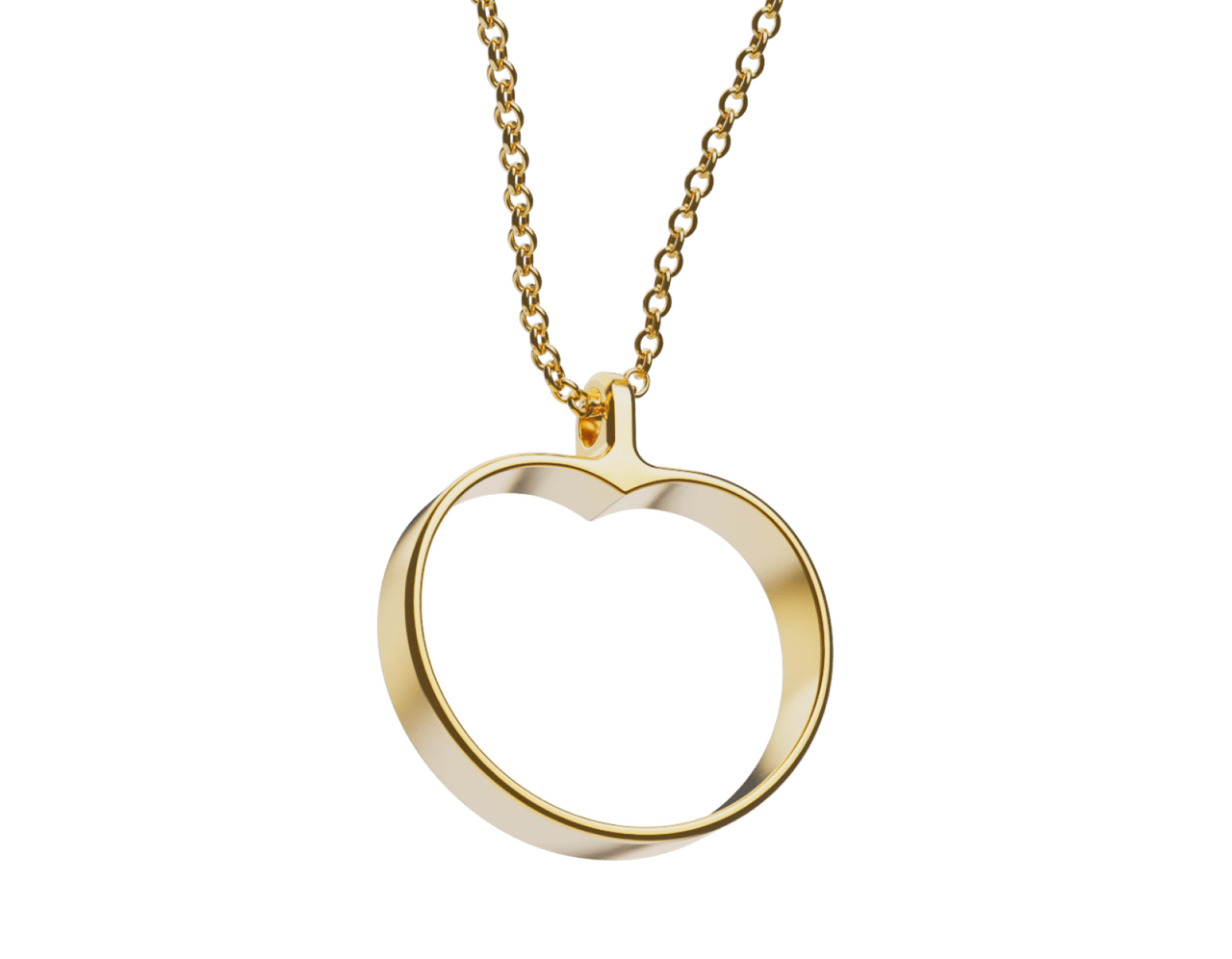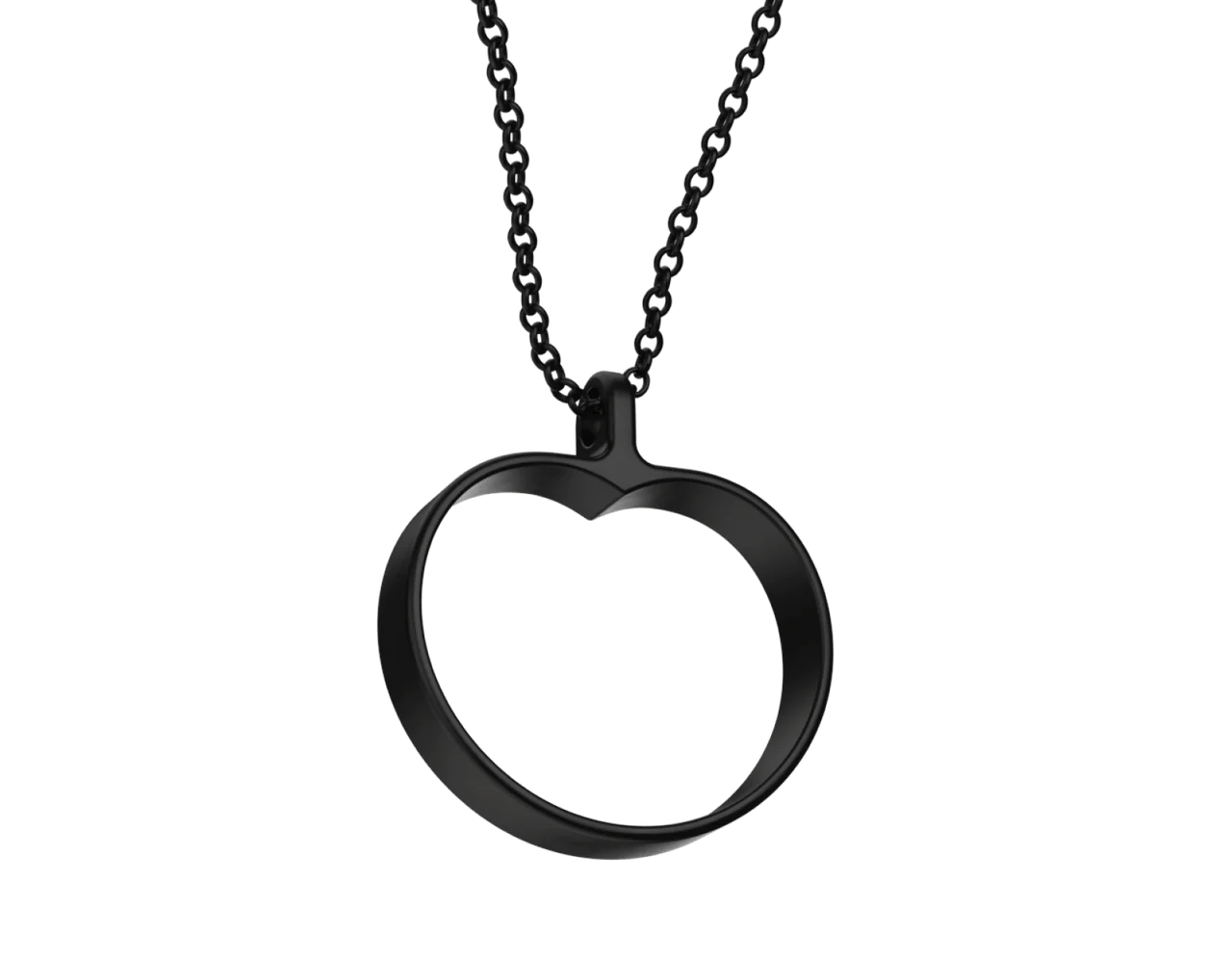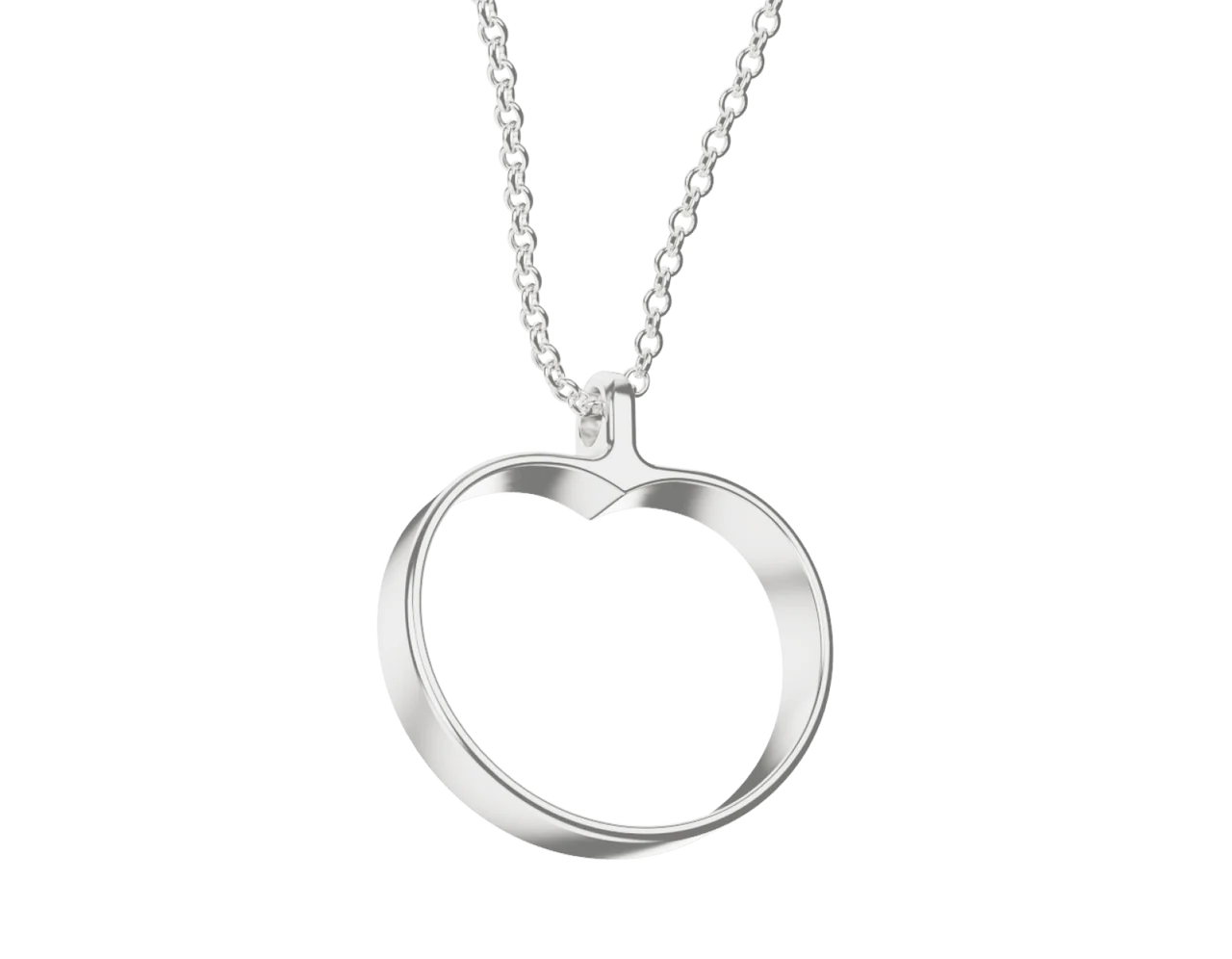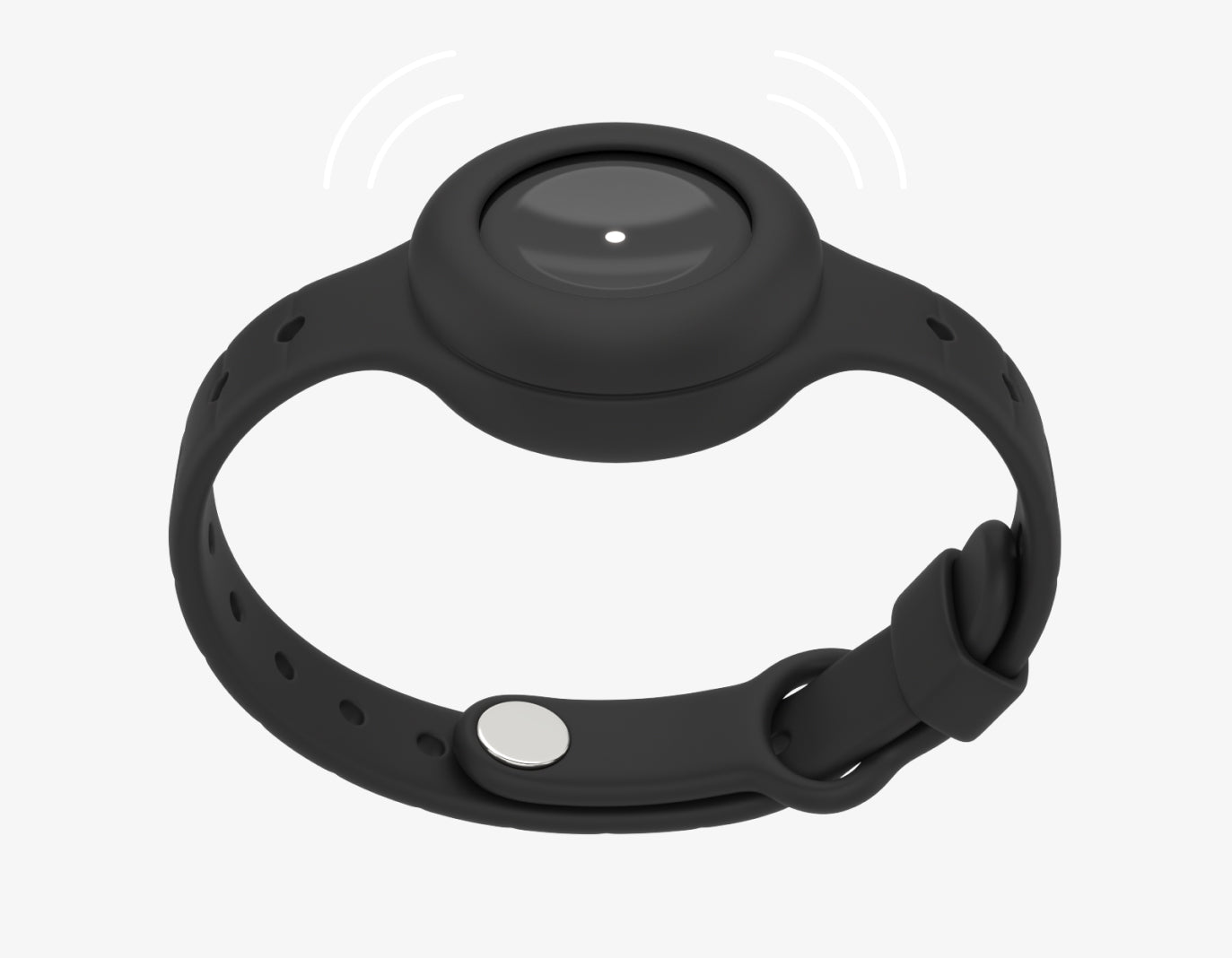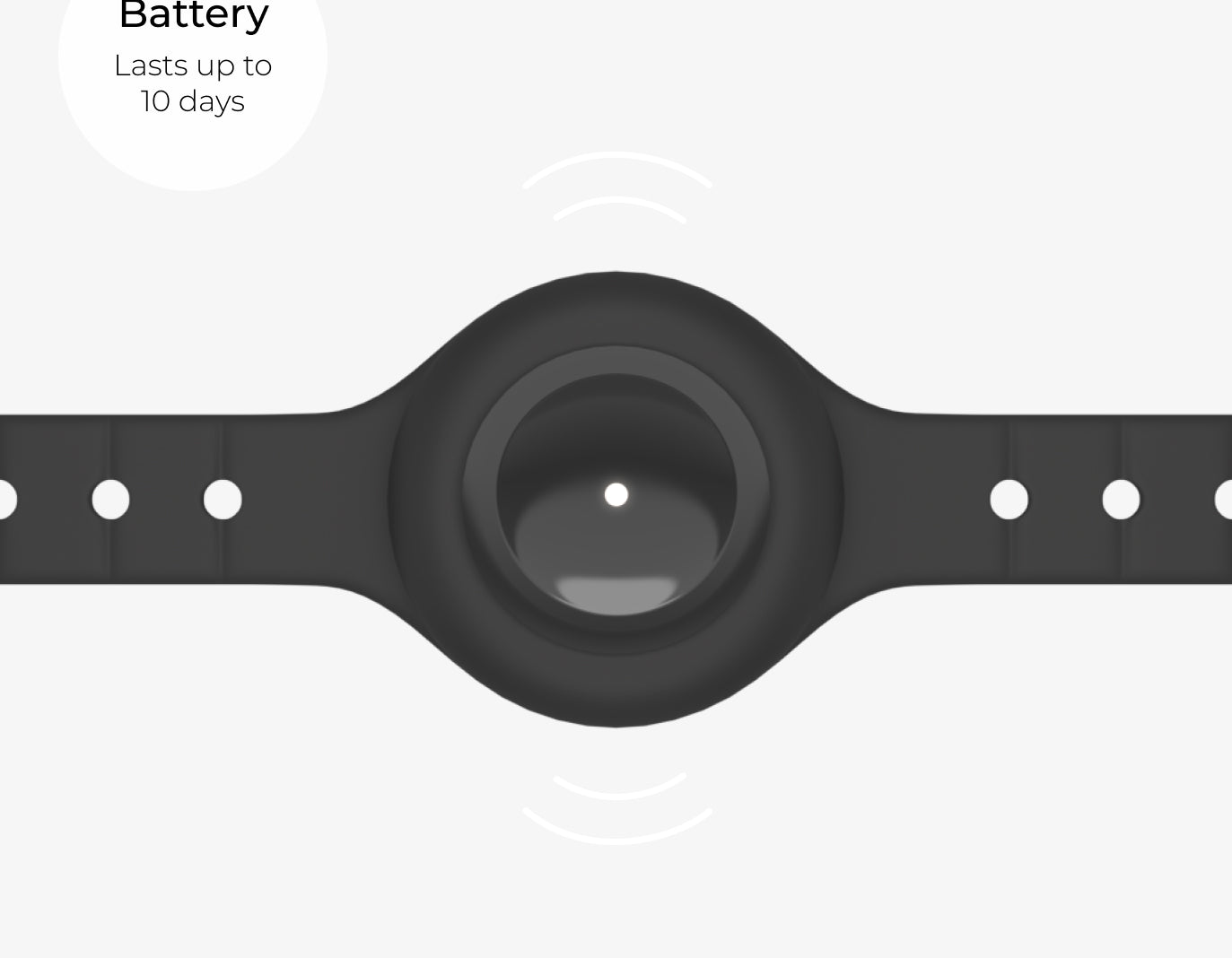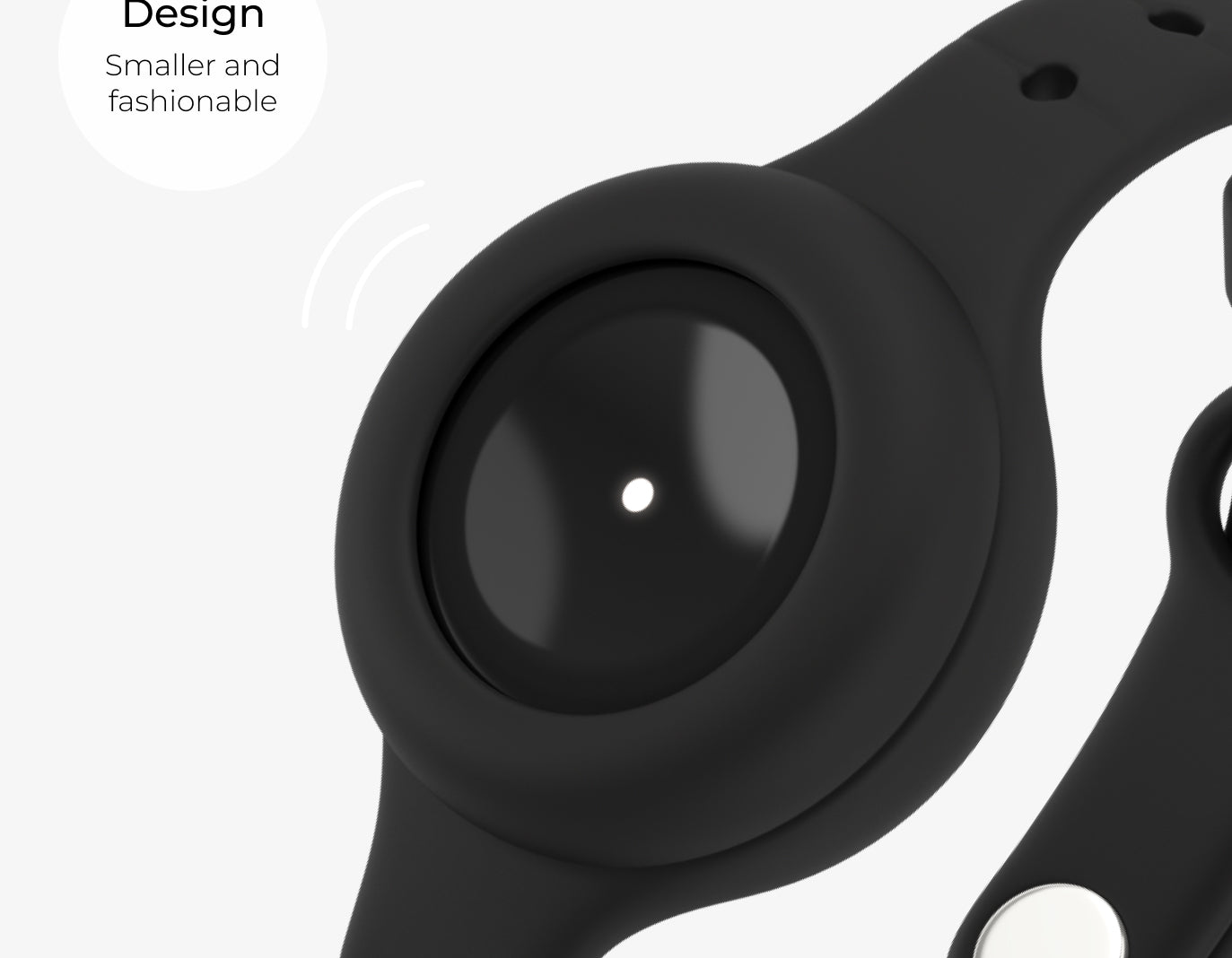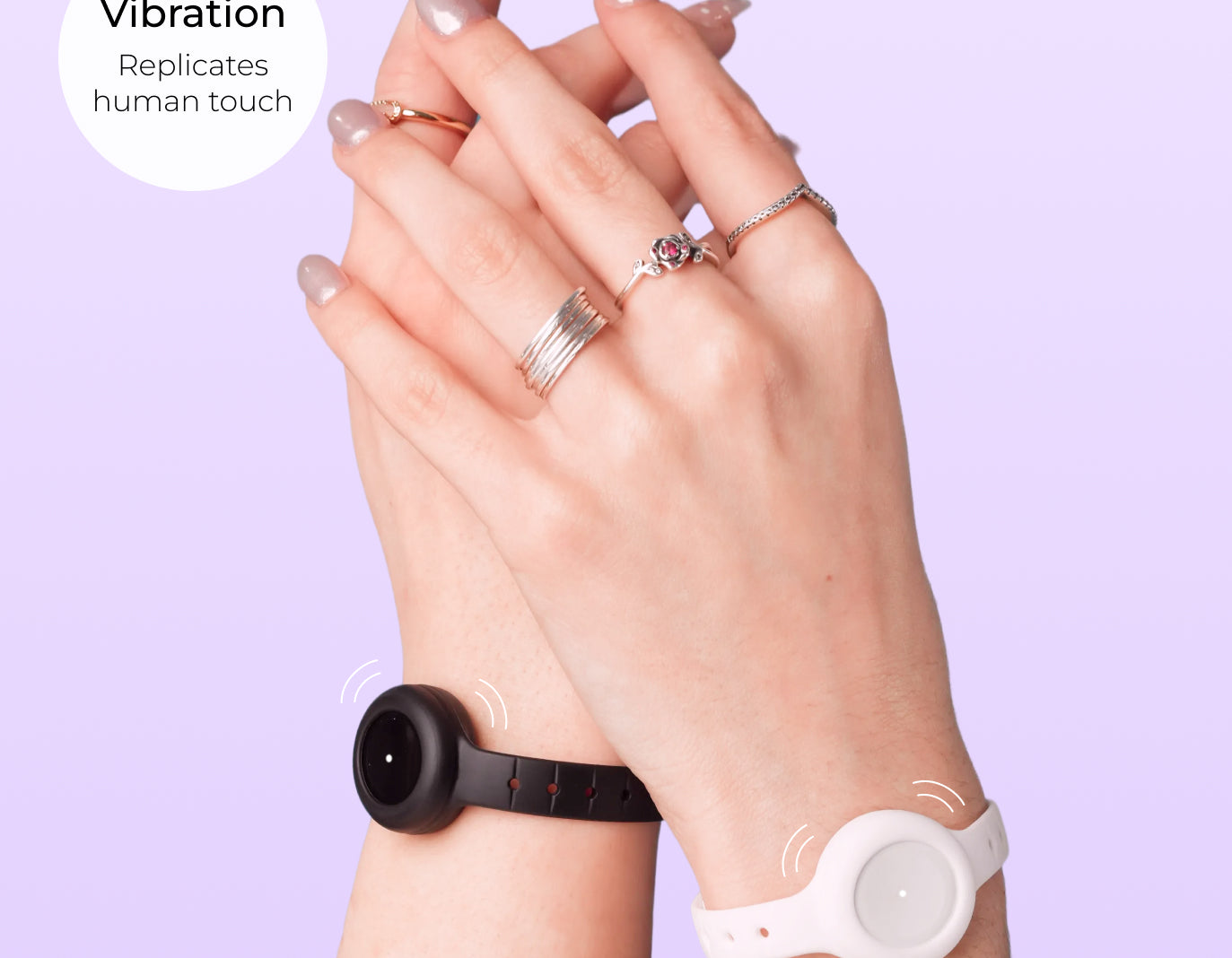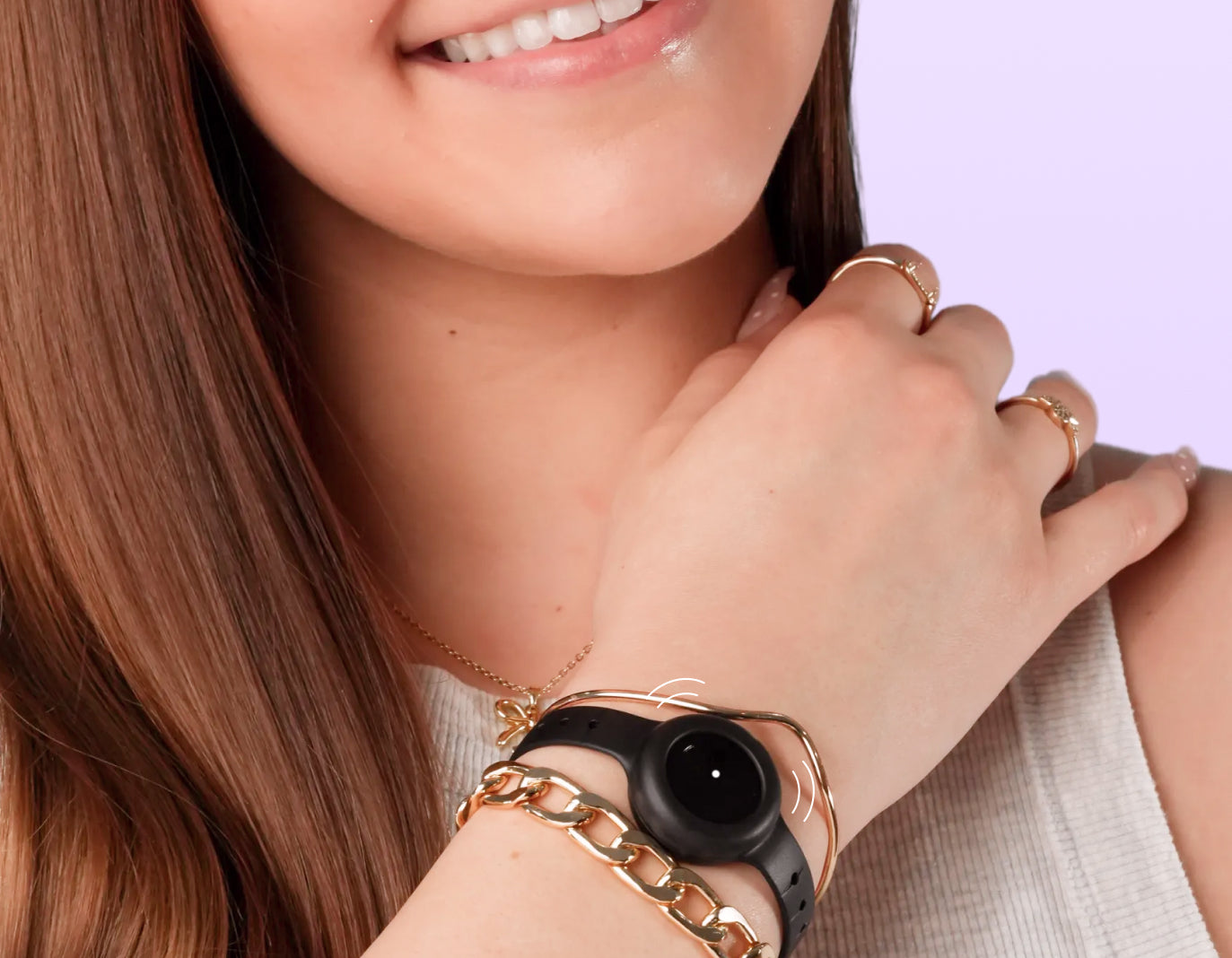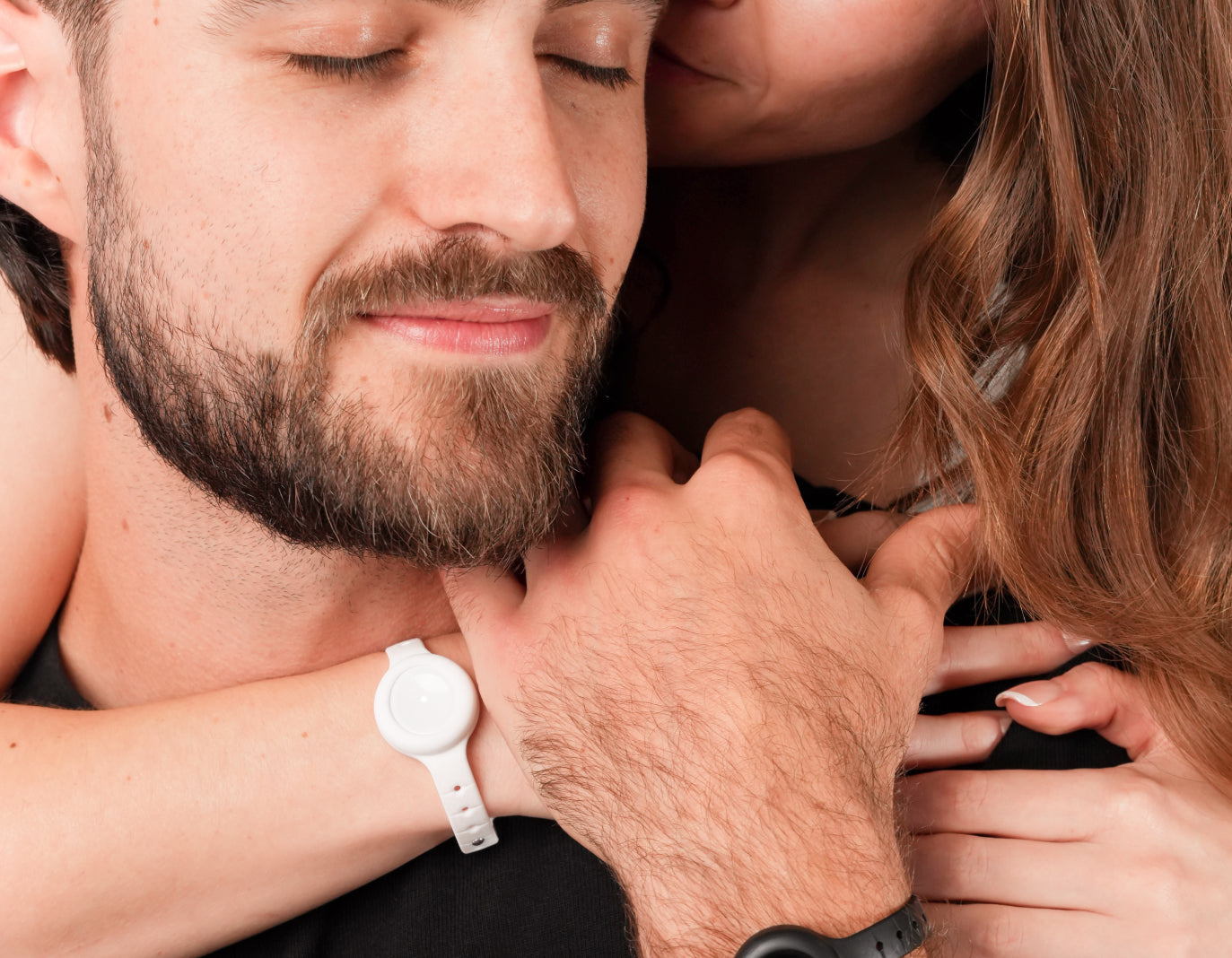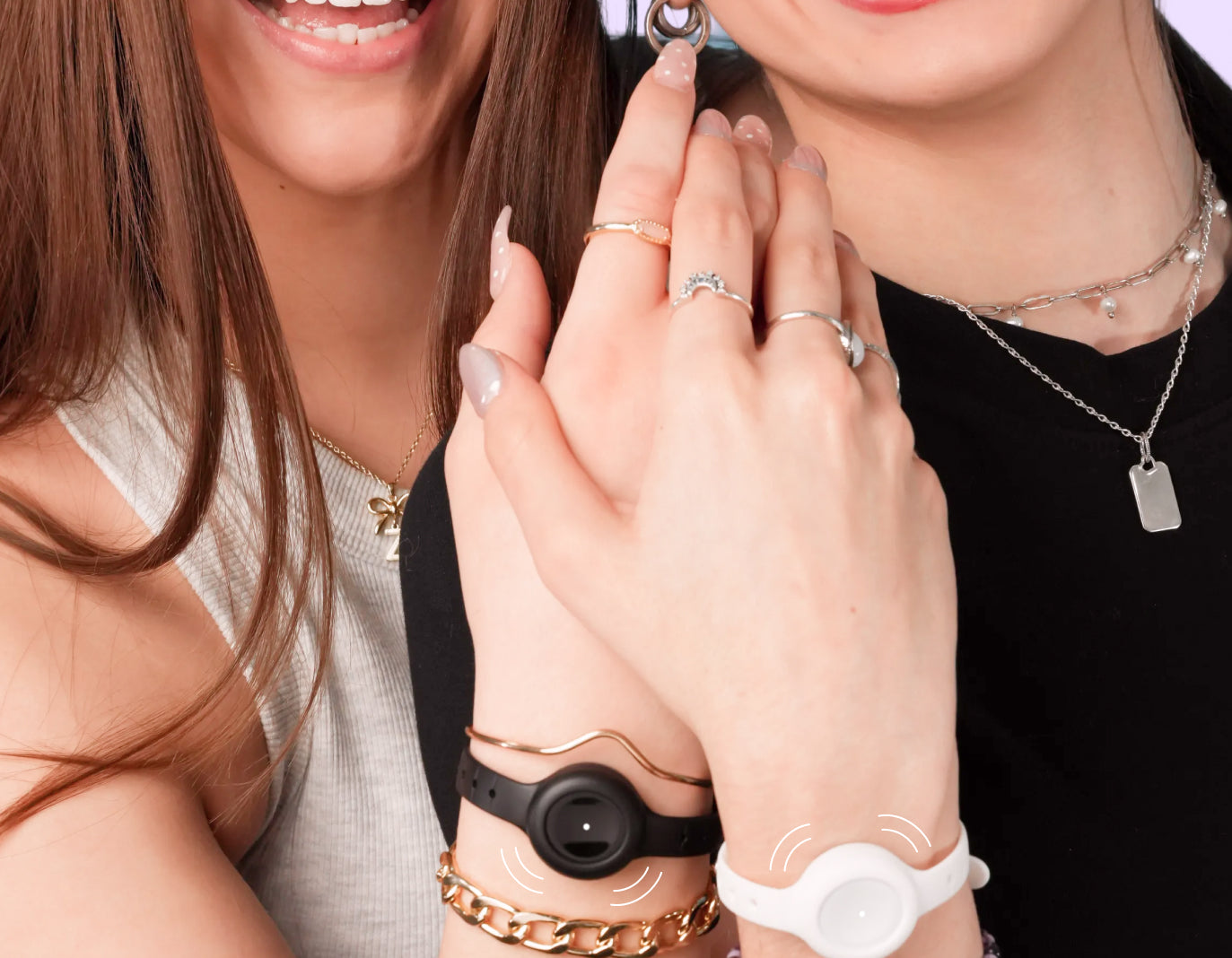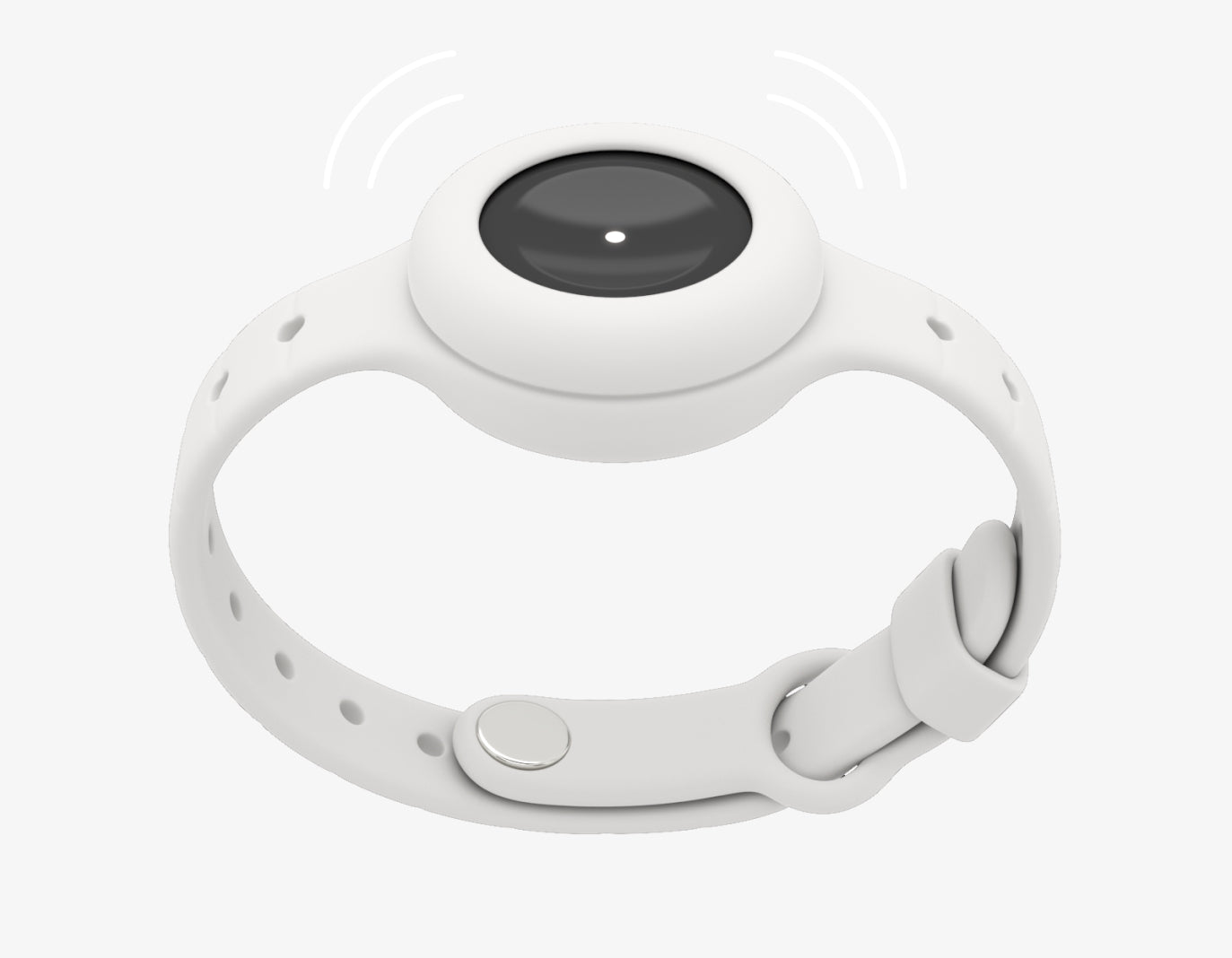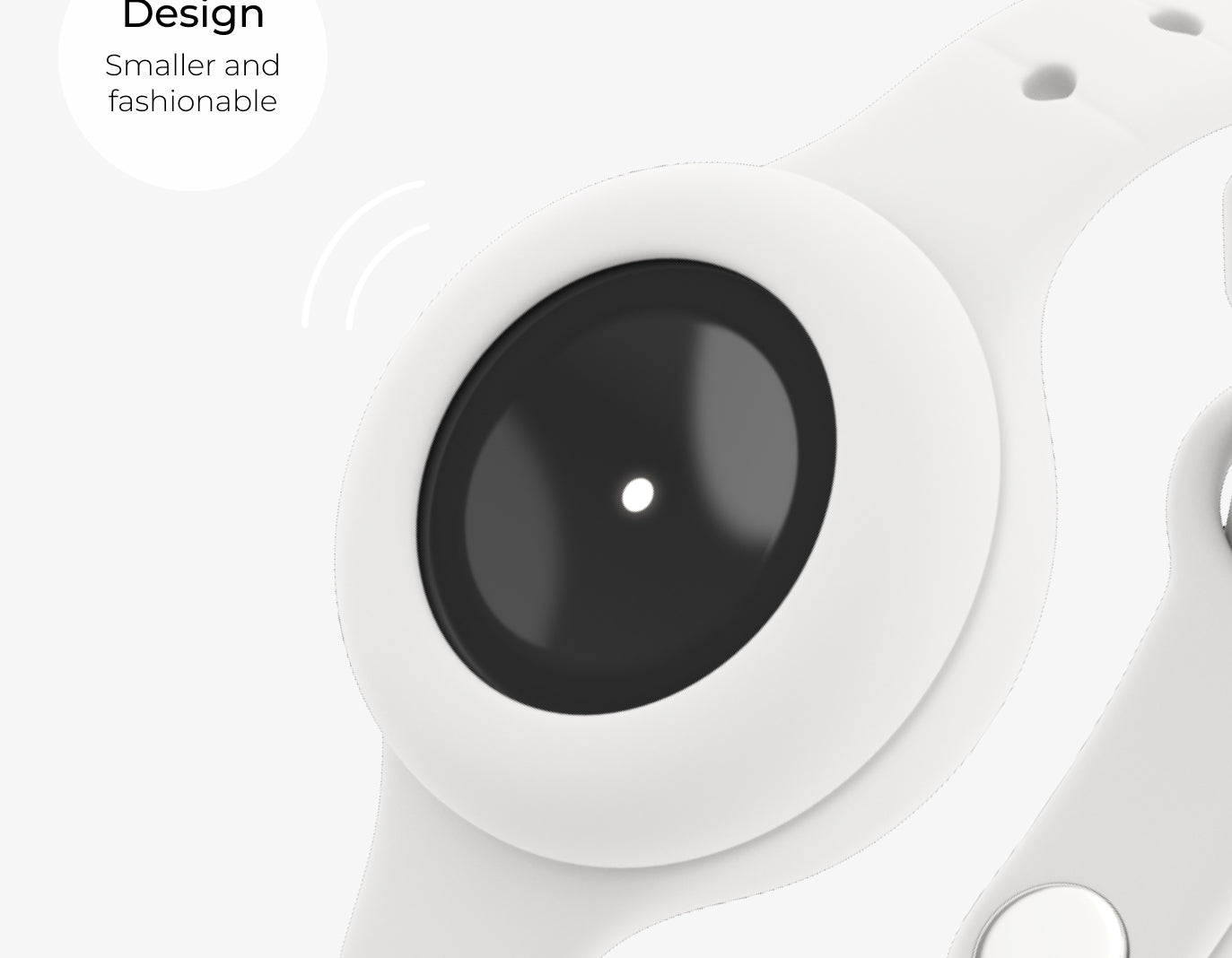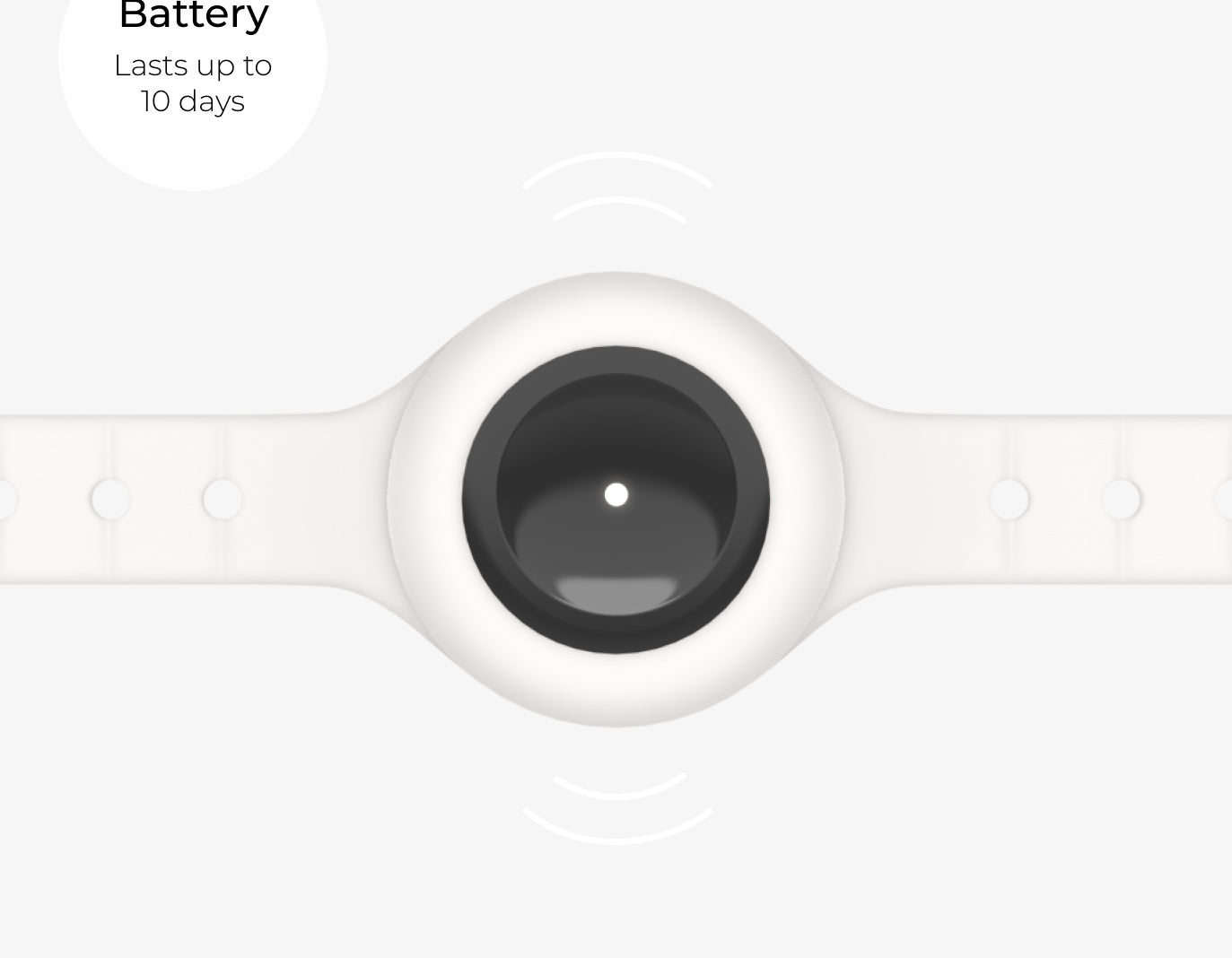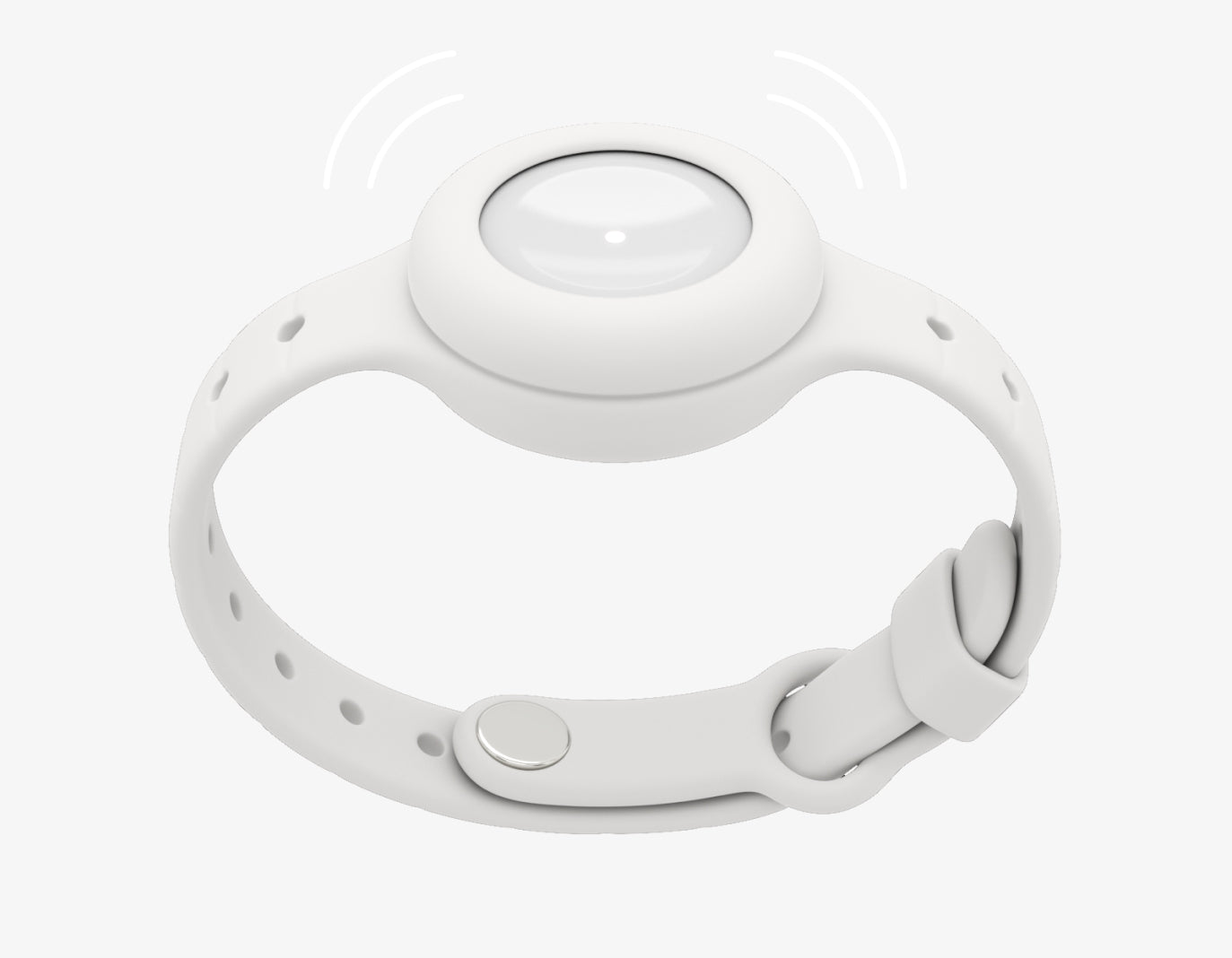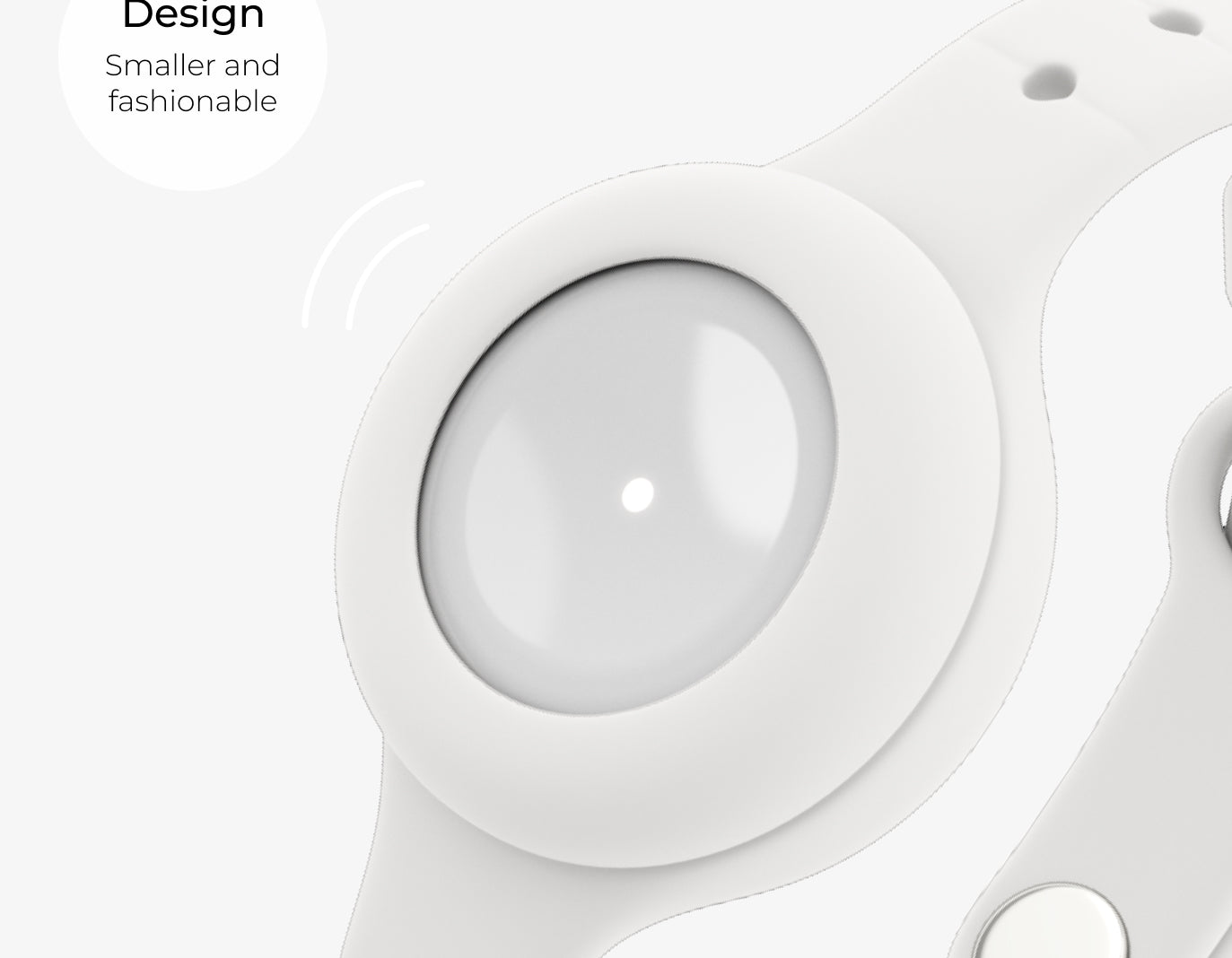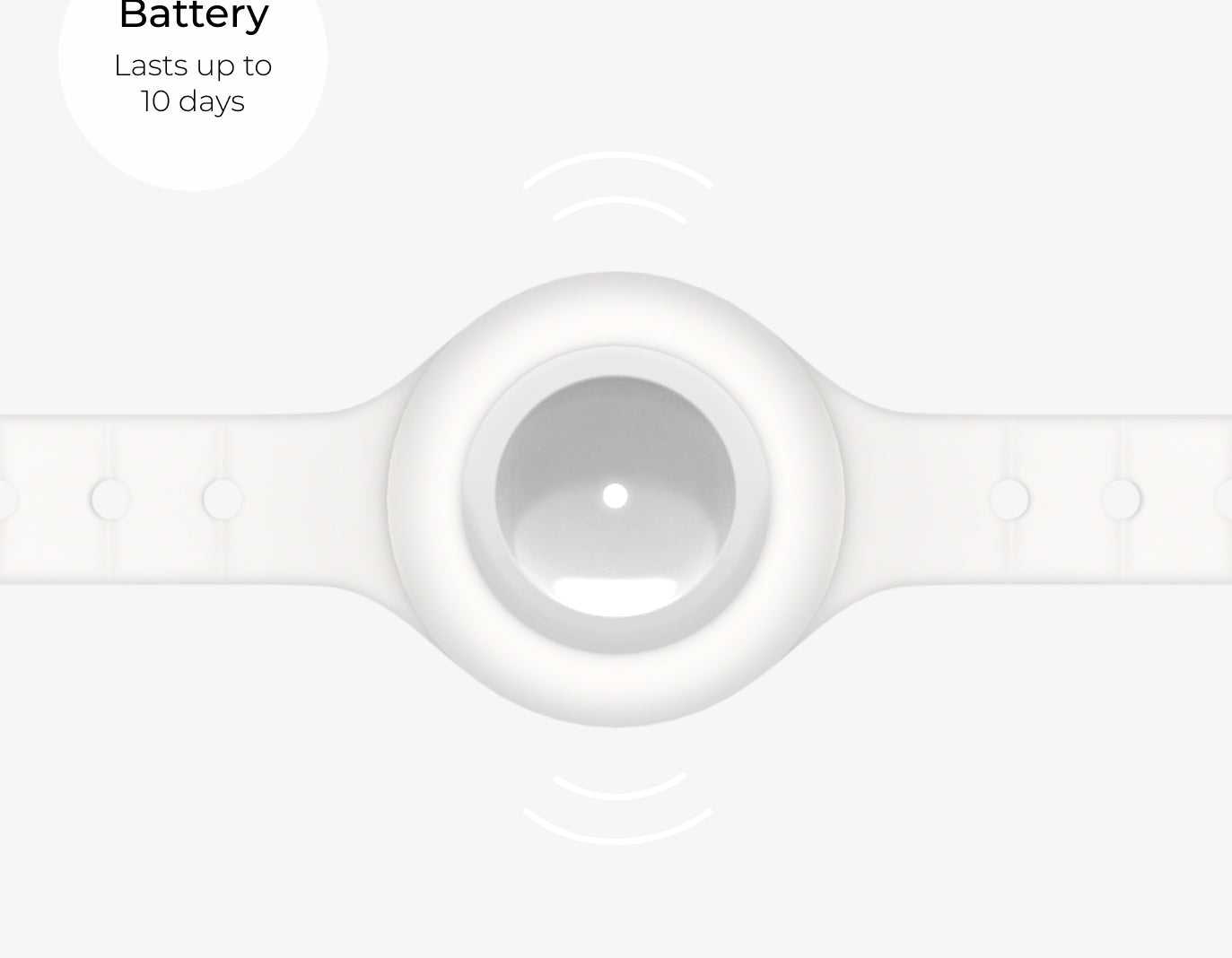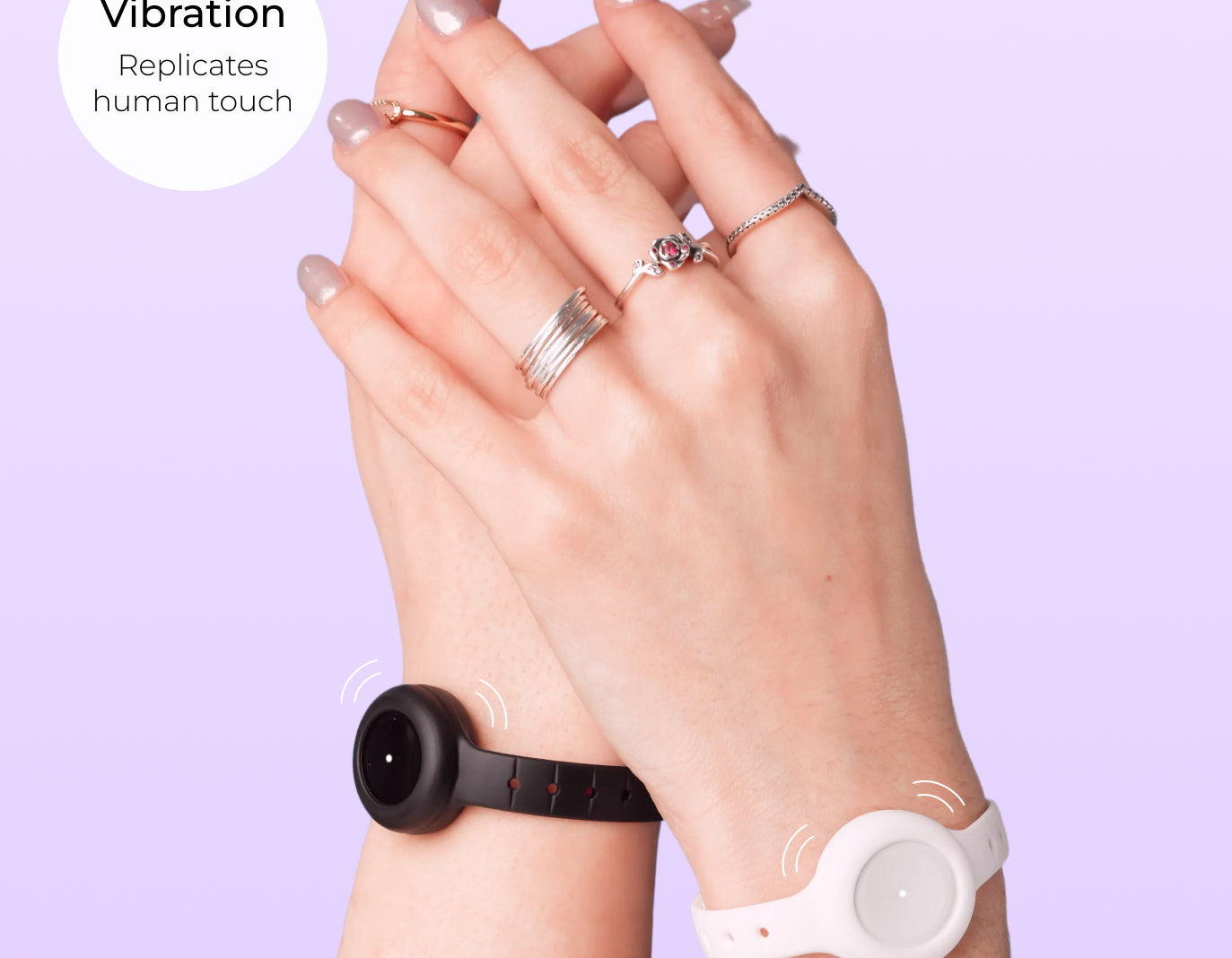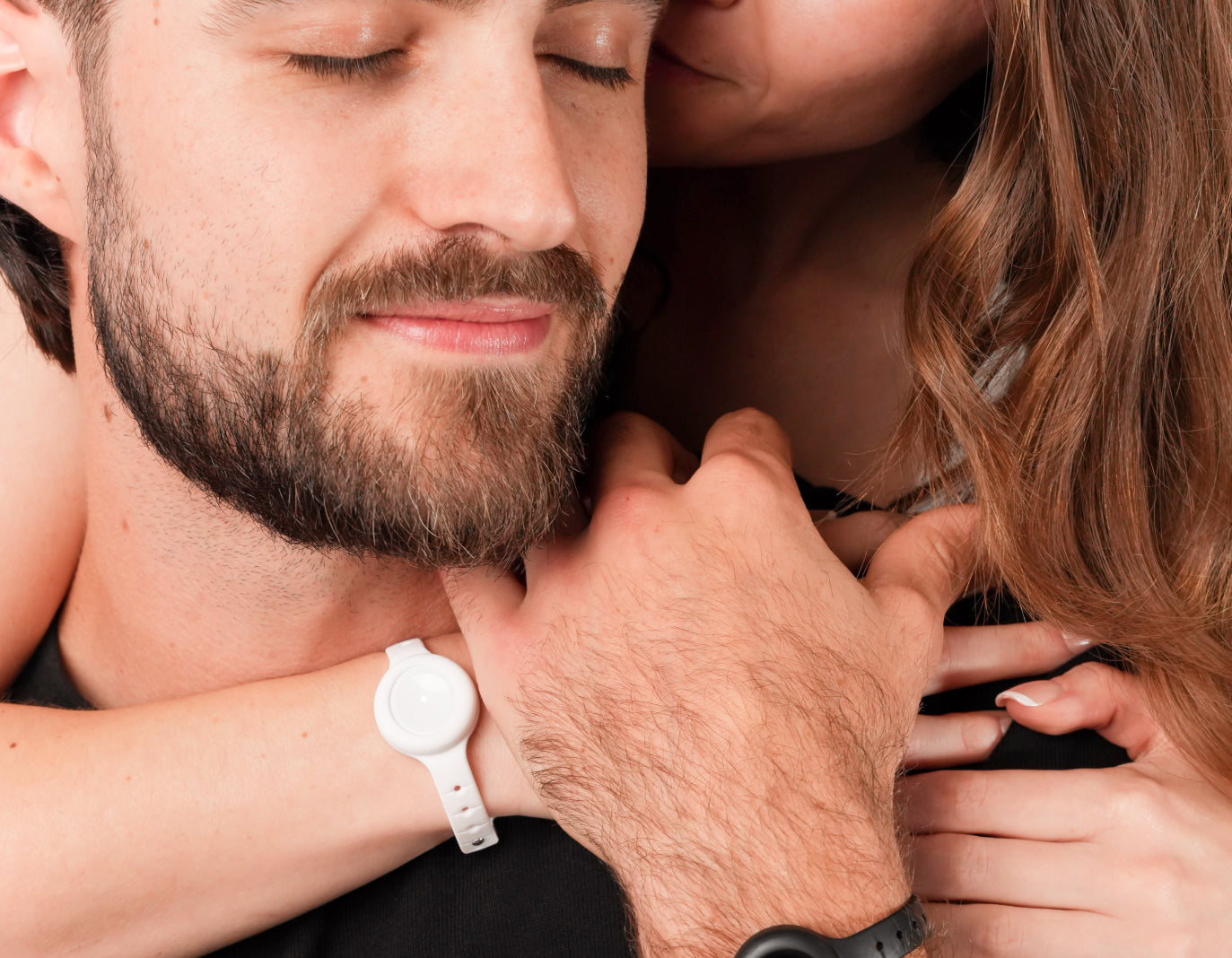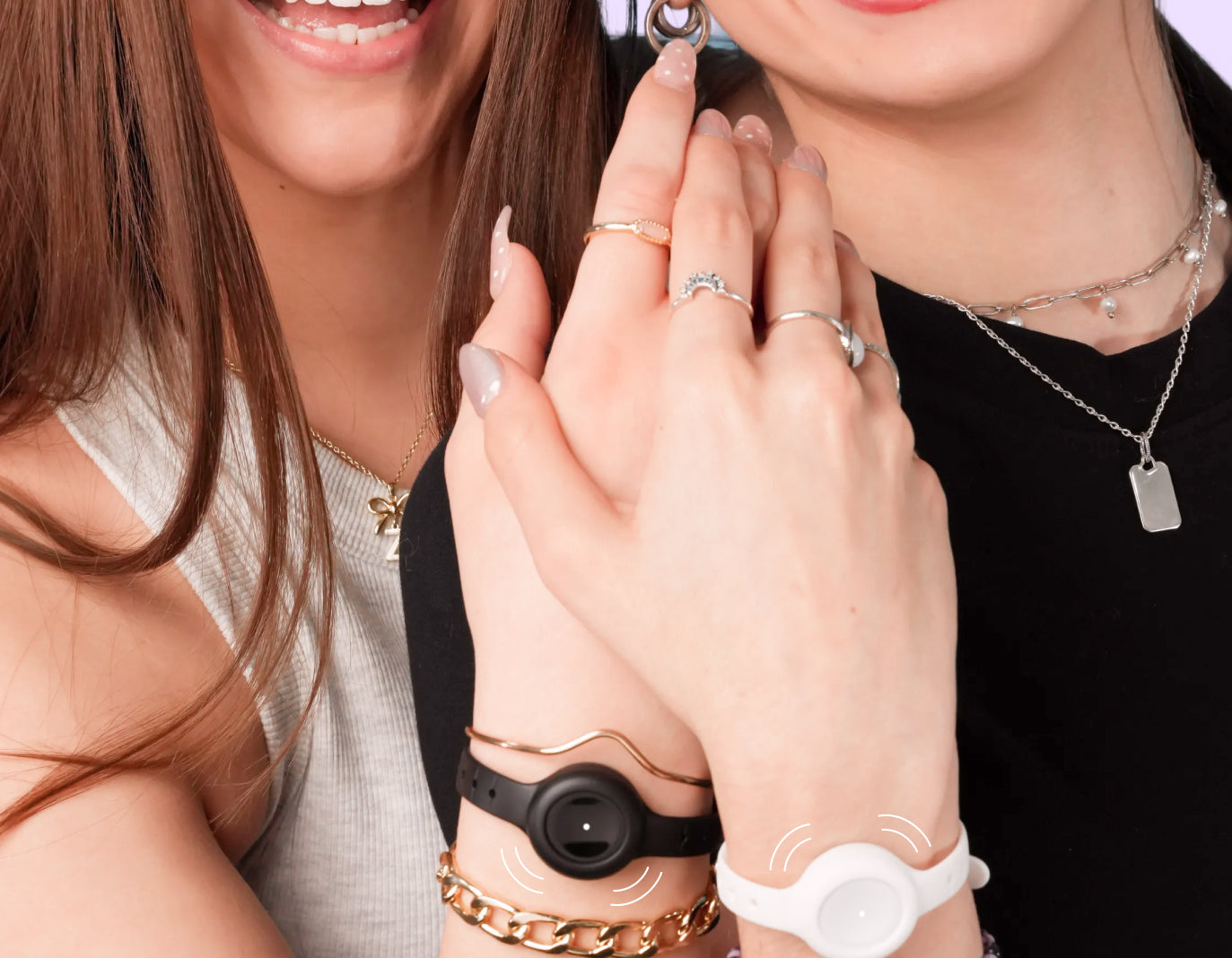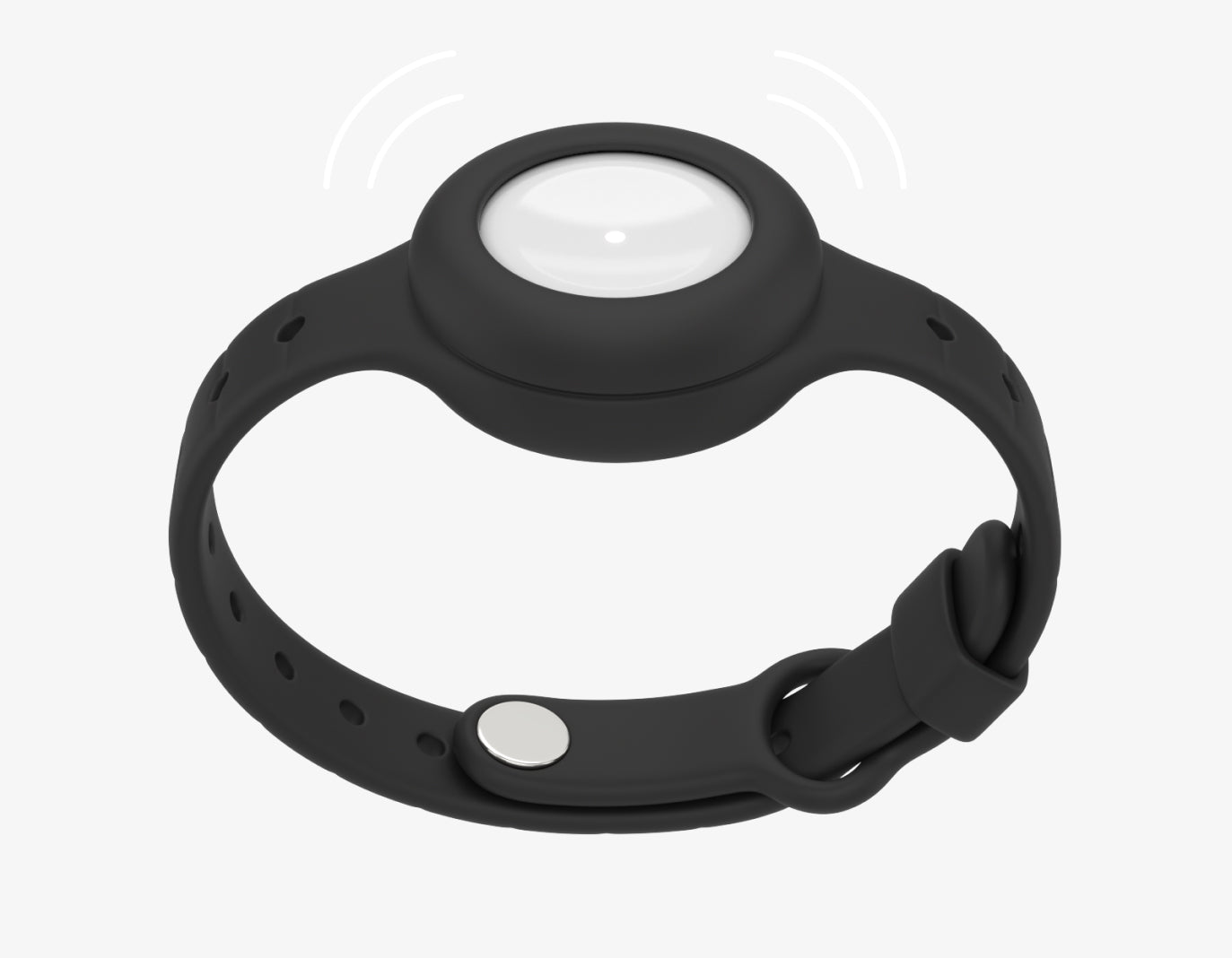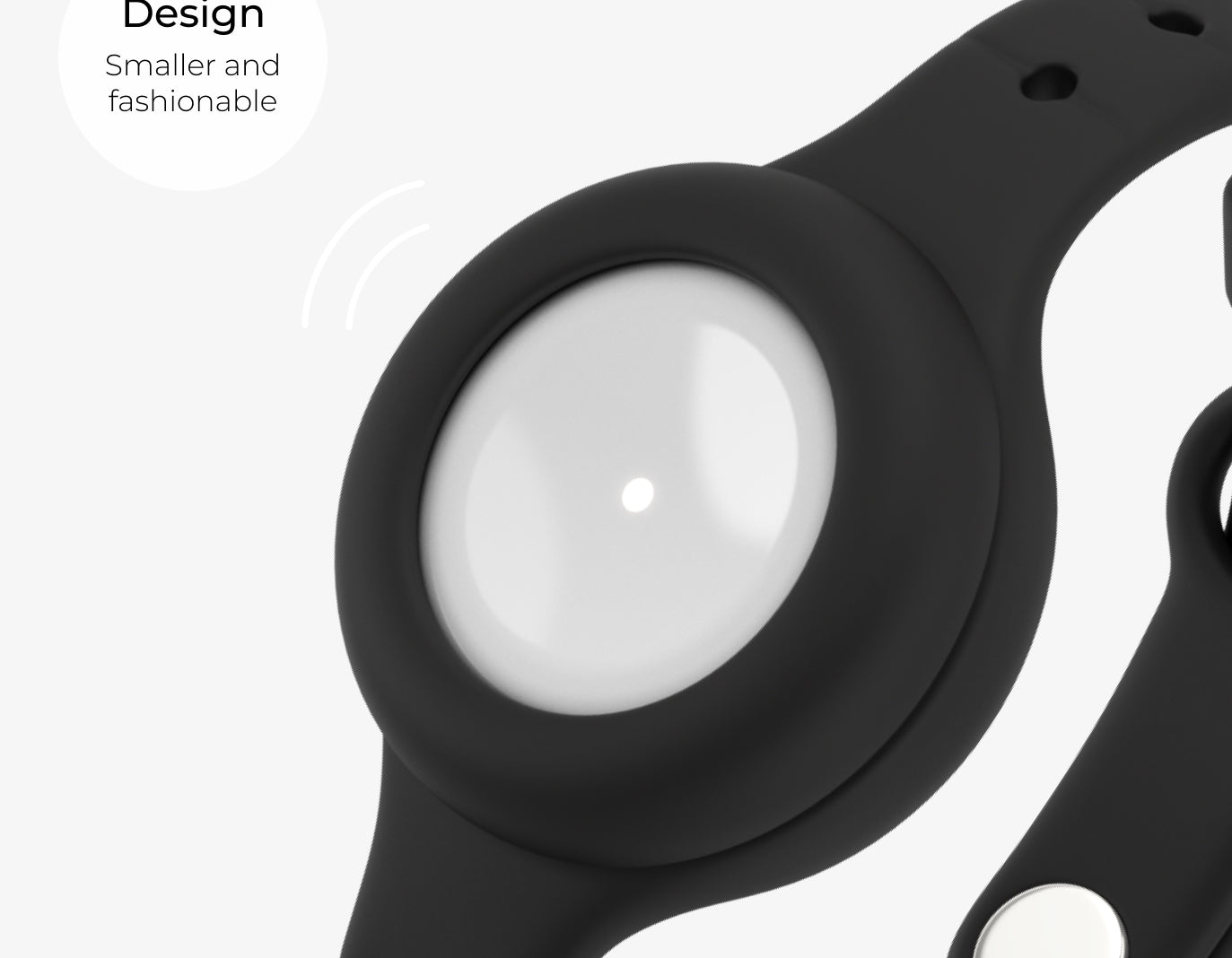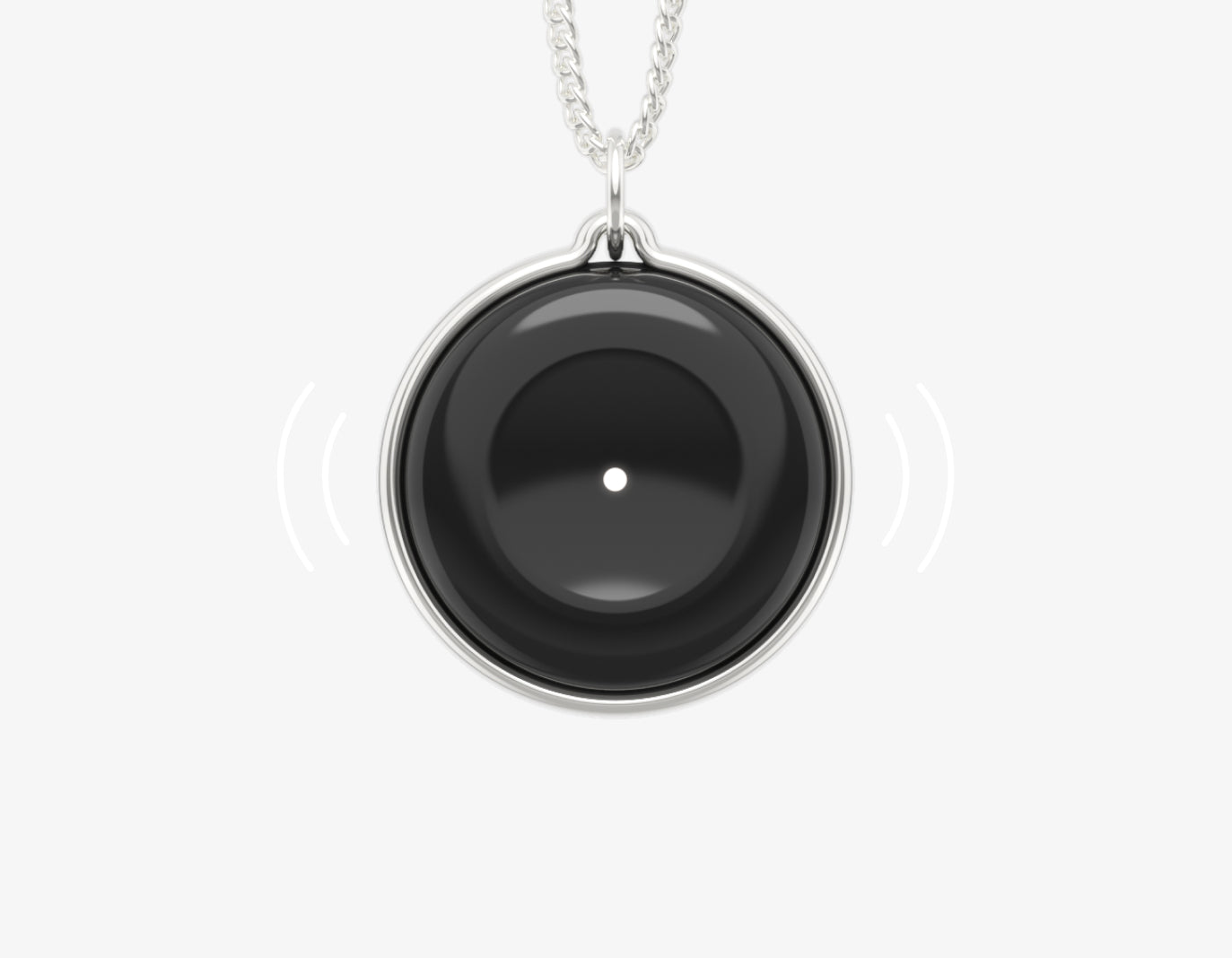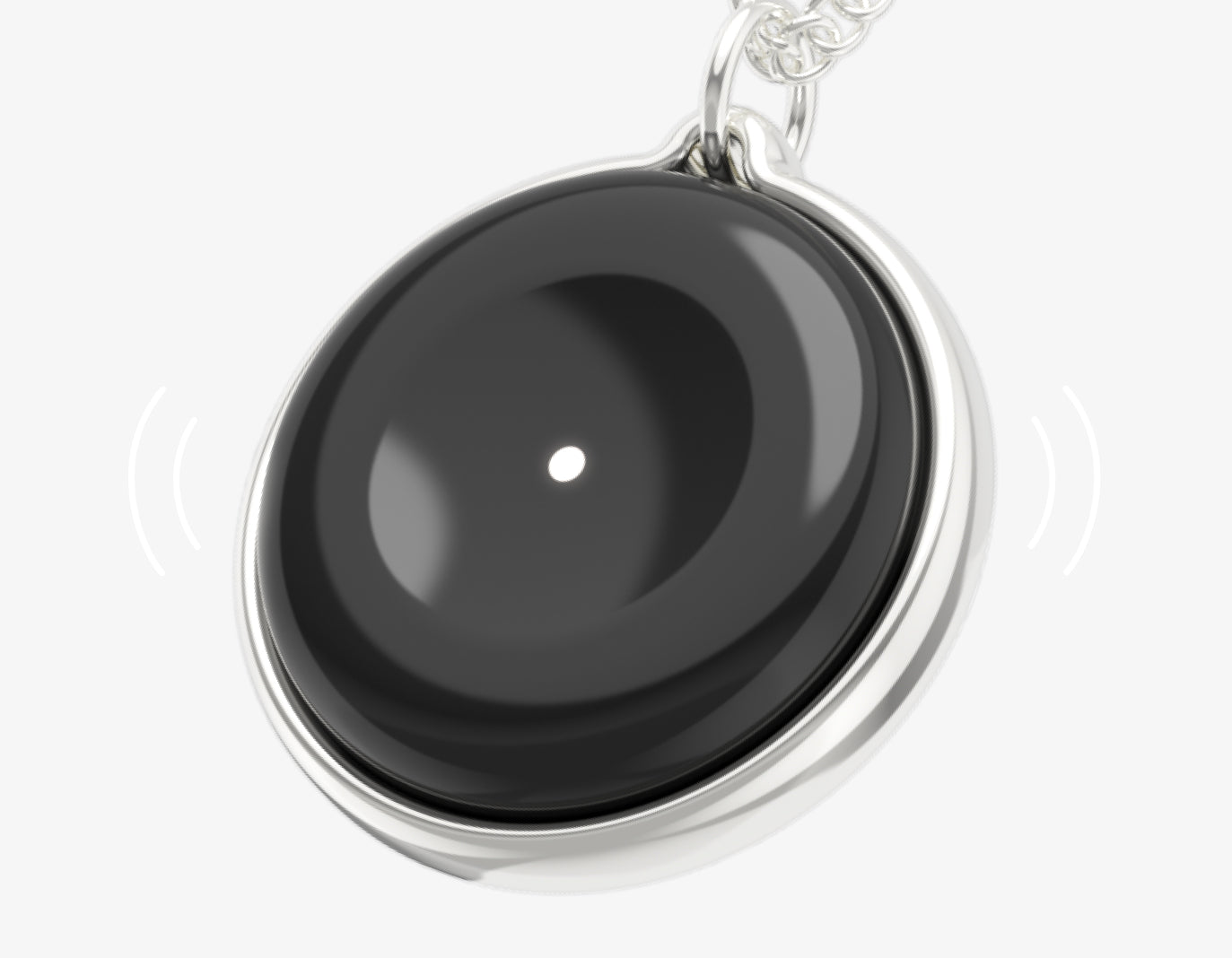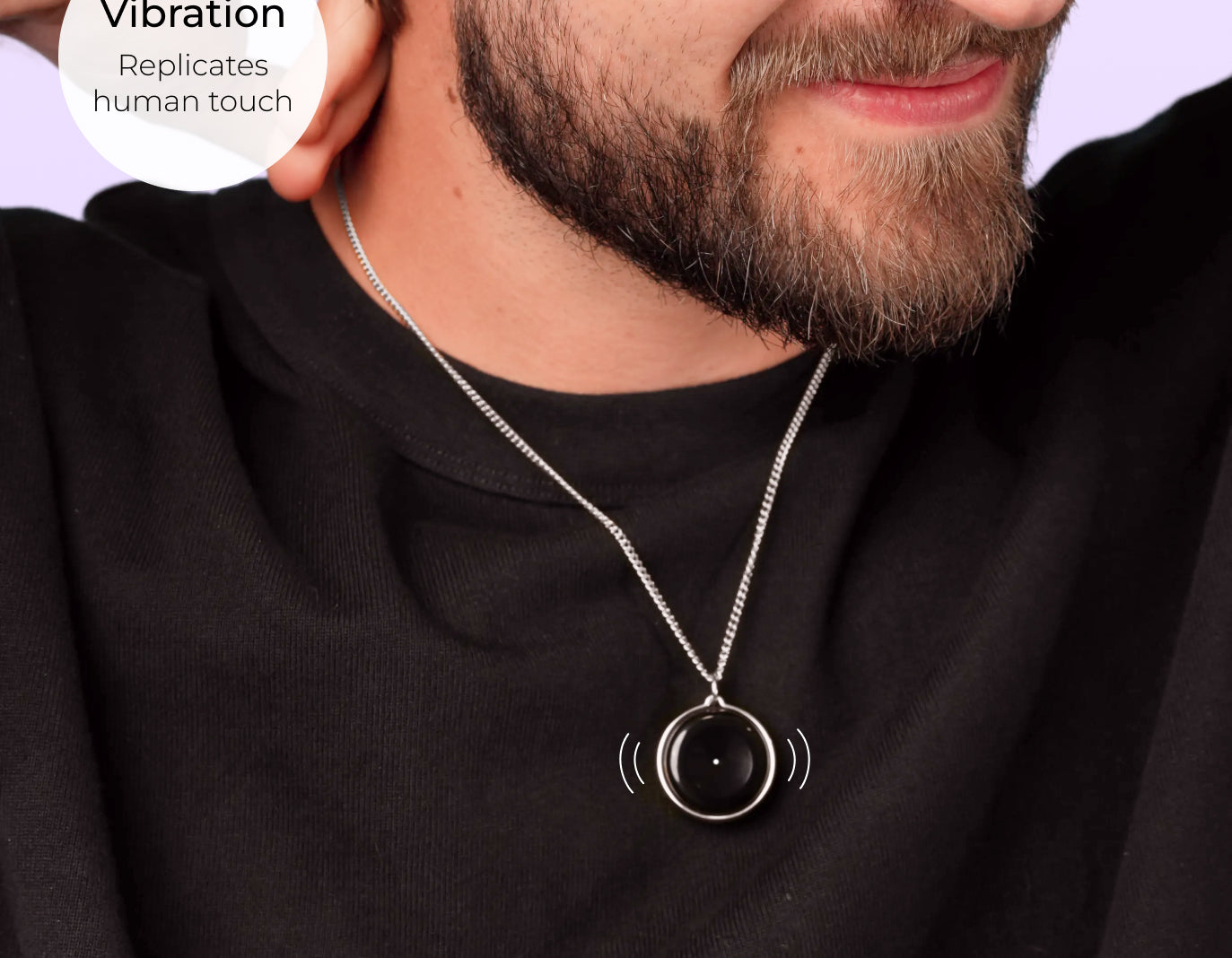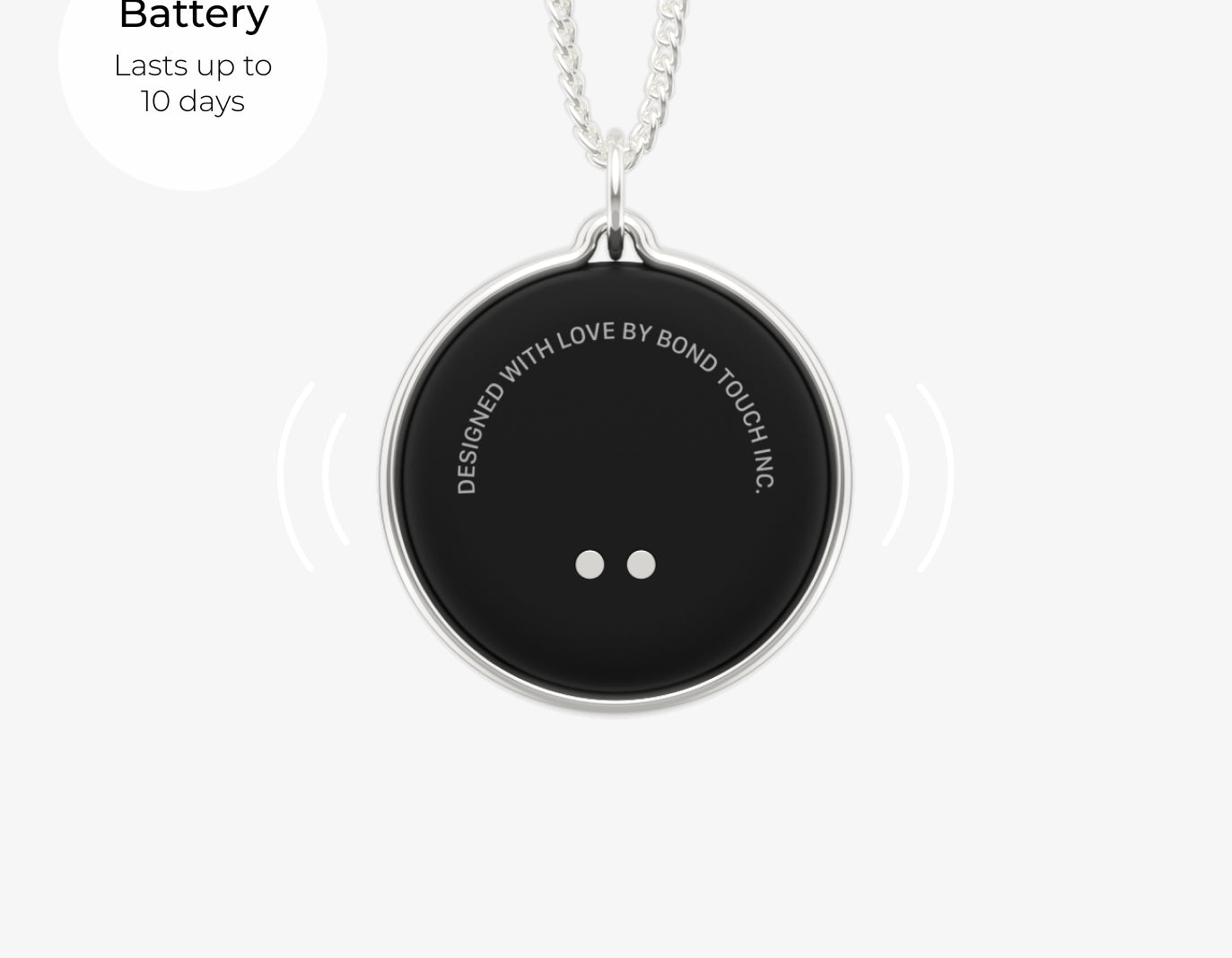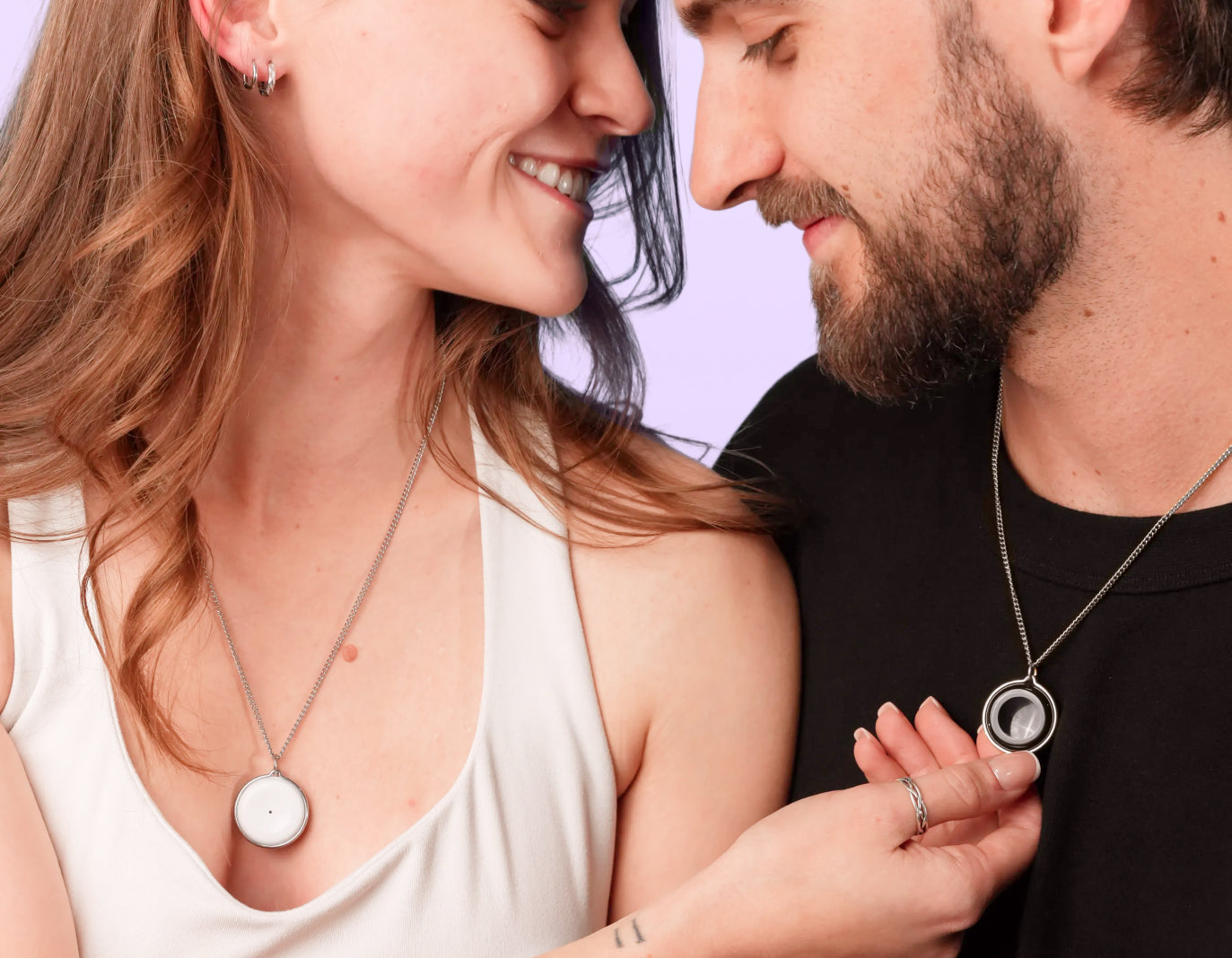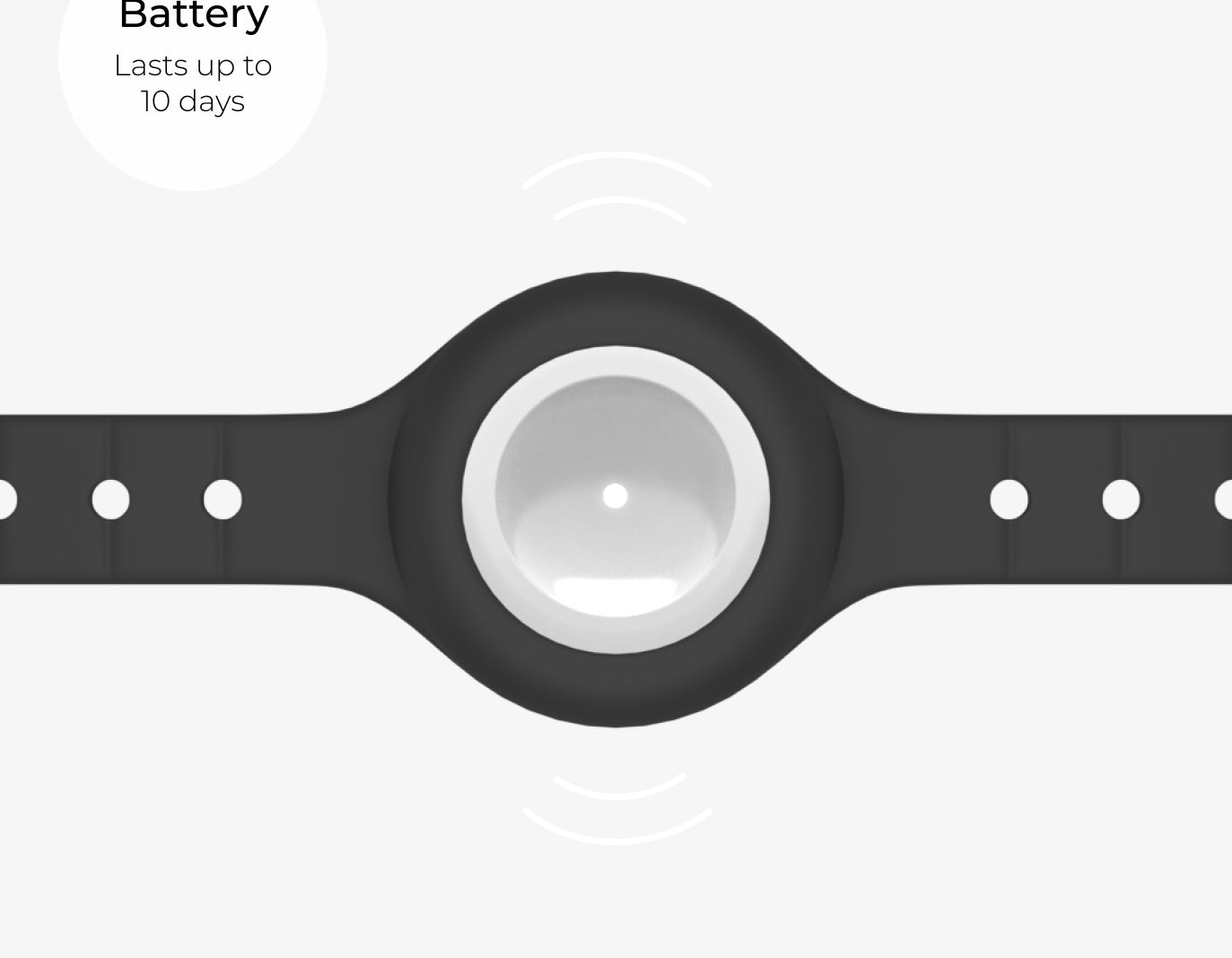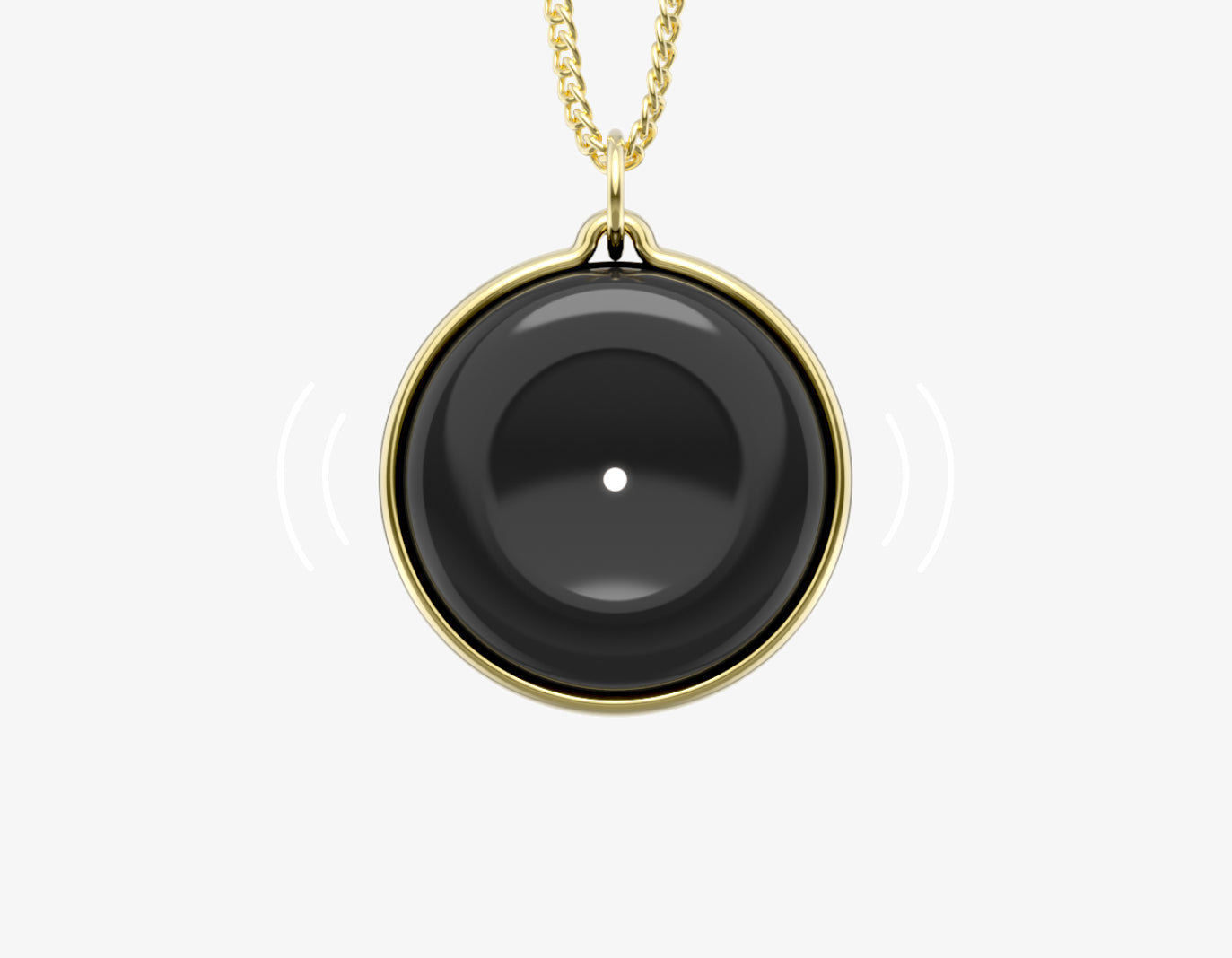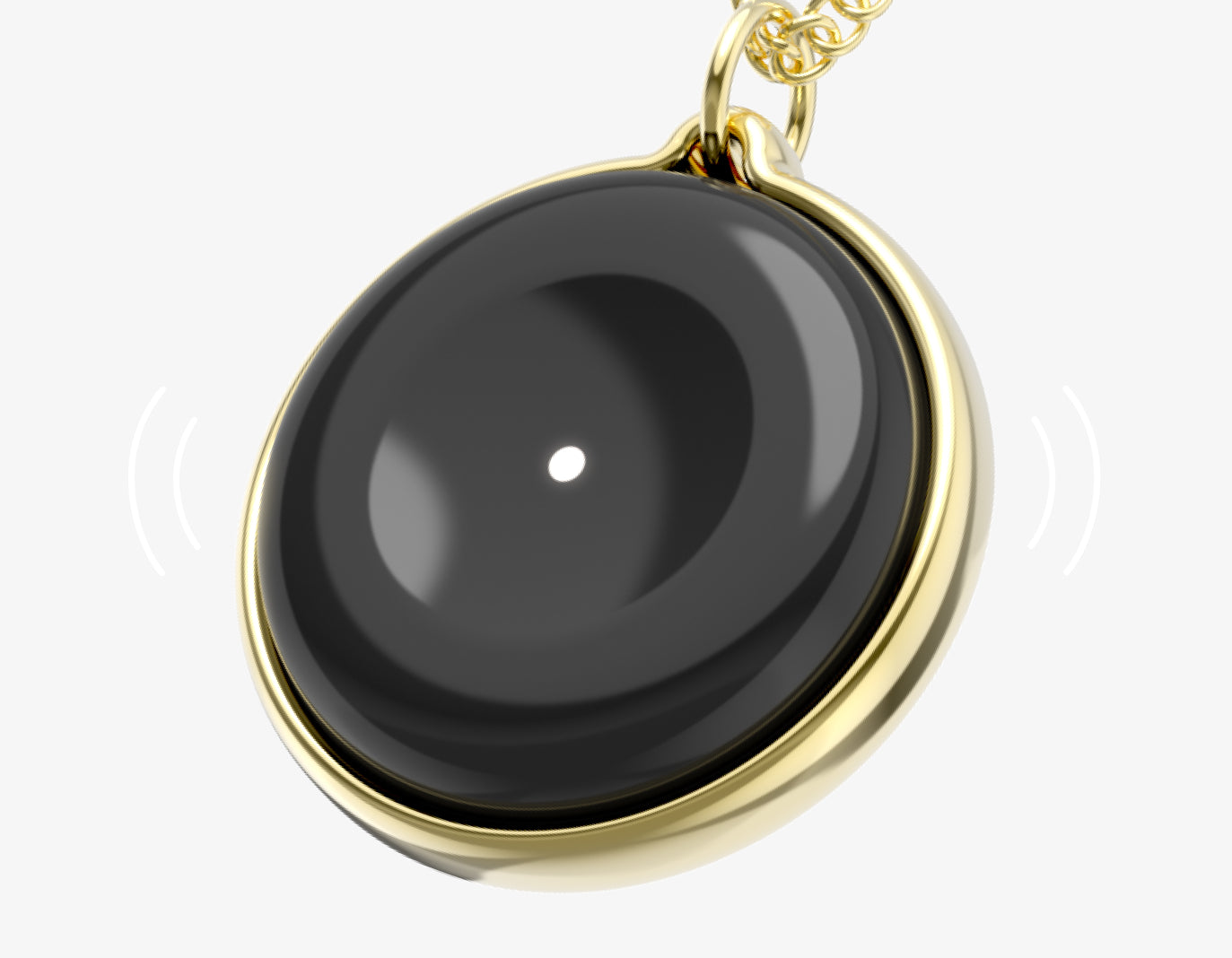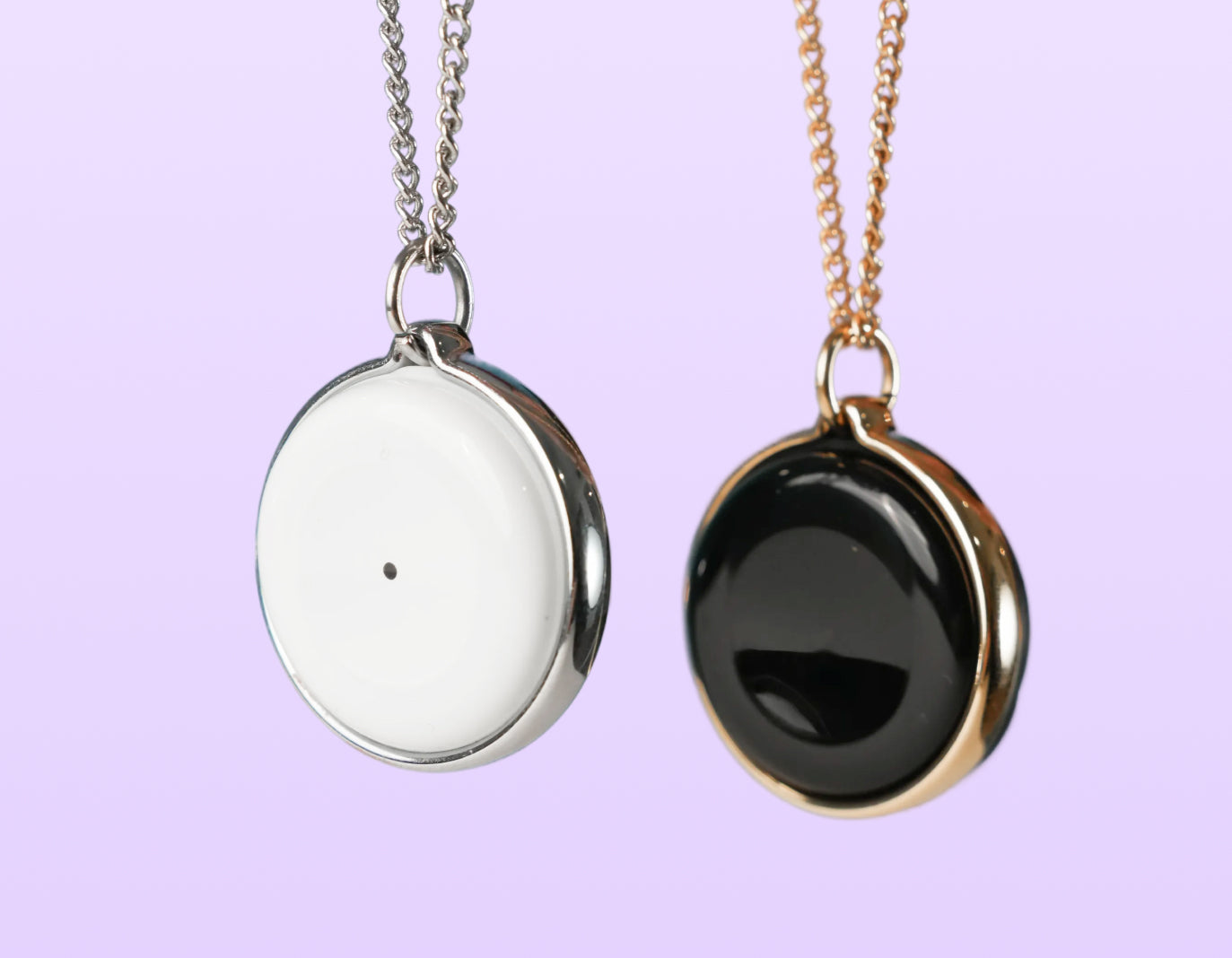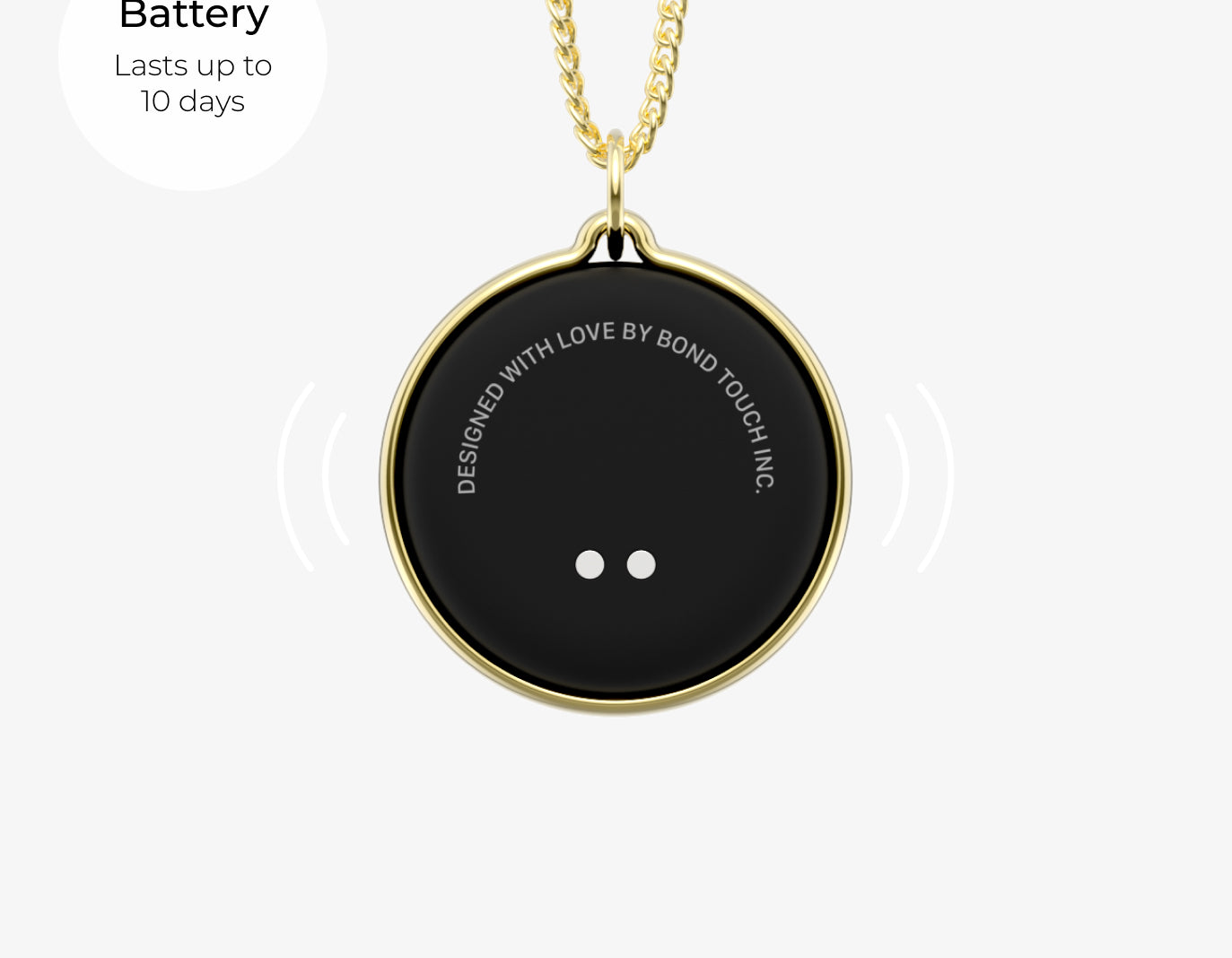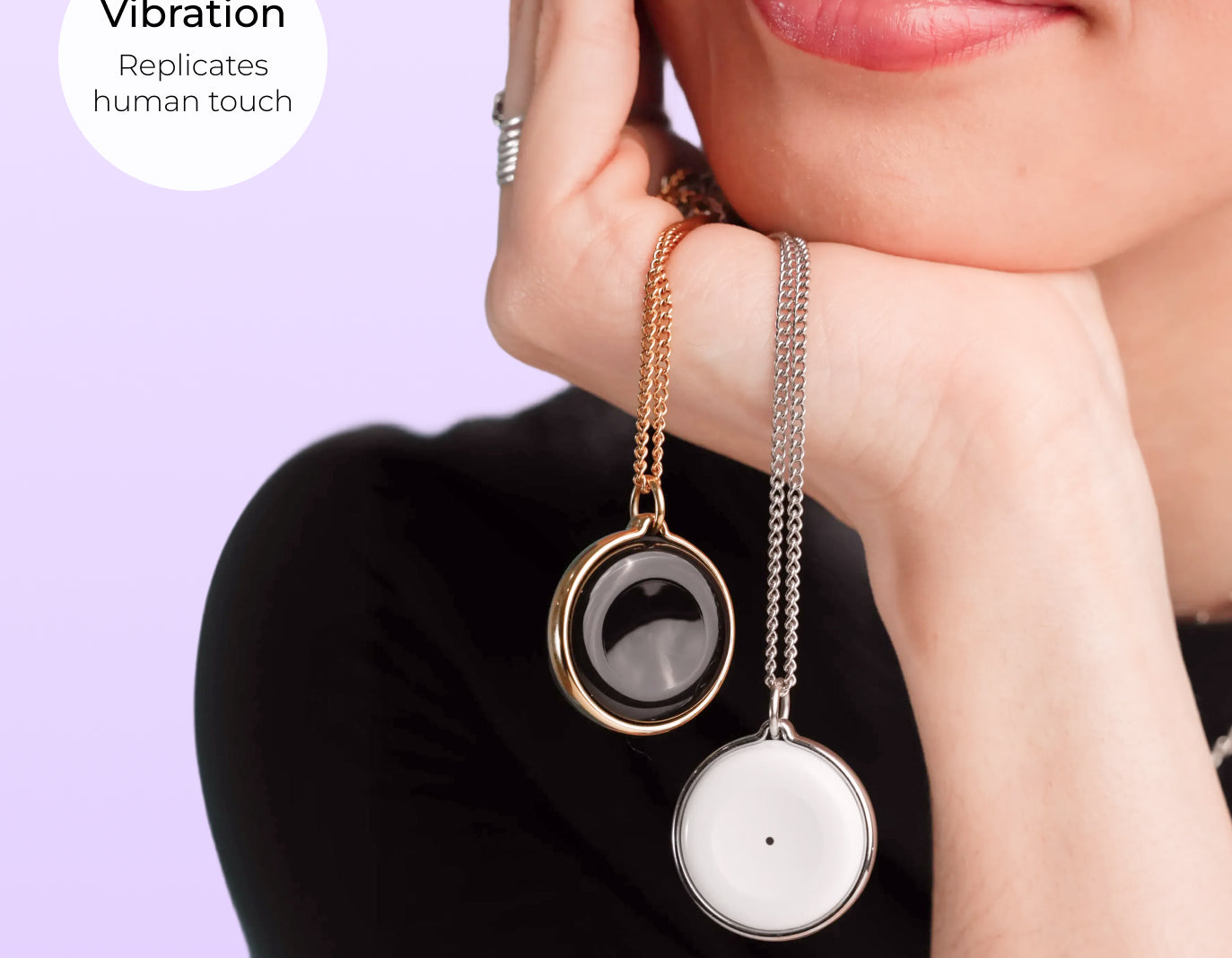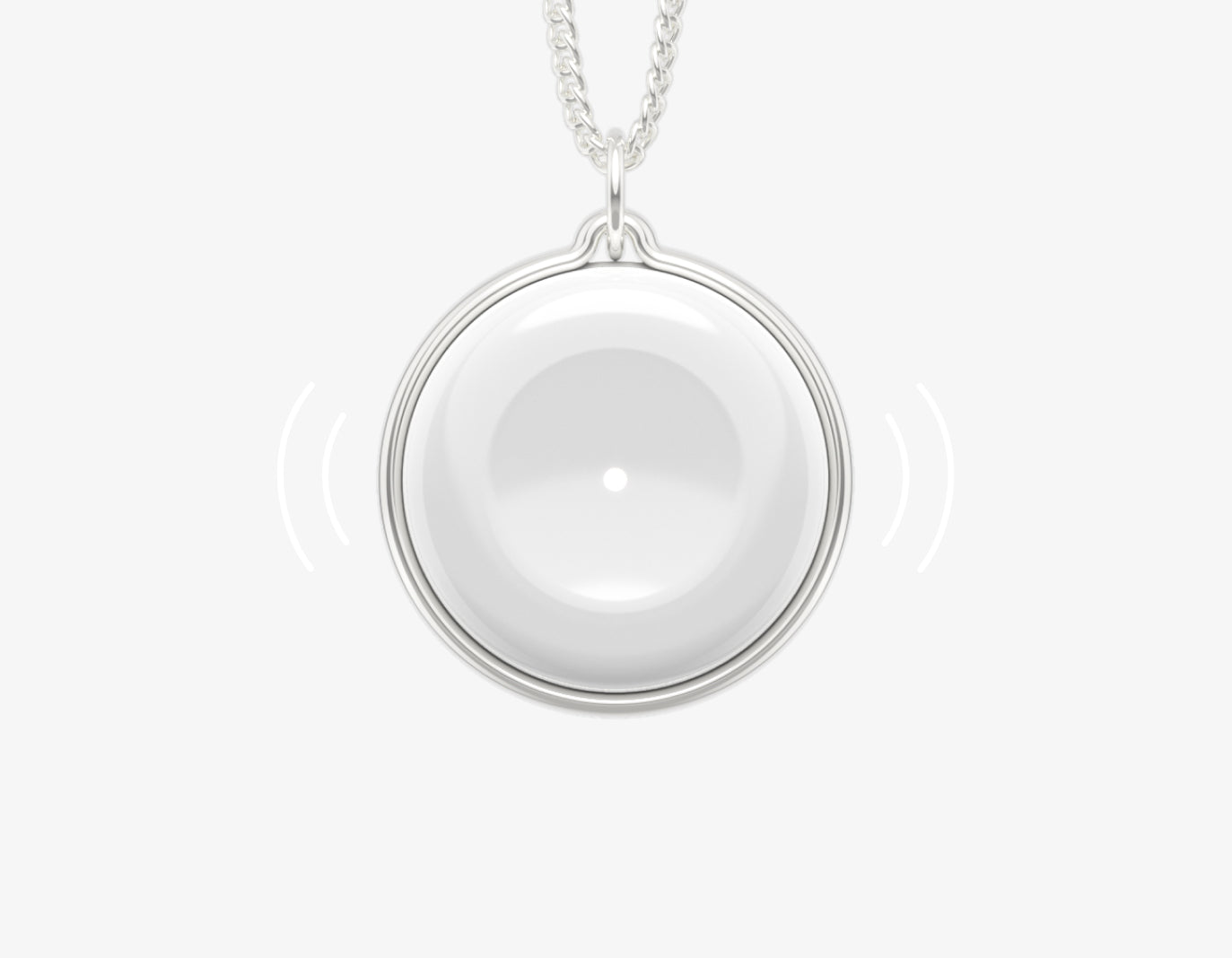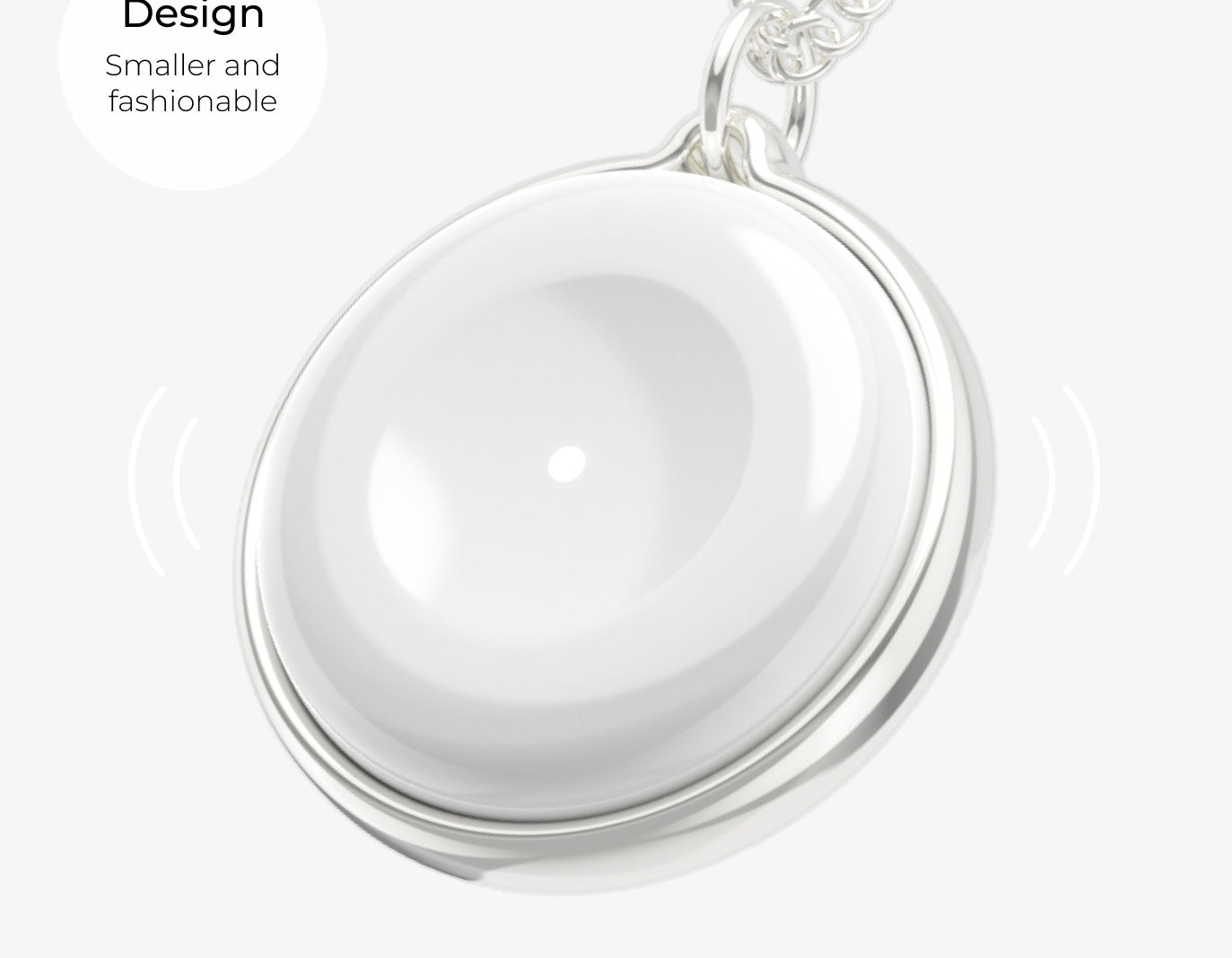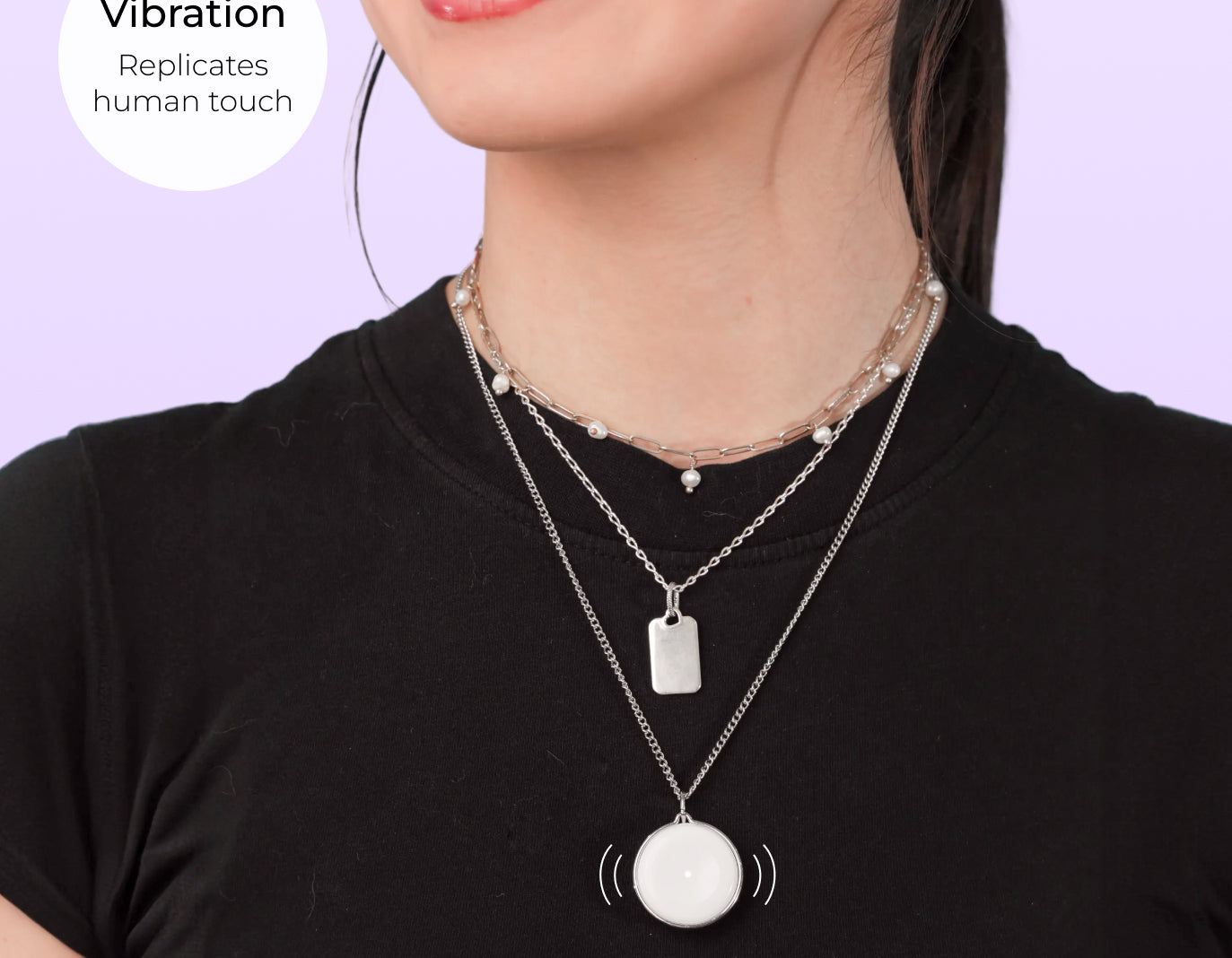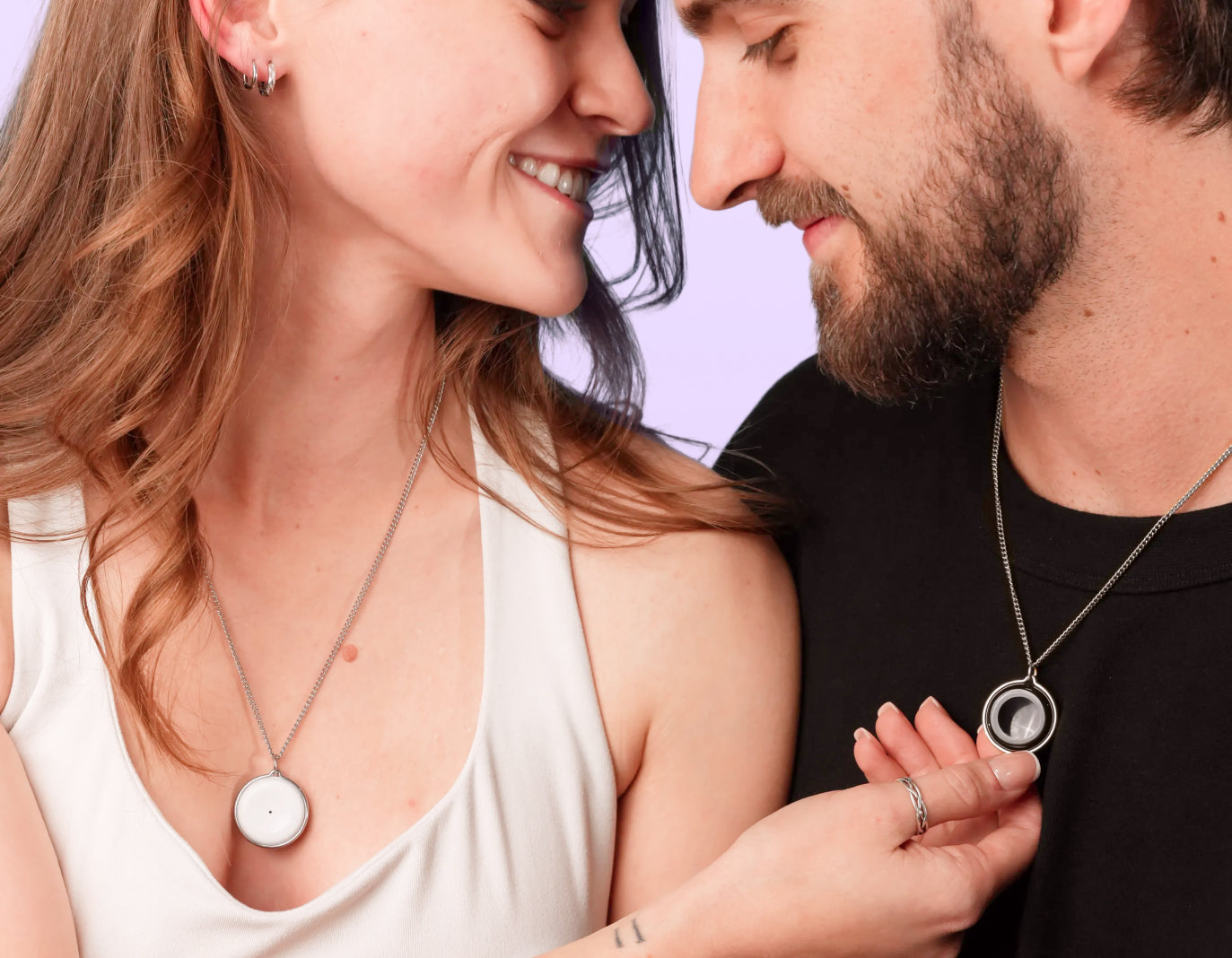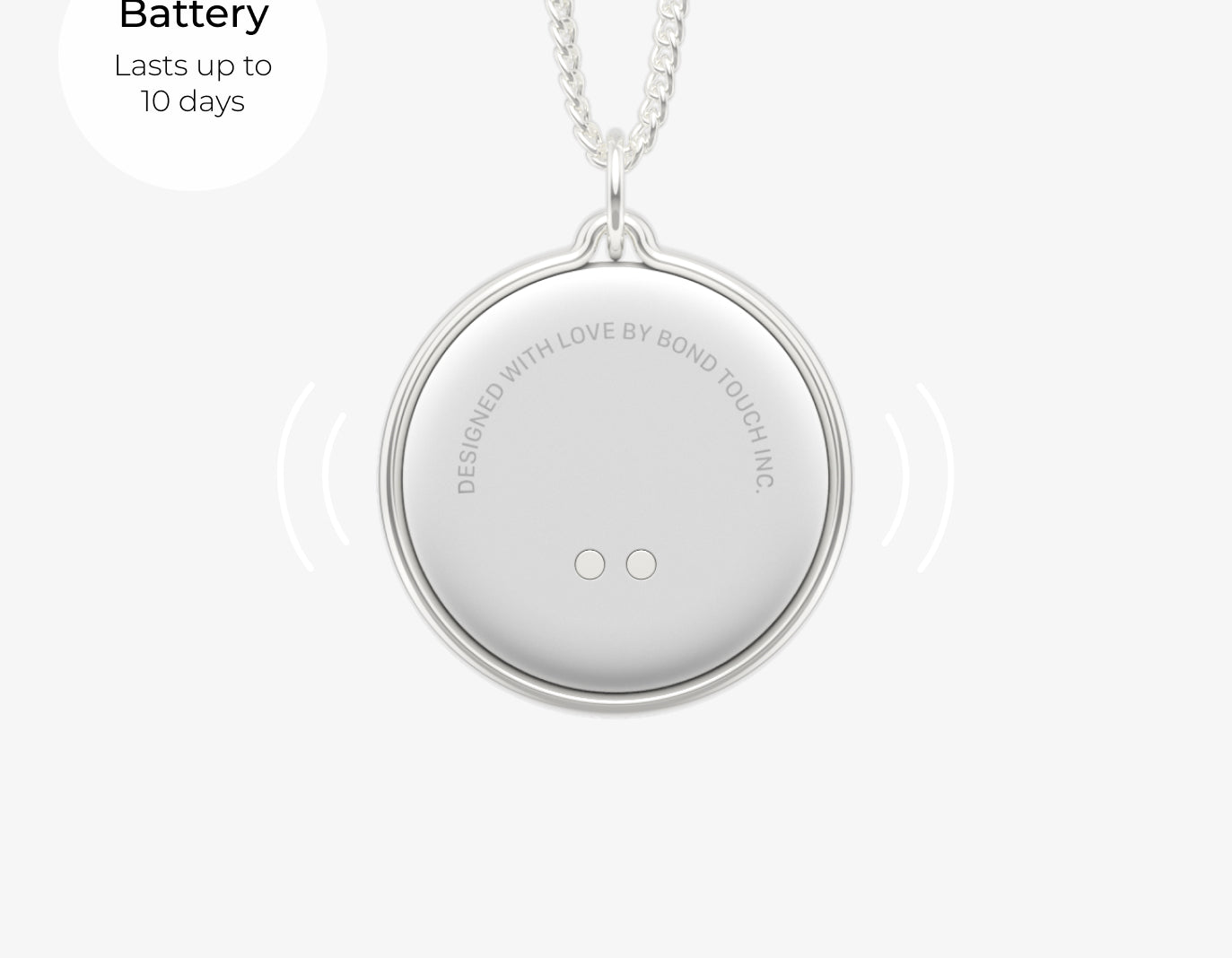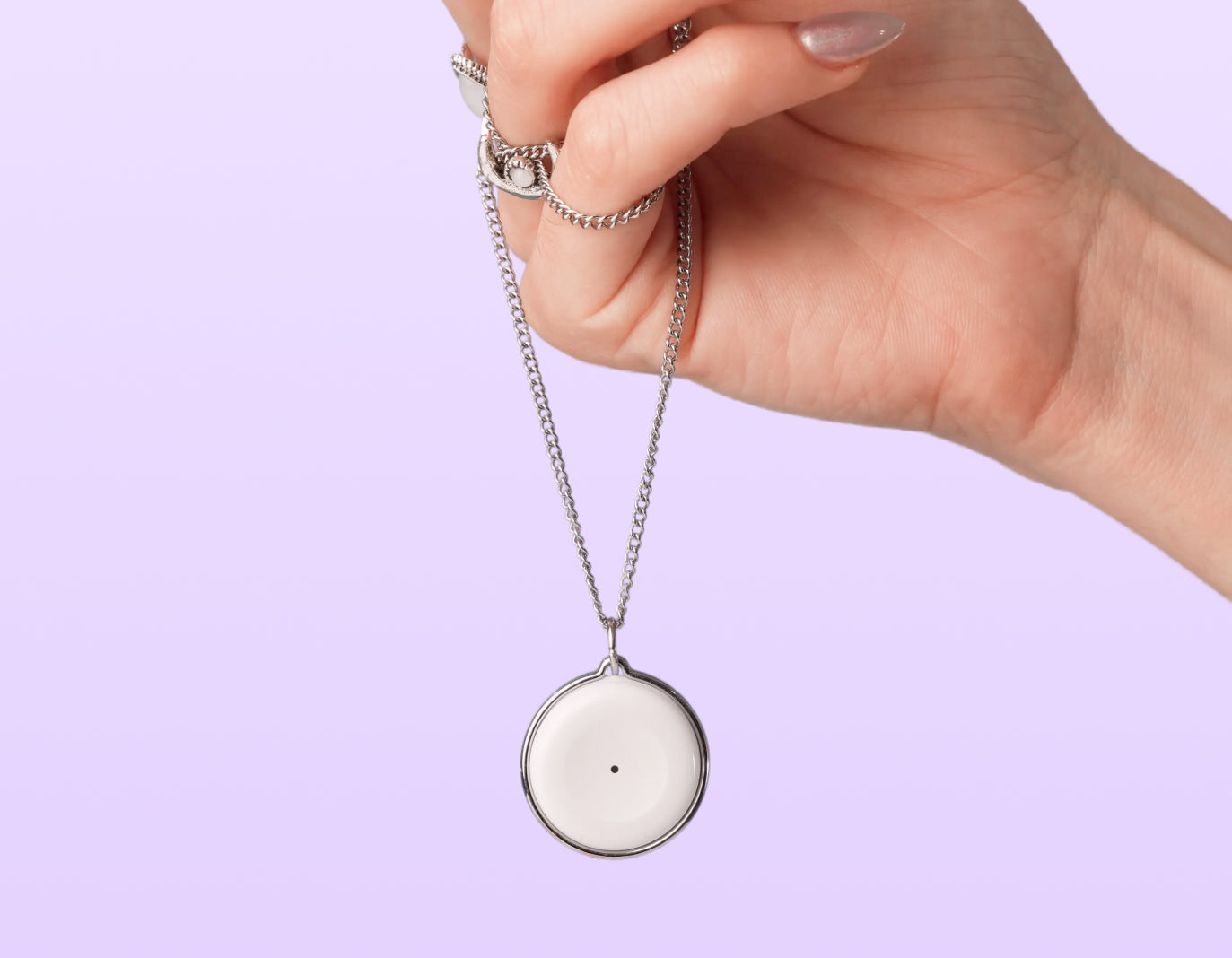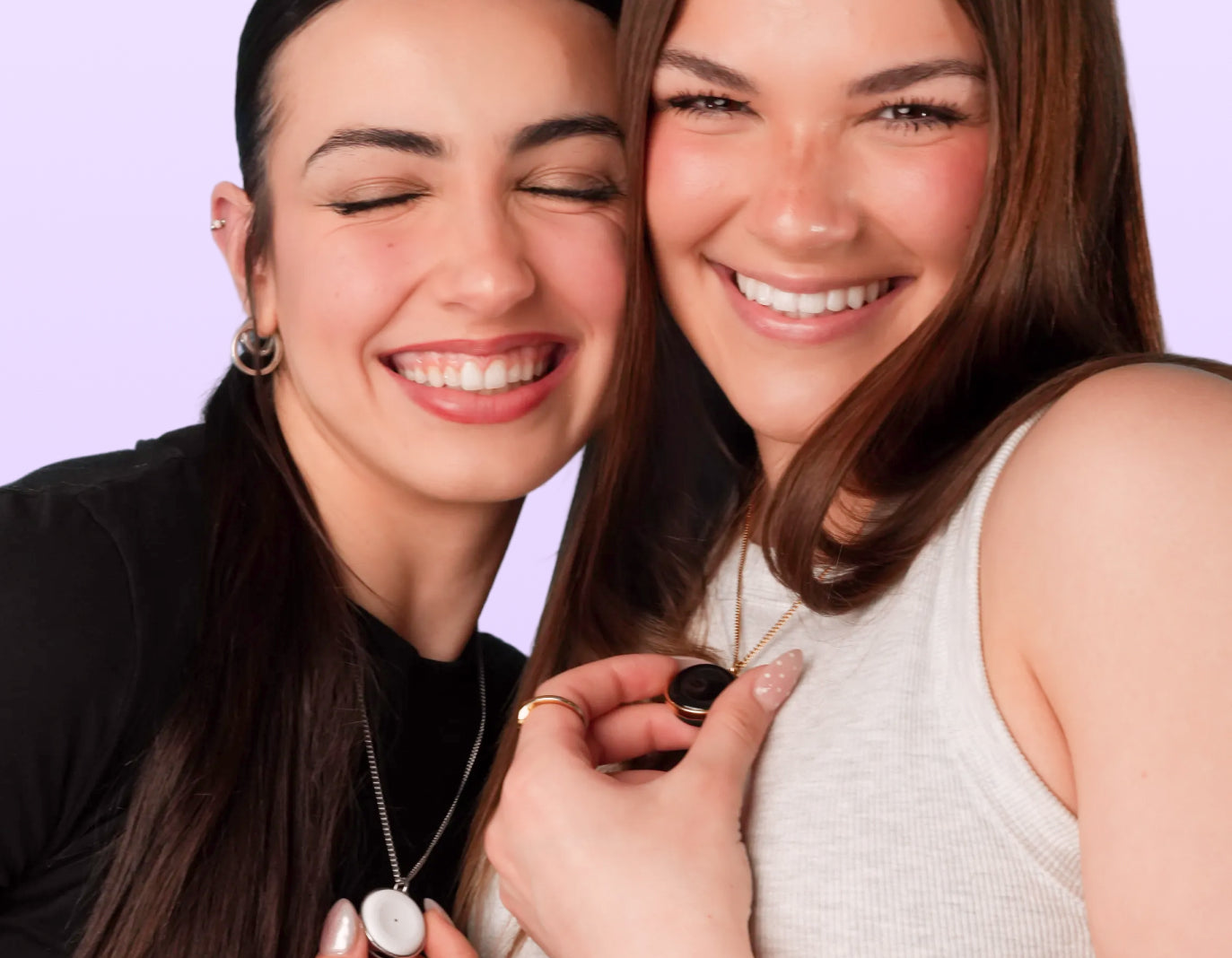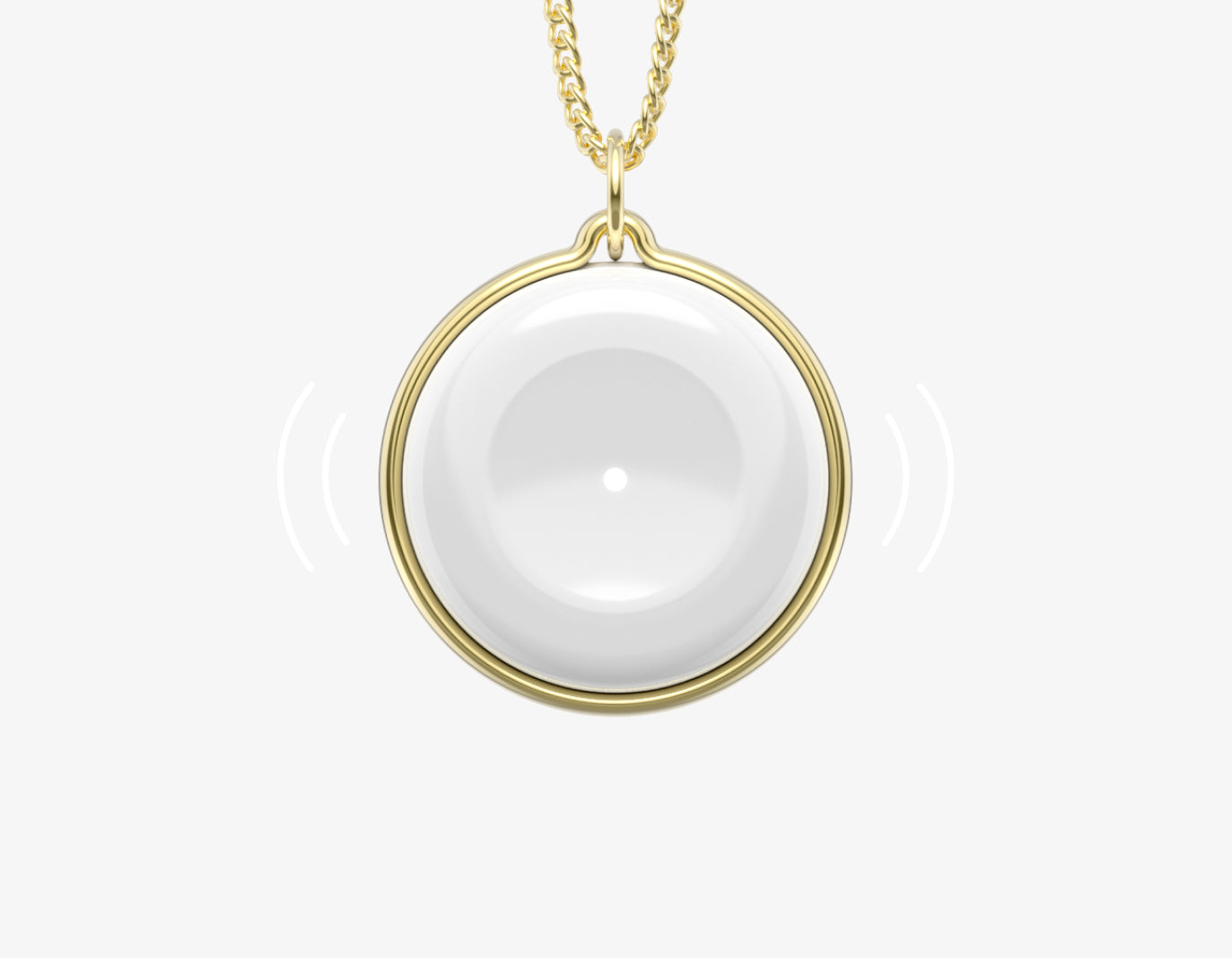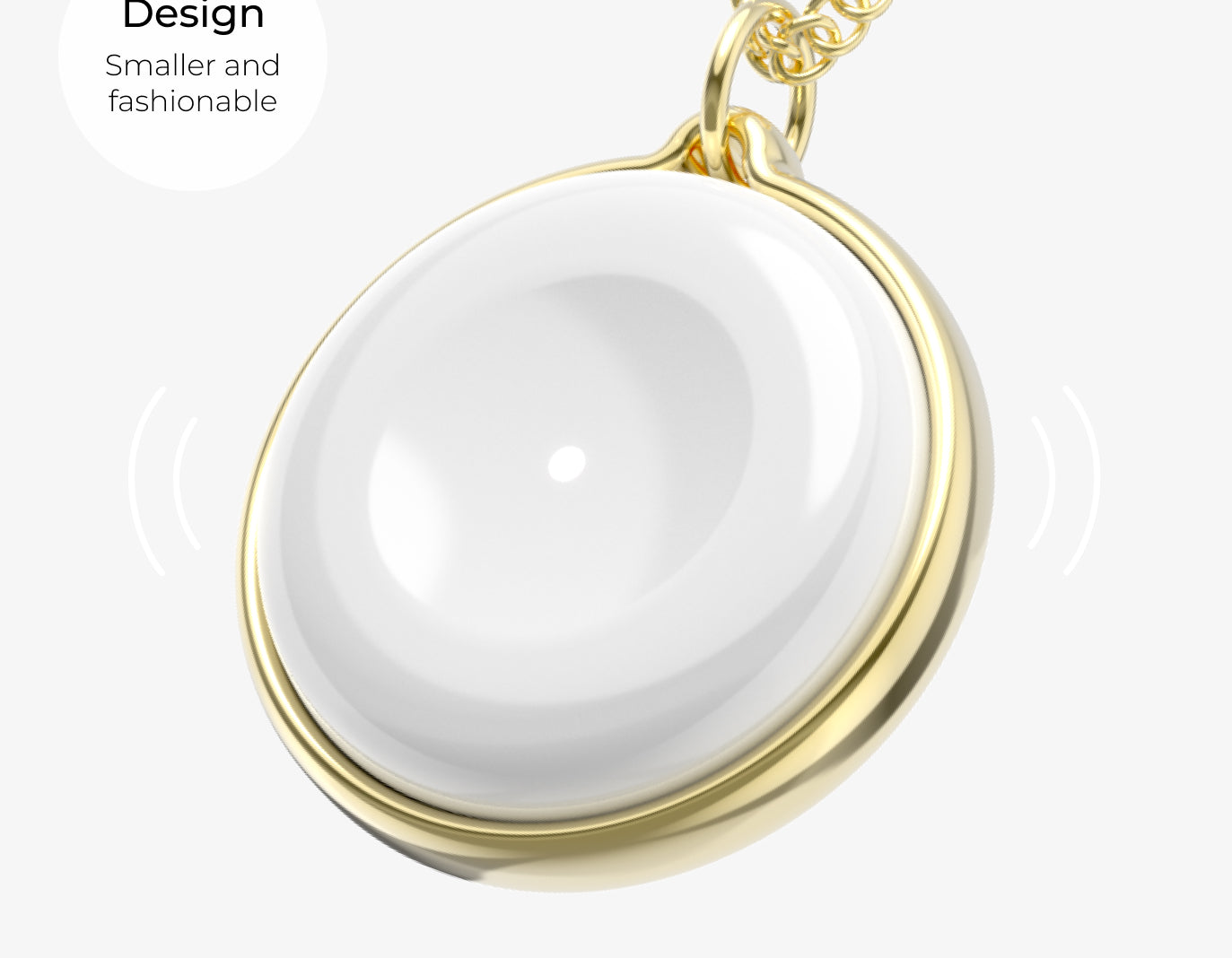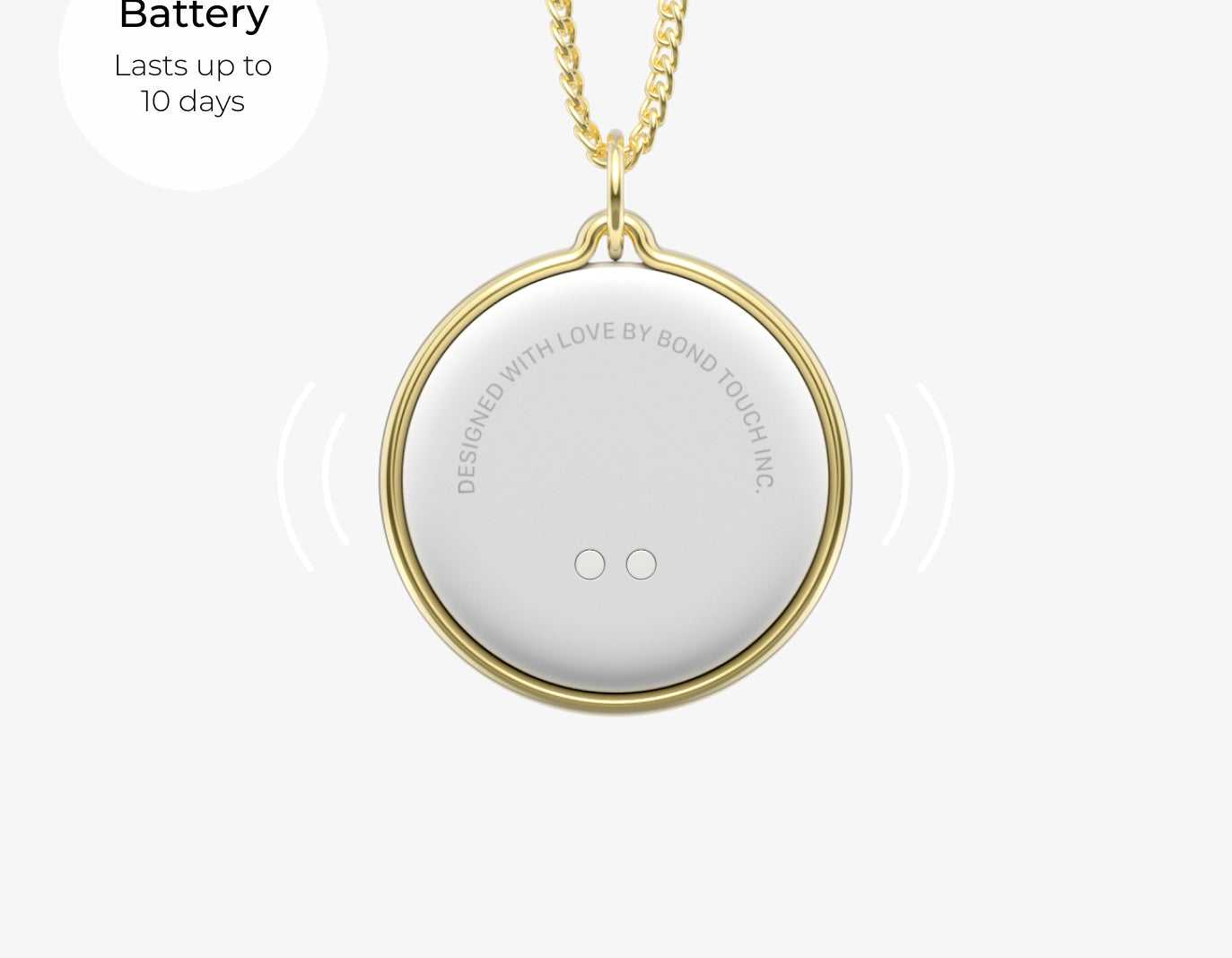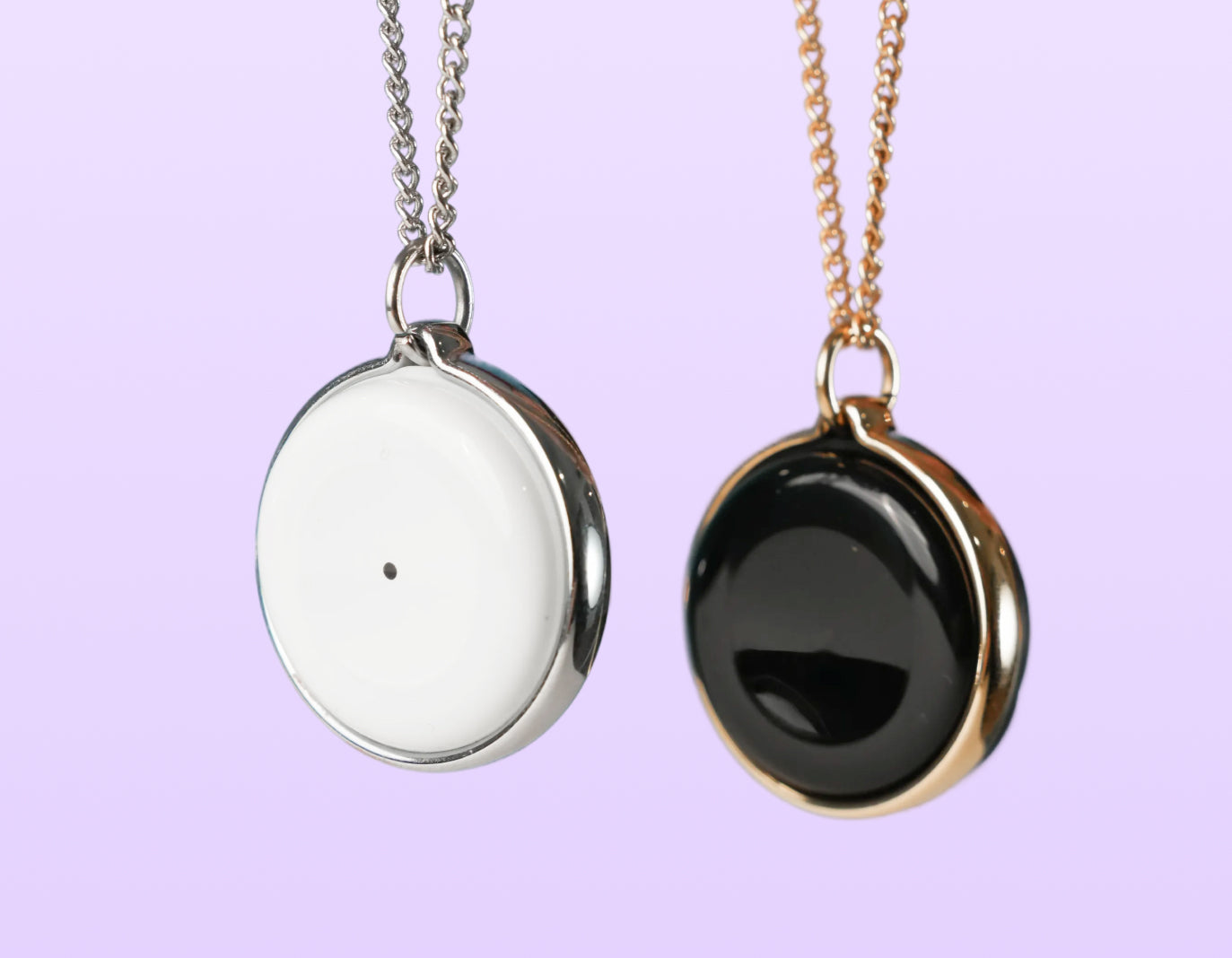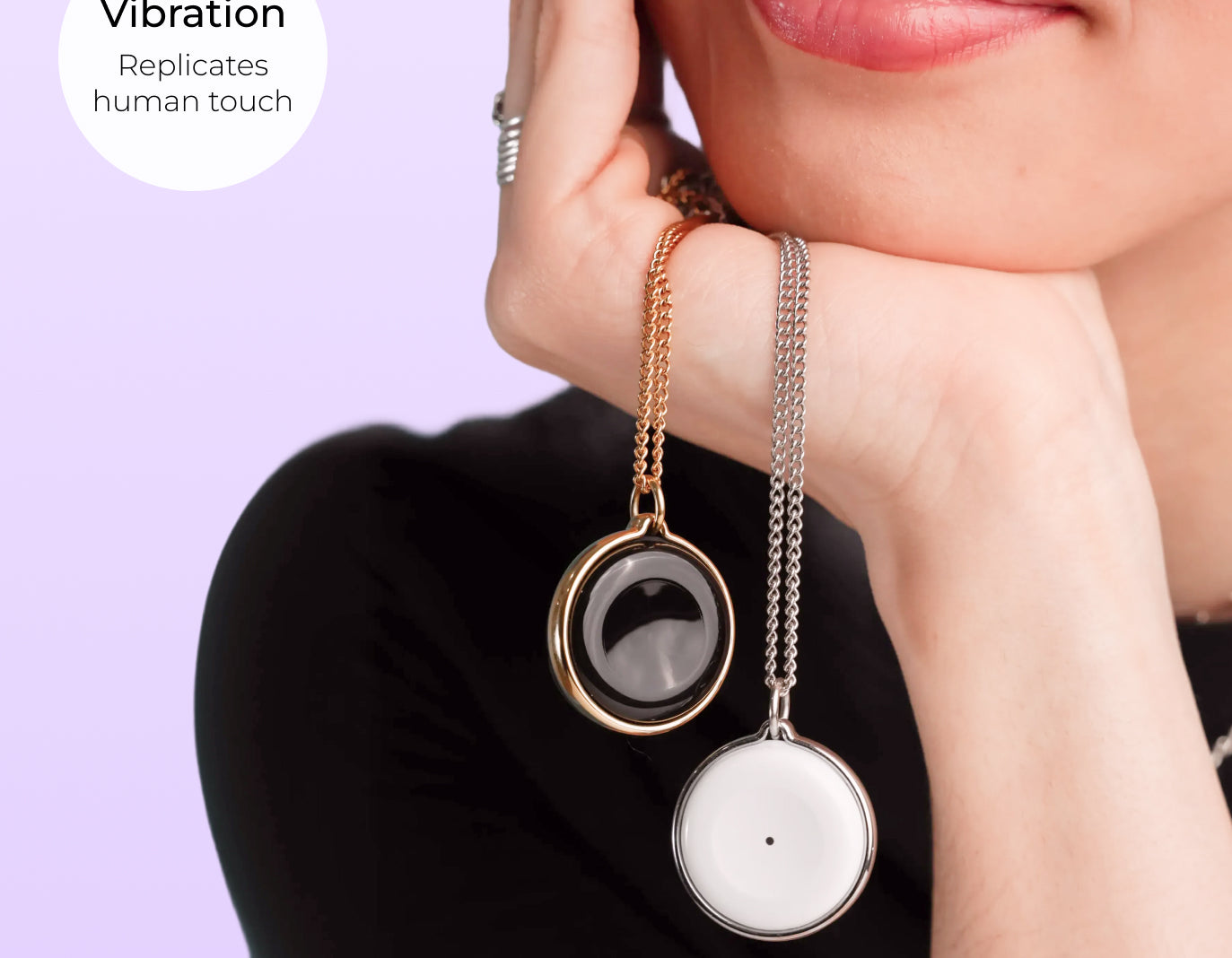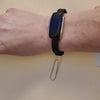When the pandemic hit last year, many of my friends and I whisked ourselves back to our parents’ homes or put off plans to move out. For many, this was a necessity rather than a choice: jobs lost, wildly unstable income and no acceptable justification for paying rent in the middle of a city that was entirely shut down.
Compared to the fast pace of pre-pandemic millennial life, the slower tempo of home working offered a welcome change. But it also meant a loss of independence and spending just a bit too much time with overbearing relatives. To remedy this, we desperately clung onto the remnants of our previous lives with virtual pub quizzes, live home comedy gigs and endless facetime chats.
Barely a minute passed without either being on a call of some kind or organizing the next.
As someone who can’t stand being on my own, I was terrified about how lockdown would affect my mental health. I’m traditionally an extrovert, absorbing energy from other people and feeling lethargic and listless after even thirty minutes in my own company. Living at home with my parents, I too threw myself into online connection with gusto, filling every waking moment I wasn’t working with Zoom calls.
I was making up for the drastic loss of in-person meet ups by doubling down on its online replacement, even speaking with people I’d long lost touch with. This lovely period of reconnecting and maintaining friend relationships online lasted for a little while. After a few months, however, I found the constant chatter absolutely exhausting. Speaking through a screen required a unique kind of energy, one I found hard to muster after endless weeks of staying indoors.
As lockdown gradually eased and distanced meet-ups were permitted, I was as desperate as everyone else to see my friends in real life. The problem for me, like for many young people living with older relatives, was that I still had to be cautious:
One of my parents is medically vulnerable so every trip out the house was laced with fear and guilt of bringing the virus home. Even when the infection rate started to drop, public transport, indoor dining and going to friends’ houses were still out of the question. Around me, I watched glumly as people’s lives started to return to some social normality, whilst I felt I was losing out on what were supposed to be the best, most fun years of my life.
After having spent the first few months of lockdown on calls with people I’d usually only see a few times a year, what I really missed was casually hanging out with my closest friends. I missed making plans to do nothing except lounge around gossiping with takeout and trash TV on in the background.
I missed starting my Saturday night at one friend’s house, then moving onto another and another, collecting people as we went. I missed the urban casualness of deciding on the spot whether to head to a bar, pub or club, then changing our minds on the way when we spotted something better.
With my parents’ blessing, I formed a small bubble with a few of my closest friends. I decided that whilst I wouldn’t spend time indoors with a large group or go out for a meal in a crowded restaurant, I would create as safe as possible a way to spend quality time with those I loved and missed the most.
One friend and I swapped the monotonous comfort of our sofas for the wide landscapes of the coast, driving there to keep the risks low. We swam in the sea, ate fries on the pier and took long cycles into town (and straight back again, it was far too busy). After returning home, separated once again, we commiserated with each other in feeling the holiday blues.

It had been such a momentous trip after more than six months without being in the same room, and coming back to the still-restricted reality of Covid-19 was a steep disappointment. We didn’t wallow for too long: we planned our next trip – and our next. Another close friend and I heralded the return of our once-weekly movie marathon, cozying up in a duvet with freshly cooked pasta on our laps.
It felt like the good old days.
It’s hard to talk about the pandemic without relying on overly-used cliches. It’s been a ‘time to reflect on what really matters,’ an ‘opportunity to take stock of what’s most important in life.’ Despite the tweeness of these platitudes, they hold significant truths.
The past year has been mostly hellish with small glimmers of light revealing new knowledge and understanding about the world and ourselves. I have found the extended lockdowns hugely difficult at times, it’s true. But having to adapt to the restrictions whilst keeping my parents safe at home has helped me reinforce the bonds I have with my close friends, as well as rekindle relationships with people I never thought I would see again. I’ve visited places I’d never been before.
And I found new ways to enjoy the most important relationships in my life.










